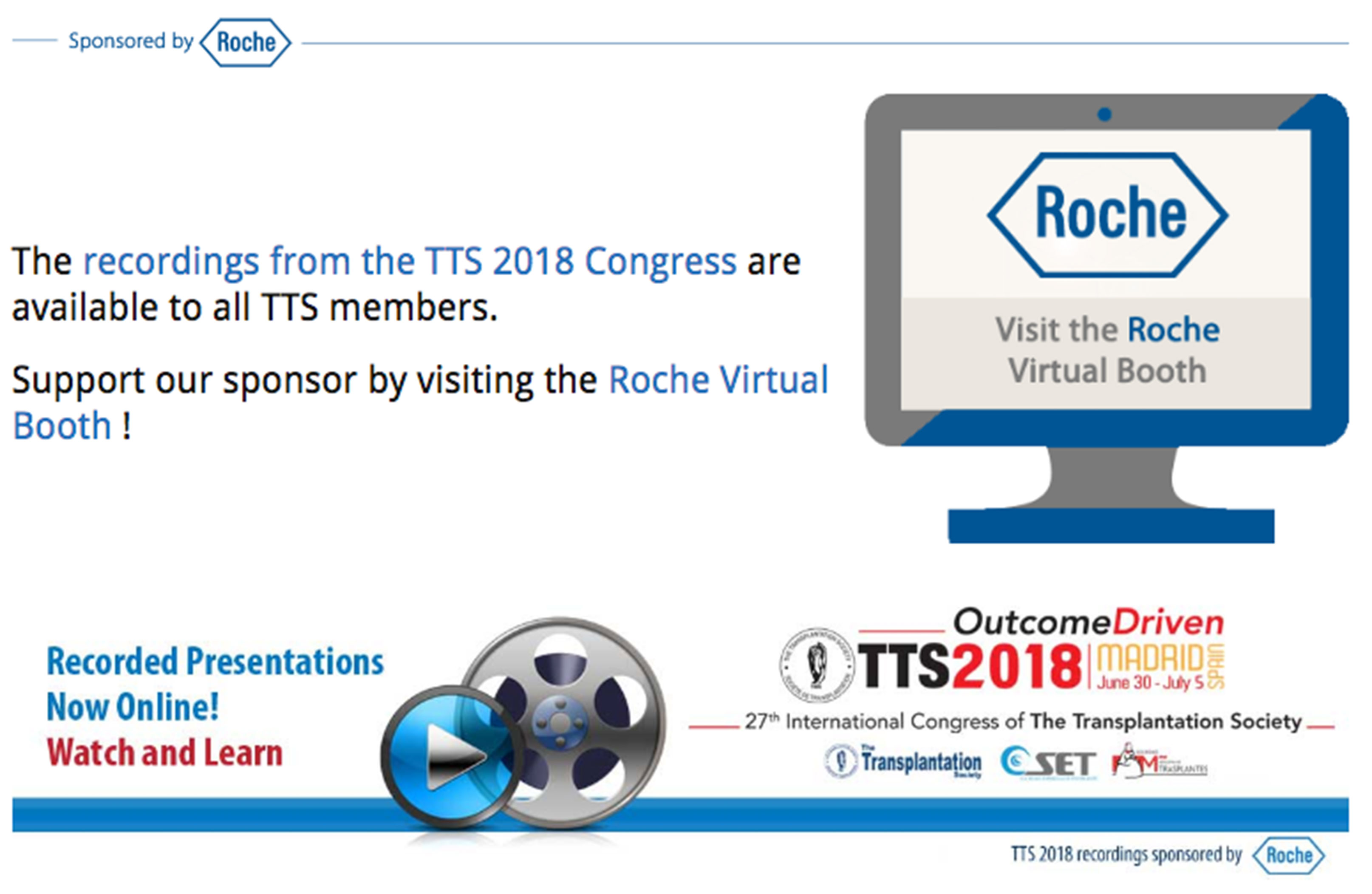TTS and Member News
2020
Call for TTS Committee Members

Every two years, TTS reviews the membership in its Committees to ensure that they are representative of the overall TTS membership.
The role of the Committees within TTS are extremely important to ensure the ongoing development of our Society and make certain that it continues to meet the needs to our membership. As such, it is important that we have a good representation on each committee to address the varied needs of our membership, whether from a geographic, gender or role perspective.
In reviewed the composition of our Committees, we find that the vast majority have good, balanced representation. However, some Committees would benefit from increased diversity, particularly from a geographic standpoint. As such, we are seeking self-nominations to participate in the following Committees:
COMMITTEE |
ADDITIONAL REGIONAL REPRESENTATION NEEDED |
Heart and Lung Committee |
Middle East/Africa, Latin America |
Membership Committee |
Middle East/Africa, Oceania |
Young Members Committee |
Europe, Oceania, Latin America |
Though we have identified needs for additional geographic representation based on the above criteria, we welcome any self-nominations. The Committee Chairs will review the self-nominations to ensure a complete and balanced Committee.
The only expectation of nominees is that they actively participate in committee activities and lead the work of their committee within their respective regions.
If you are interested in joining a committee, click the button below. Please note, you must be logged into the website.
If you are not a TTS member and are interested in learning more about the Young Member's Committee please email committees@tts.org.
Application Form For TTS Committee Members - You must be logged into the website
Attend FOCIS Virtual Translational Immunology Meeting
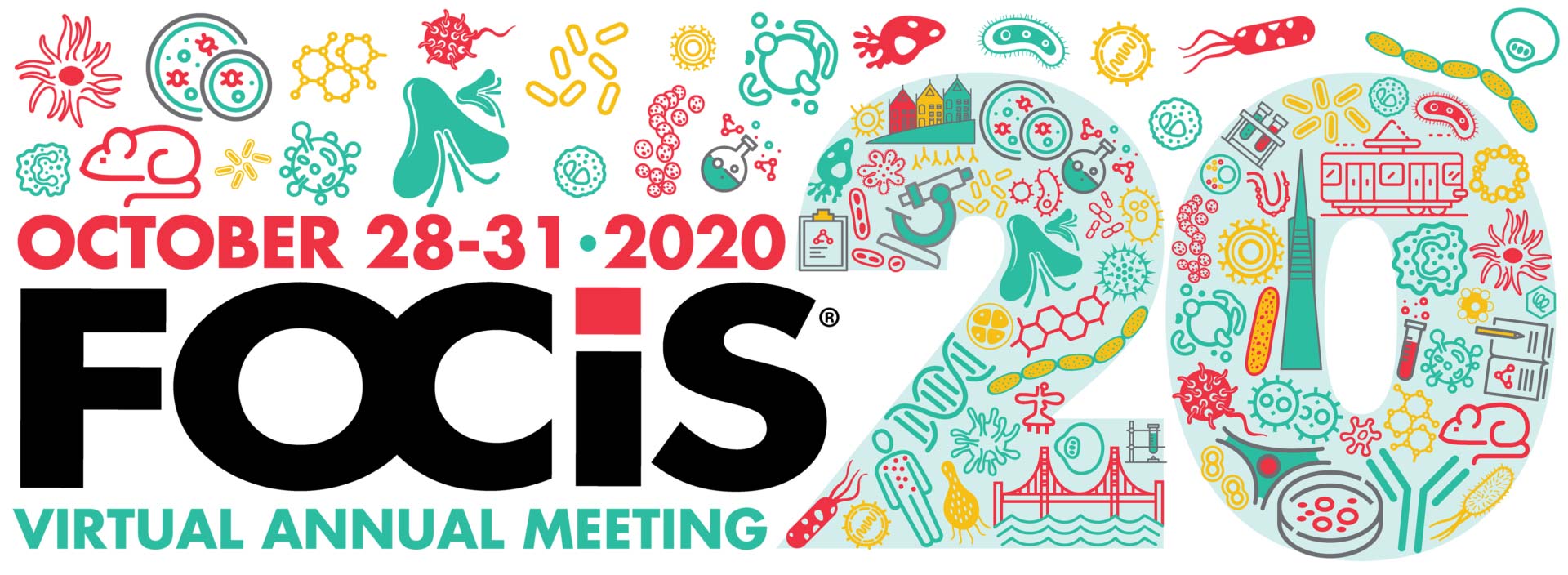
TTS members are invited to attend the FOCIS 2020 Virtual Annual Meeting – THE meeting in translational immunology!
The Federation of Clinical Immunology Societies exists to improve human health through immunology.
The FOCIS 2020 Virtual Annual Meeting on October 28-31, 2020, brings together an interdisciplinary group of world-renowned physicians and researchers to share the latest findings on diseases impacting the immune system.
FOCIS 2020 Annual Meeting
We’re celebrating the 20th anniversary of the FOCIS Annual Meeting with an innovative lineup of topics and presenters. The FOCIS 2020 program has something for everyone!
When you register for the FOCIS 2020 Annual Meeting, you will gain access to:
- More than 20 scientific sessions, presented by more than 50 top clinicians and researchers from around the globe speaking on cutting-edge topics across immunology and its related fields.
- Opening Session with Dr. Anthony Fauci, and Keynote Addresses from Nobel Laureate Dr. Tasuku Honjo, Dr. Federica Sallusto and Dr. Irv Weissman.
- 20th Anniversary presentations from FOCIS founders Dr. David Hafler and Dr. Garry Fathman, Dr. Maria-Grazia Roncarolo, Dr. Carl June, Dr. Marc Feldman and Dr. Gerald Nepom, as well as a prospective look into the next 20 years.
Hear from other world-class experts in the field including…
- Dr. Bana Jabri
- Dr. Vishva Dixit
- Dr. Ira Mellman
- Dr. Jane Grogan
- Dr. Jason Cyster
- Dr. Jenny Ting
- Dr. Lydia Lynch
- Dr. Shimon Sakaguchi
- Dr. Max Krummel
- Dr. Megan Levings
- Dr. Michael Fishbach
- And many more!
And those breaking new ground on COVID-19 in the special Immune Response to Vaccines and Infections Plenary Session…
- Dr. Alessandro Sette
- Dr. Barney Graham
- Dr. George Yancopoulis
- Dr. Stanley Perlman.
Register today to gain a competitive edge in your career. Join FOCIS prior to registering to secure the lowest registration rates! <Member Society> members receive a reduced rate on FOCIS membership.
NEW Group Registration: New this year, group registration is offered to groups of 3+ with a commonality of organization or working group. For more information visit the FOCIS website or to request the group registration form, please email info@focisnet.org.
Why FOCIS 2020 is Right for You!
- Get Ahead: See the latest developments across immunology disciplines to uncover novel solutions to the challenges facing the translational immunology community.
- Grow Your Knowledge: Three virtual educational courses held before the virtual meeting to fill your knowledge gaps, including Basic Immunology in Medicine course, Cancer Immunity and Immunotherapy course, and Systems Immunology.
- Participate at Your Own Pace: Unable to attend a session at its designated? No problem! FOCIS sessions will be available around the clock for you to view at your leisure. You won’t even need to leave your house to watch sessions, view abstract posters, talk with exhibitors or network with colleagues from across immunology disciplines.
Your work can still be a part of FOCIS 2020! Submit your research to present at FOCIS 2020. Late-breaking abstract submission is open until August 31, 2020 and will be considered for both oral and poster presentation. FOCIS members selected for oral presentation will earn a FOCIS Research Award 2020 in the form of complimentary registration.
Stay ahead of the curve by making plans to attend the FOCIS 2020 Virtual Annual Meeting. With an innovative lineup of topics and presenters, the FOCIS 2020 program has something for everyone! #FOCIS
Federation of Clinical Immunology Societies (FOCIS)
N83 W13410 Leon Road Menomonee Falls, WI 53051
www.focisnet.org |414-359-1670 | info@focisnet.org
Facebook / Twitter / LinkedIn / YouTube
2019
TTS Endorsed 3rd Joint Congress of the Turkish Transplantation Society and the Turkic World Transplantation Society Takes Place with Resounding Success
Since the past 25 years, TTS President Professor Mehmet Haberal and his team at Baskent University have been working with colleagues in the Mid Asia region to assist them in establishing successful treatments for end stage organ disease. In addition to the education and training of doctors and nurses from various fields, several transplant surgeries were also performed for the first time by Prof. Haberal and his team, such as the first pediatric liver transplants in Kazakhstan in 2014, and the first pediatric kidney transplant and the first living-related transplant between spouses that were performed in Tashkent, Uzbekistan in 2018.
In an effort to encourage further collaboration and to answer the needs of these states, the Turkic World Transplantation Society (TDTD) was founded in December 2014. The first congress of the Society was held shortly thereafter in Astana, Kazakhstan on May 20-22, 2015, followed by the first Joint congress with the Turkish Transplantation Society (TOND) in Baku, Azerbaijan in 2016 and then in Ankara, Turkey in 2017. On October 10-11, 2019 the 3rd Joint Congress of TOND and TDTD took place with great success.
The Congress, which was organized and chaired by Prof. Haberal, boasted 24 invited speakers from the world over, all leaders in their respective fields and more than 450 participants from 25 countries. The meeting was endorsed by The Transplantation Society as well as the Ministry of Health of Uzbekistan, with Deputy Minister of Health Prof. Abdukhakim Khadjibaev acting as Chair of the Local Organizing Committee.
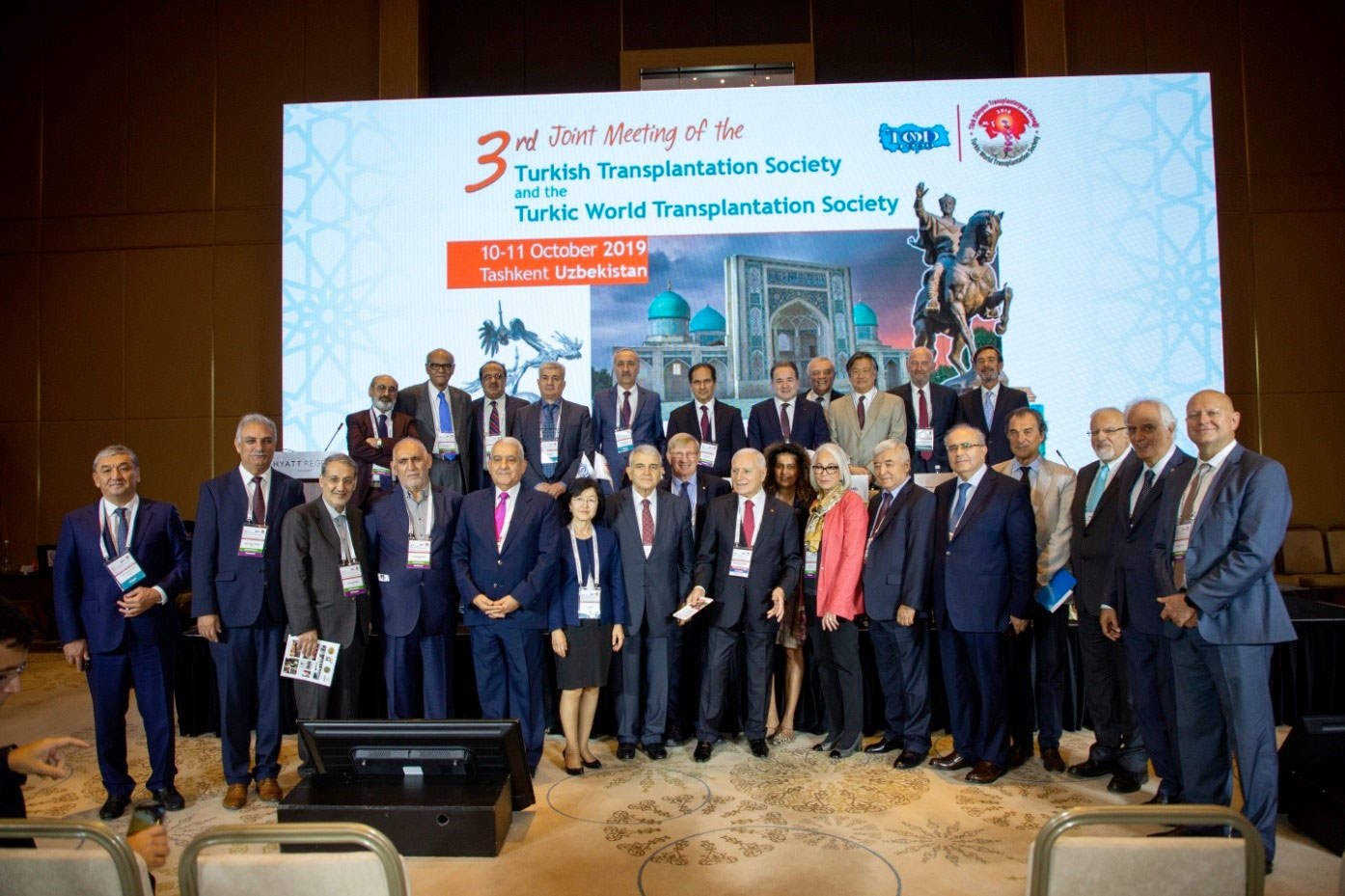
A group photo of Prof. Haberal with the invited speakers
The Opening Ceremony of the congress drew a large number of participants and was attended by the Minister of Health Prof. Alisher K. Shadmanov. In his welcome remarks, Minister Shadmanov drew attention to the important contributions that Prof. Haberal had made to the Republic of Uzbekistan and, in reference to a private meeting they had held prior to the congress, the important steps they would continue to take based on Prof. Haberal’s recommendations and with his continued support. Following these words of praise, the Minister presented Prof. Haberal with Honorary Professorship of the Tashkent Pediatric Institute and Prof. Haberal presented the Minister with a plaque commemorating the congress.
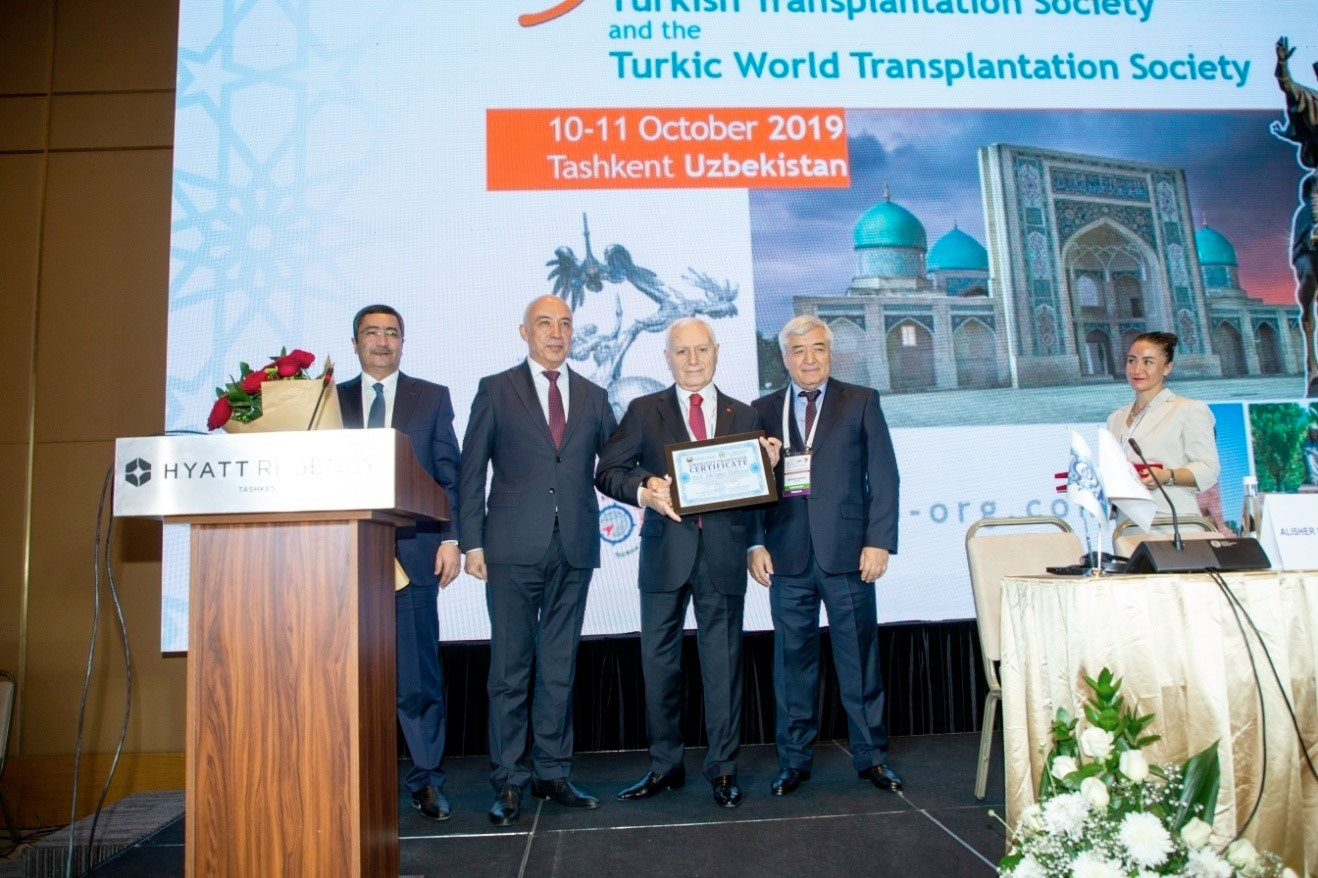
Minister of Health Prof. Alisher K. Shadmanov presents Prof. Haberal with Honorary Professorship of the Tashkent Pediatric Institute.
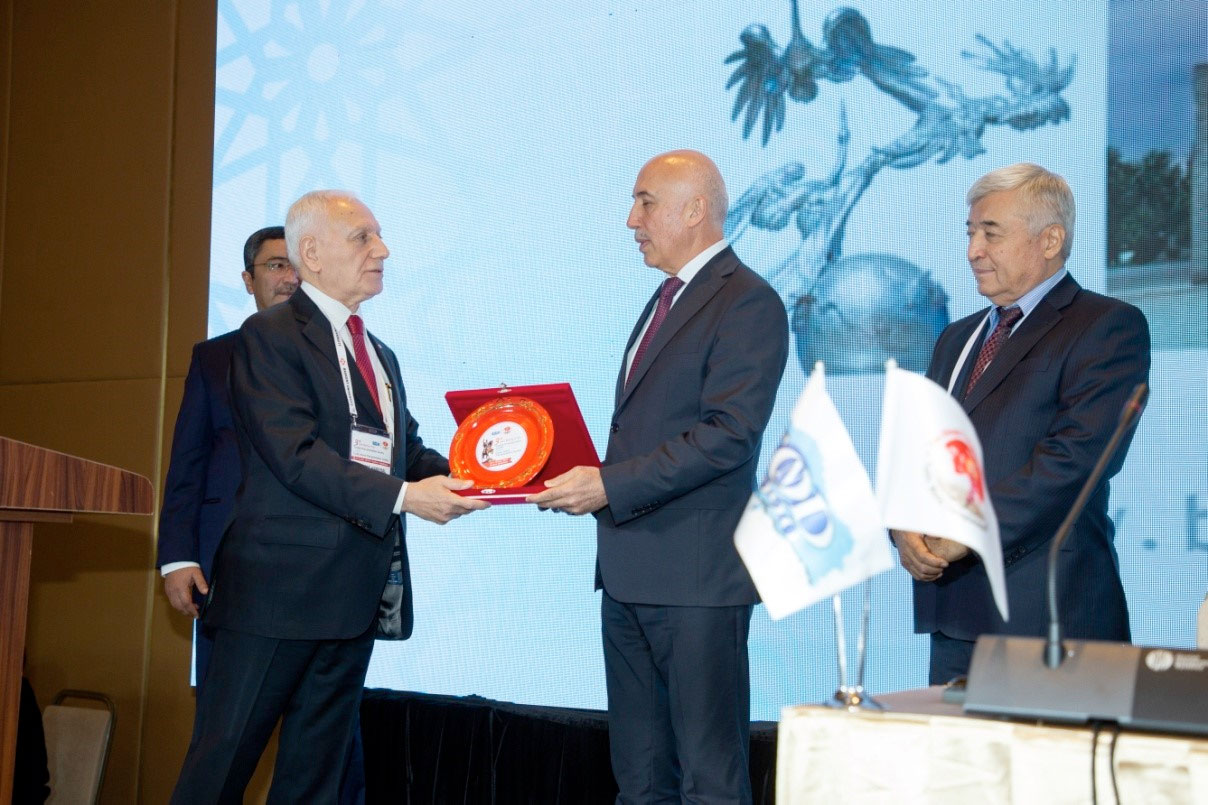
Prof. Haberal presents Minister Shadmanov with a plate commemorating the congress.
Among the guests at the ceremony was a group with special meaning to Prof. Haberal – these were the first patients to receive transplants from Prof. Haberal and his team in Uzbekistan. Living healthy lives for the first time, they welcomed Prof. Haberal with great fondness and gratitude.
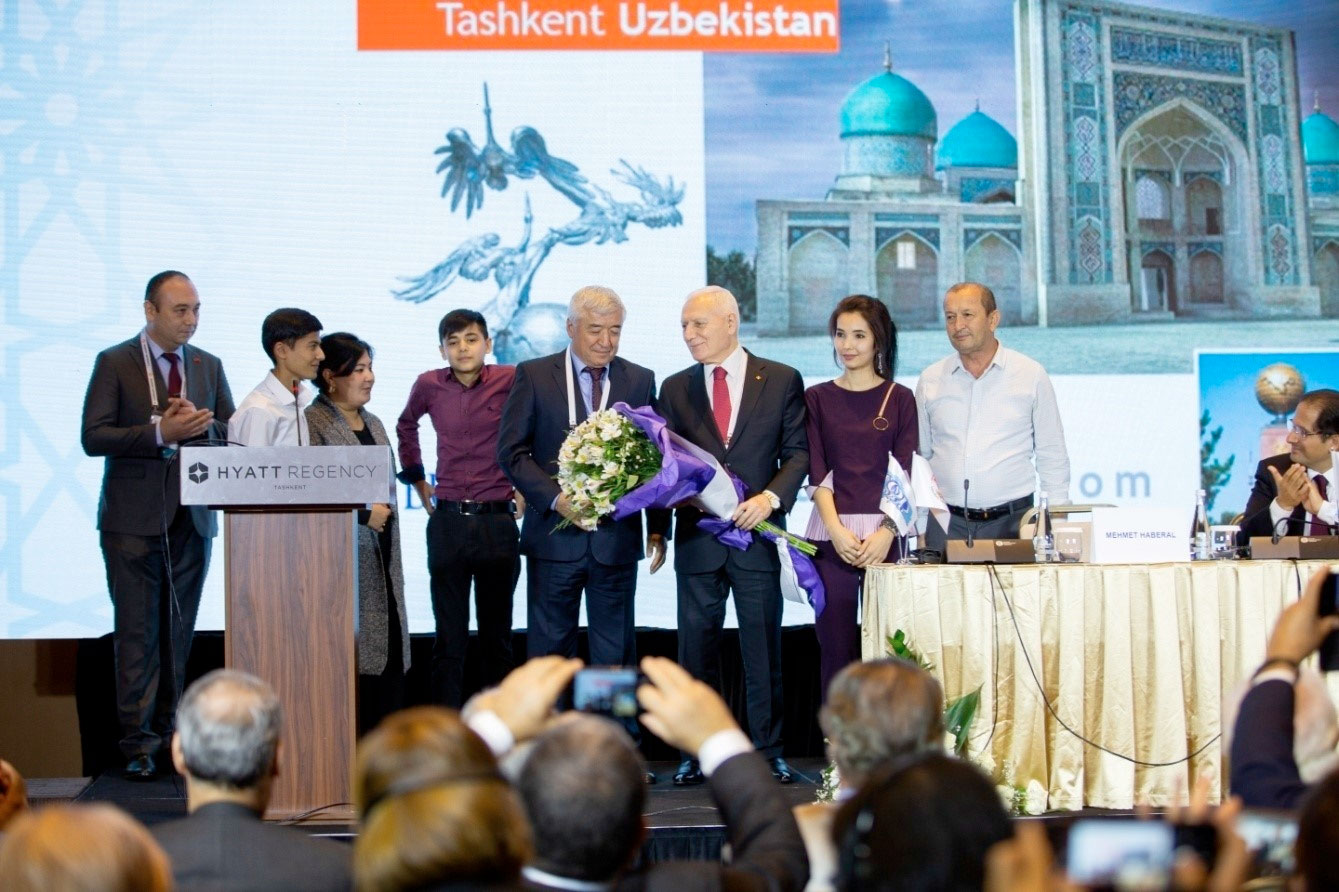
Prof. Haberal received flowers from his first transplant patients in Uzbekistan.
Following a day of scientific sessions, the guests and congress participants gathered at the Gala Dinner that showcased traditional Uzbek dances and singing. Minister Shadmanov was once again in attendance, and opened the dinner with a speech thanking Prof. Haberal once again for his efforts for the people of Uzbekistan and the region and then presented him with an official seal in recognition of his valuable contributions to medicine and patient care in Uzbekistan.
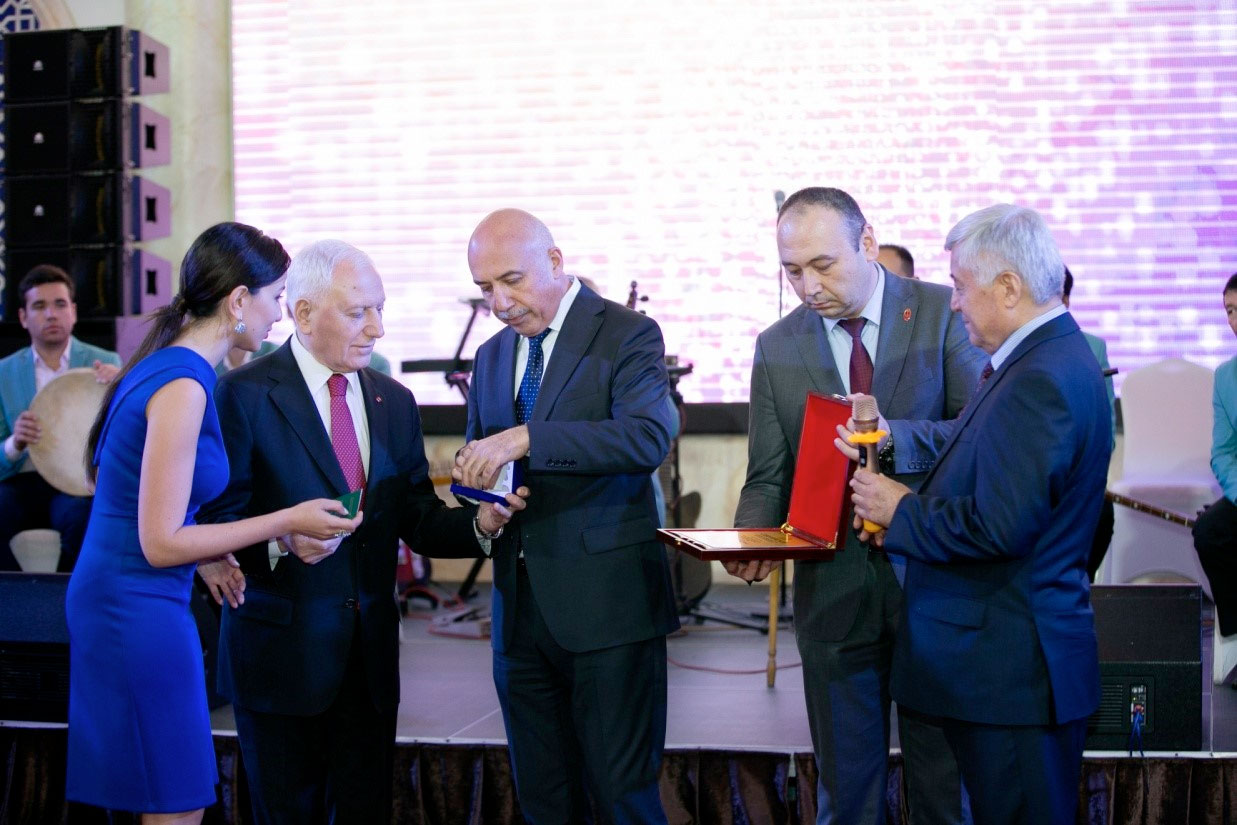
Prof. Haberal is presented with an official seal in recognition of his valuable contributions to medicine and patient care in Uzbekistan.
The scientific program continued through the next day, with special emphasis on the experiences of the Turkic states in transplantation. The Executive Committee of TTS took this opportunity to also meet and discuss various issues, including the upcoming 2020 congress and other society initiatives.
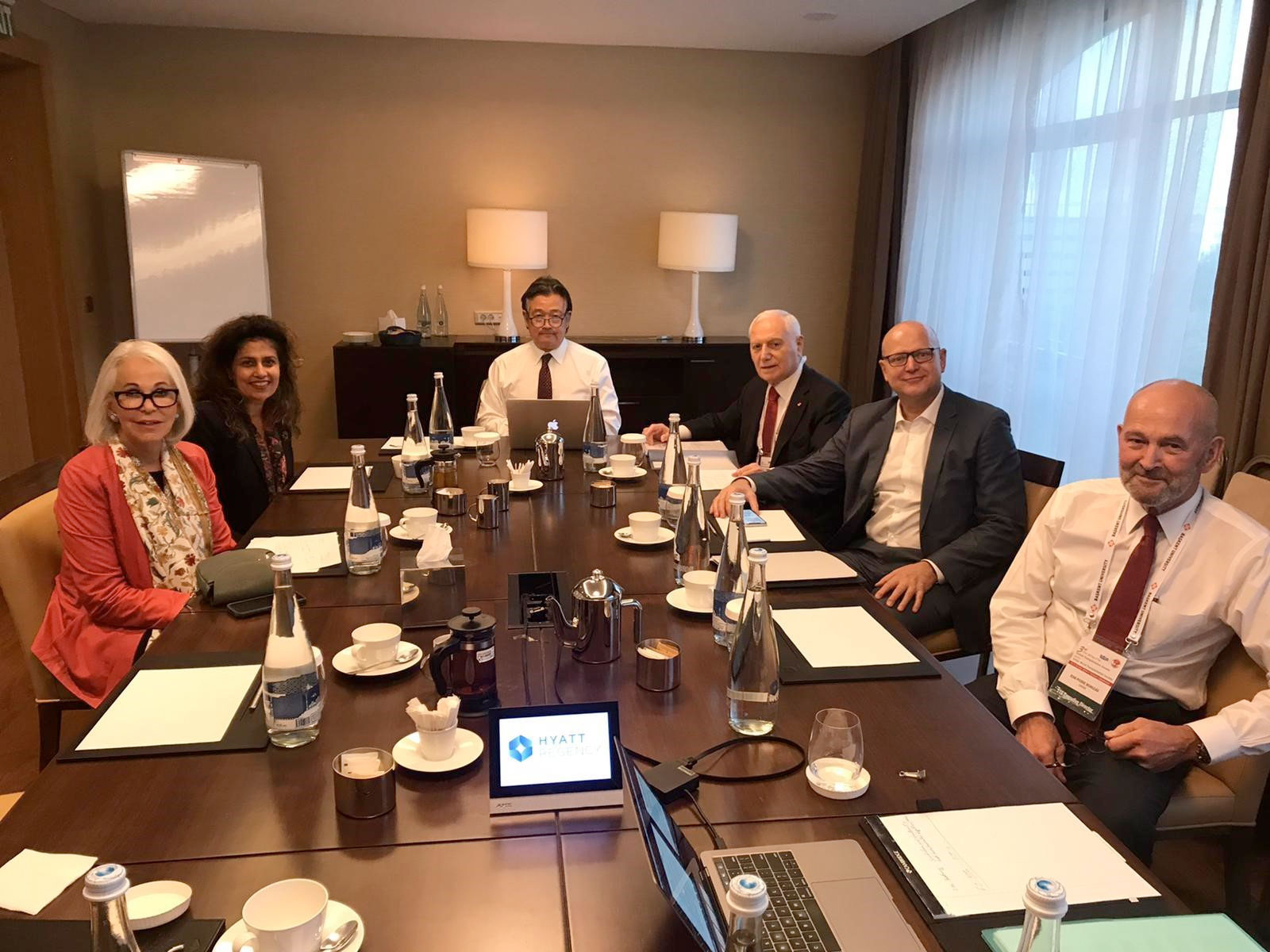
TTS Executive Committee Meeting
Also coming together to discuss future plans was the Council of the Middle East Society for Organ Transplantation, who finalized the dates of their next congress as 3-5 December, 2020 to be organized in Muscat, Oman.
This congress was also the occasion when several awards were presented for the first time. During the closing ceremony, Dr. Farhod Khadjibaev received the Nebil Büyükpamukçu Award for Best Poster Presentation while Prof. Handan Özdemir was selected as the recipient of the Nevzat Bilgin Award for Best Oral Presentation. Following these, the Roy Calne Clinical Transplantation Award was presented to Prof. Seyed Ali Malek-Hosseini , the Wesley Alexander Research in Transplantation Award was presented to Prof. Marwan Masri, and the Ihsan Doğramacı Distinguished Mentor Award was presented to Prof. Nancy Ascher. Prof. Haberal closed the congress with a final word of thanks to all attendees and everyone involved in the organization and presented a gift to Deputy Minister Prof. Khadjibaev for his support of and contributions to the meeting.
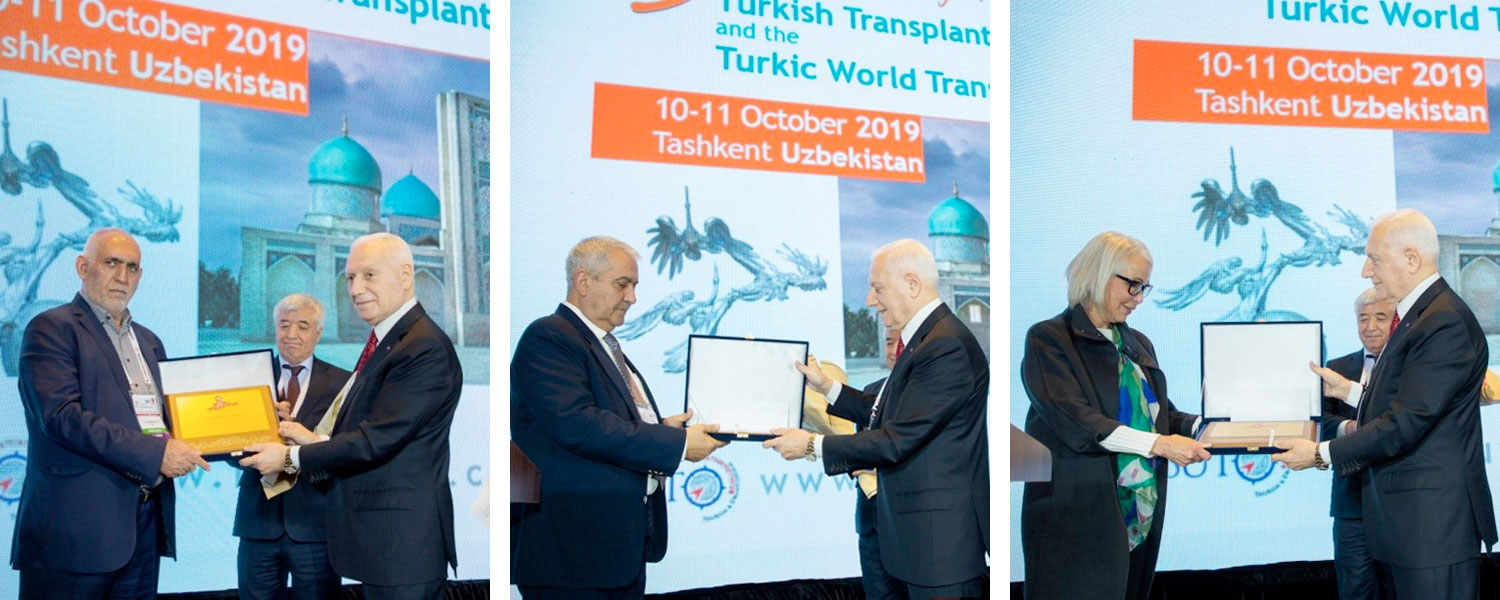
Prof. Malek Hosseini , Prof. Marwan Masri, and Prof. Nancy Ascher receive awards for their contributions to transplantation.
The 3rd Joint Congress of TOND and TDTD proved to be a great success, with high positive feedback from all who were in attendance. Realizing that education and public awareness of the availability of medical services is essential for transplant programs to flourish, the organization of congresses and use of the mass media becomes paramount to support such efforts in all regions. The cooperation between TDTD and TOND is one such example and this congress was no exception in its goal to create a platform for collaboration resulting in enhanced education, training, and knowledge-sharing.
A few words about SPLIT – the newest TTS section

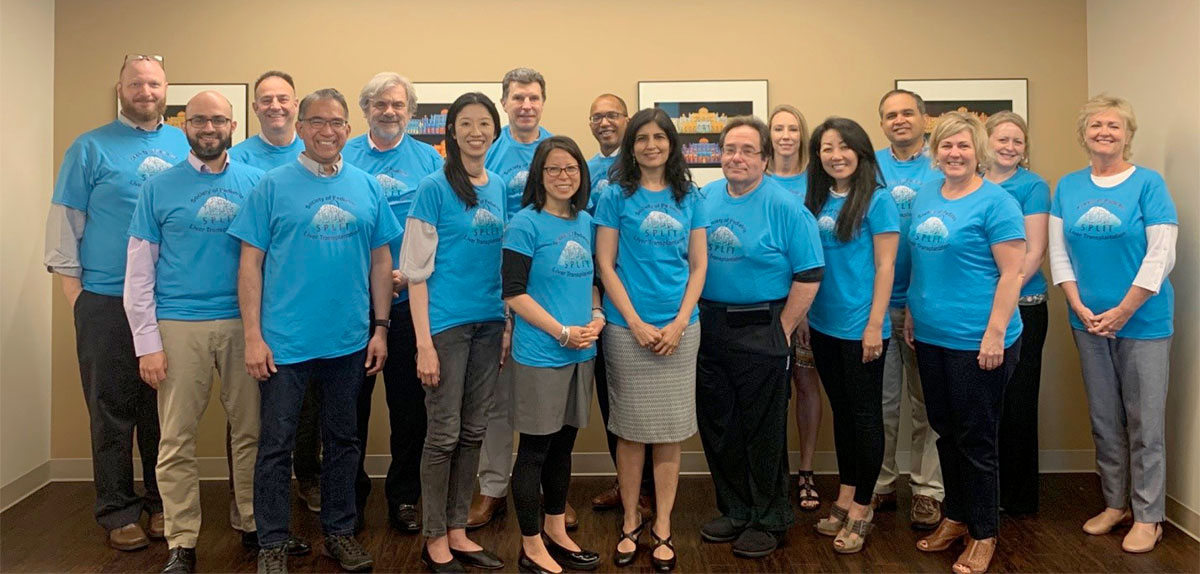
Photo taken of the 2019 Council at our Mid-Year Meeting in Rockville, Maryland.
Back row (from left to right): Jeff Mitchell, Simon Horslen, Riccardo Superina, Marcelo Cantarovich, Beau Kelly, Jennifer White, Ravinder Anand, Katie Tait, Sue Feist
Front row (from left to right): Saeed Mohammad, George Mazariegos, Vicky Ng, Evelyn Hsu, Nitika Gupta, Steve Lobritto, Sue Rhee, Dana Mannino
The Studies of Pediatric Liver Transplantation (SPLIT) was started in 1995 and has evolved from a voluntary research registry into a multi-faceted organization focused on research, education, quality improvement, patient advocacy, mentorship, and improving outcomes for children receiving liver transplantation. Work from the SPLIT data registry was modeled to help develop the disease severity scoring system (PELD) for children. SPLIT held NIDDK U01 funding between 2004 and 2009. The organization has continued to grow in scope and membership, but remains constant with the unwavering vision to be the voice for children requiring liver transplantation. In 2018, SPLIT incorporated, changed its name to The Society of Pediatric Liver Transplantation (allowing retention of its longstanding SPLIT acronym), acquired tax-exempt status (501c(3)), and became the newest section of The Transplantation Society.
SPLIT continues with its mission to improve the outcomes in children receiving liver transplantation through research, quality improvement, training, mentoring and patient advocacy. SPLIT is currently comprised of over 40 pediatric liver transplant centers from the United States, all pediatric liver transplant programs in Canada, as well as three sites from Australia, India and Saudi Arabia. To achieve the SPLIT mission, the SPLIT Executive Committee (comprised of the SPLIT President, Past-President, President-Elect, Treasurer along with its TTS liaison and data coordinating center representatives) oversees all SPLIT activities and finances, and works with the SPLIT Council (comprised of the Research, QICC, Education, Registry, Allied Health Professionals, and Parents, Families, and Engaged Partners (PFEP) Committee Chairs, plus two Physicians-at-Large members) to ensure the deliverables and goals of the SPLIT committees. The SPLIT Education committee also oversees an annual SPLIT meeting, which has become the “go-to” educational and networking event each year for the pediatric liver transplant academic community. This is a 2-day focused symposium with an agenda targeting state-of-the-art lectures addressing highly relevant and timely issues delivered by experts in the field.
In addition to monthly calls, the SPLIT Council meets face-to-face biannually to review strategies, goals and objectives towards the SPLIT mission. We would like to thank Dr. Marcelo Cantarovich, TTS President-Elect, for participating in our 2019 Mid-Year meeting, given this was the first SPLIT Council meeting since becoming a TTS section. Held on May 30-31, 2019 in Rockville, Maryland, this meeting was a wonderful bidirectional opportunity for SPLIT and TTS to learn firsthand about the two organizations’ missions, visions, strategic goals, and opportunities to engage together towards shared passions and synergies. Dr. M. Cantarovich presented about the history, the structure and the vision, mission and global role of the TTS. SPLIT is looking forward to working together with TTS in the coming years!
Benefits of SPLIT membership include:
- Immediately becoming part of a vibrant and established community who share this passion
- Access to participate in SPLIT committees Eligibility for SPLIT research and travel grants
- Discounted membership fees for TTS and other TTS sections
- Discounted registration fee to attend the next SPLIT Annual Meeting
- Where: Houston, Texas (Hilton Americas-Houston Hotel)
- When: October 23-25, 2019
Questions about SPLIT? Please do not hesitate to reach out to:
- Katie Tait (TTS-SPLIT Liaison) at katie.tait@tts.org
- Vicky Ng (SPLIT President) at vicky.ng@sickkids.ca
- Beau Kelly (SPLIT President-Elect) at beaukellymd@gmail.com
Are you interested in becoming part of a vibrant community with a passion for improving outcomes for children requiring liver transplantation?
Become a SPLIT-TTS Member Today!
PROF. HABERAL RECEIVES HONORARY FELLOWSHIP OF THE ROYAL COLLEGE OF PHYSICIANS AND SURGEONS OF GLASGOW
Prof. Mehmet Haberal, President of The Transplantation Society, was selected by the Royal College of Physicians and Surgeons of Glasgow to receive Honorary Fellowship, which is presented only to those distinguished individuals who possess an international reputation in the field of surgery or medicine.
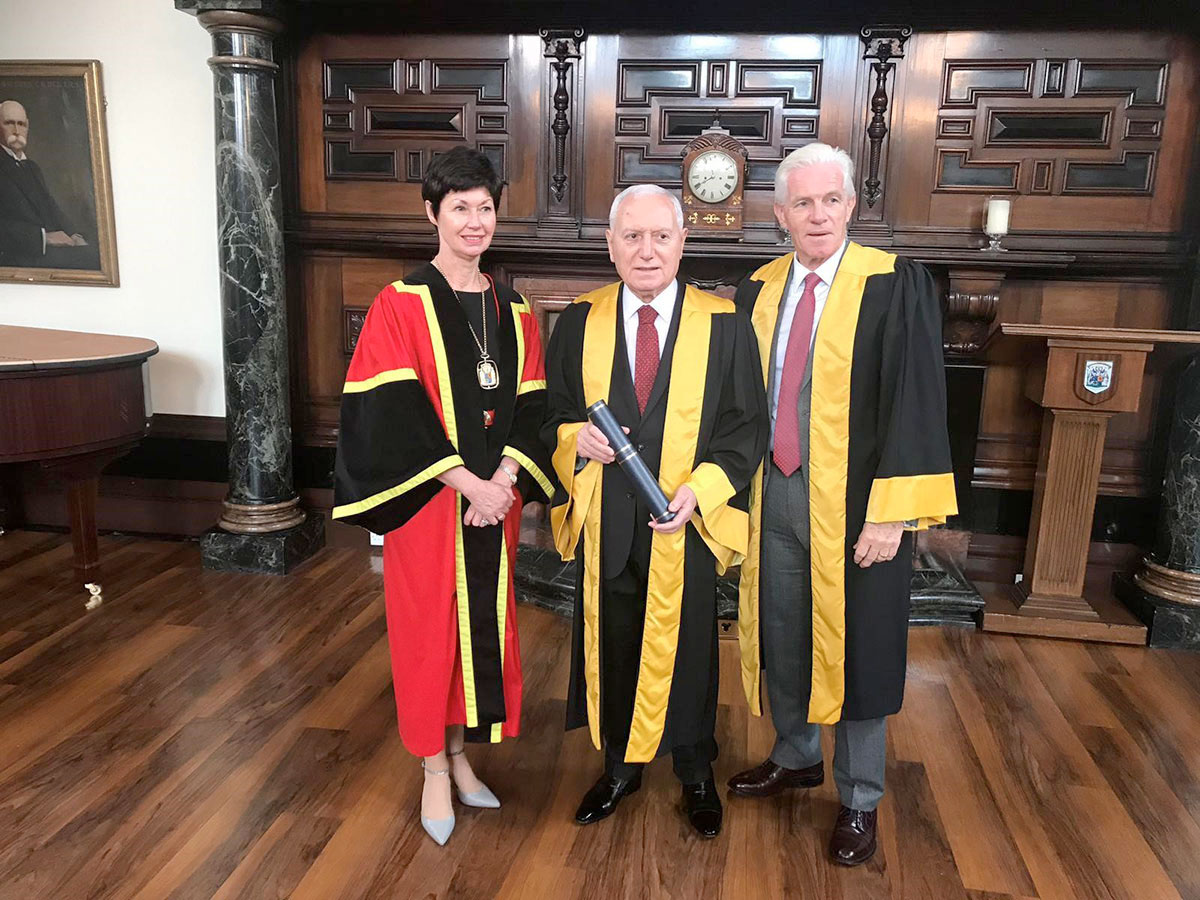
Prof. Mehmet Haberal with RCPSG President Prof. Jackie Taylor and RCPSG Past-President Prof. David Galloway following the ceremony.
To receive this honor, Prof. Haberal was invited to Glasgow, Scotland, to take part in the Admission Ceremony of the Royal College of Physicians and Surgeons of Glasgow. The ceremony was held in the historic Bute Hall of the University of Glasgow, which was established more than 400 years ago in 1599. Prof. David Galloway, Past President of the RCPSG, introduced Prof. Haberal to the distinguished members as a pioneer in transplantation and burn surgery and as founder of Başkent University, the first Foundation University in Turkey with a medical faculty and health services. Highlighting each of the pioneering surgeries Prof. Haberal performed during his illustrious career, Prof. Galloway praised him for his dedication to medicine and to his patients. Following his introduction, Prof. Haberal was conferred Honorary Fellowship of the RCPSG by President Prof. Jackie Taylor.
Having received “Distinguished Fellowship” of the Royal Society of Medicine in the UK, followed by Honorary Fellowship of the International Medical Sciences Academy just one year previously, Prof. Haberal expressed his appreciation to the College for the honor bestowed upon him and declared his intention to continue collaboration with them in medicine and education in the future.
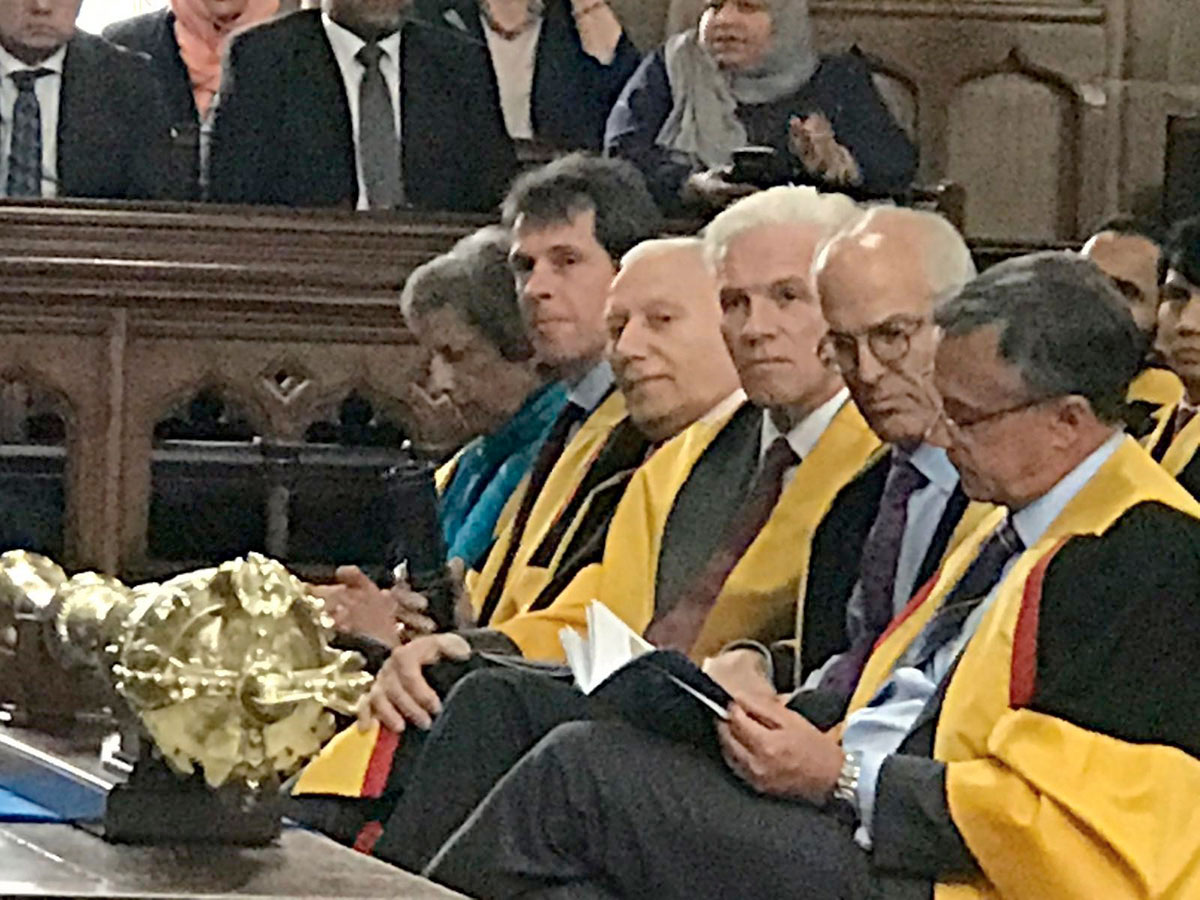
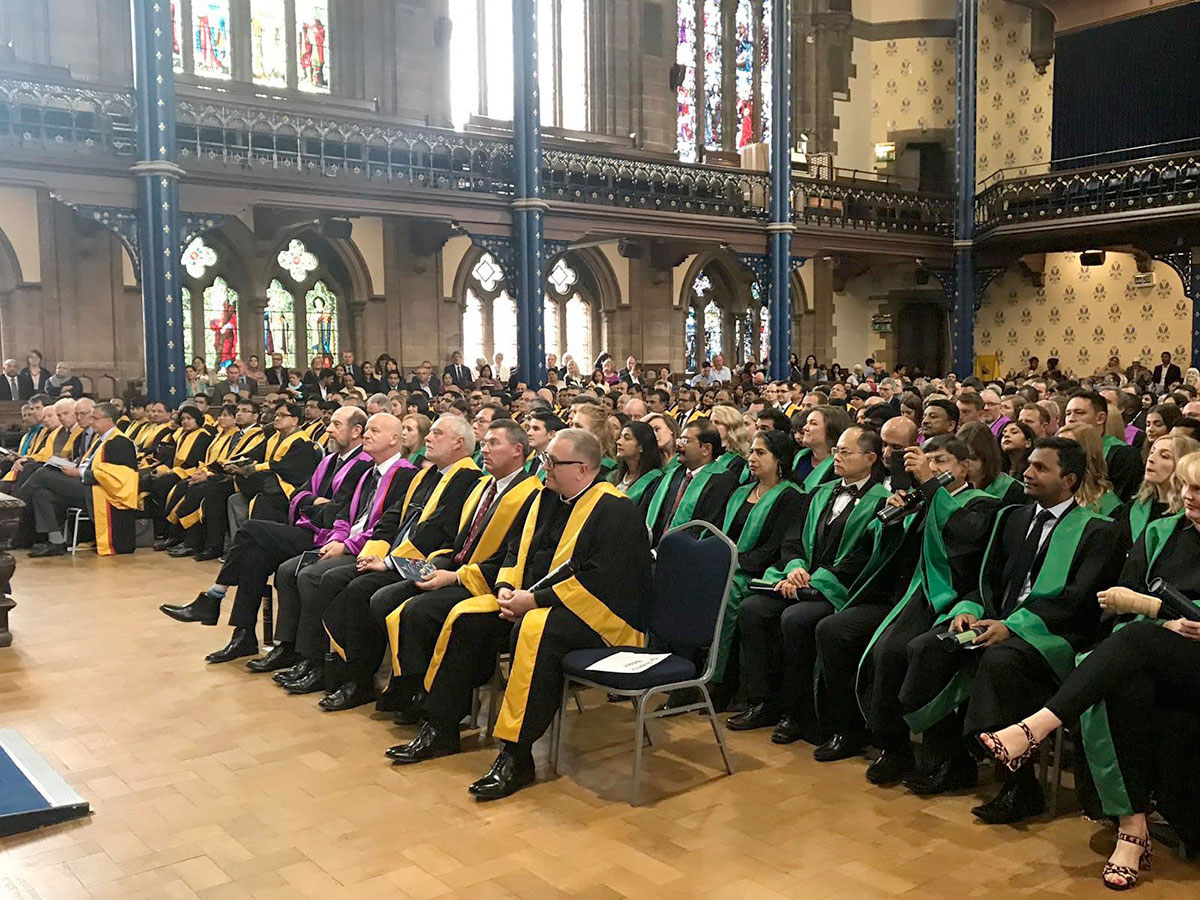
FIFTH INTERNATIONAL TRANSPLANT CONFERENCE, AT UNIVERSITY OF WARWICK, COVENTRY, U.K ON 9TH, 10TH MAY 2019
University Hospitals Coventry & Warwickshire NHS Trust (UHCW), U.K in collaboration with National Health Service Blood and Transplant (NHSBT), Birmingham and University of Warwick, U.K organised the Fifth International Transplant Conference, at Scarman House, University of Warwick on 9th Thursday and 10th Friday, May 2019 with great success, with over 80 people attending the conference. The invited speakers for this meeting were internationally renowned contributors from U.K, France, India, U.S.A and Canada. The meeting was endorsed by the TTS, British Transplantation Society, MOHAN Foundation, Chennai, India and NHSBT, U.K
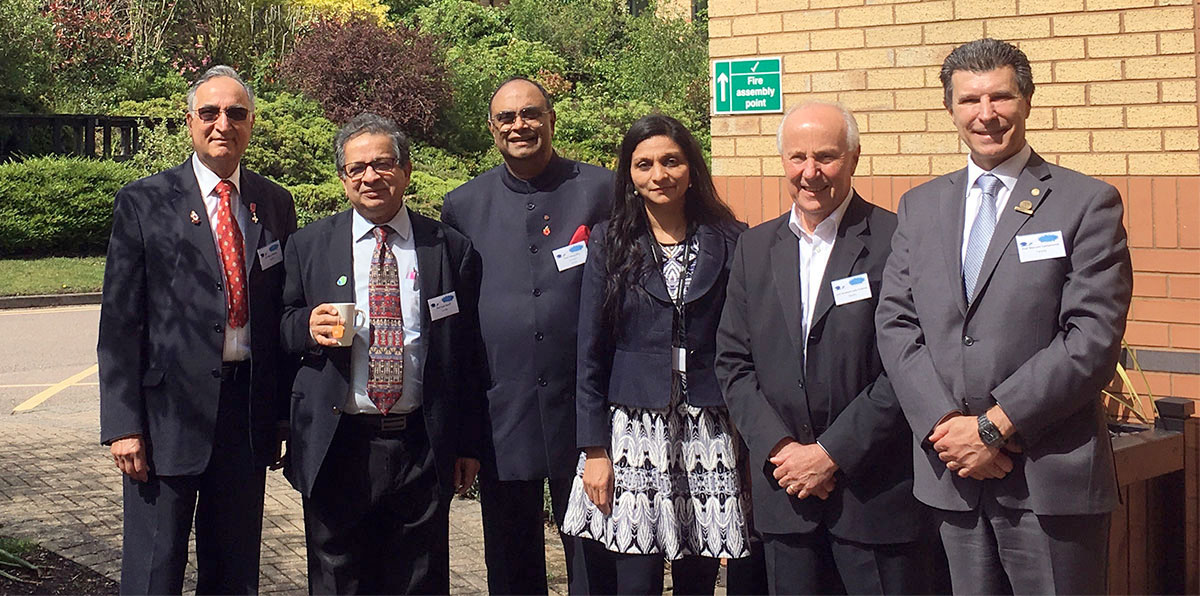
From left to right: Satya Sharma, MBE, DL, Ambassador NHSBT, U.K; Sunil Shroff, MOHAN Foundation, India; Paul Sabapathy Former Lord Lieutenant OBE, CVO, U.K; Nithya Krishnan, UHCW, U.K; Lord Lieutenant John Crabtree OBE, Chairman of Commonwealth Games 2022, U.K; Marcelo Cantarovich, President Elect, TTS.
The main aim was to bring people together who share a desire to understand and overcome the clinical, scientific and social barriers surrounding kidney transplantation in order to do more and better transplants.
The first day was on potential role of antibodies against other antigen systems, many of which are unknown; recurrent diseases; big data sets, complex analysis and data modelling. Many renal transplant patients have a direct or an underlying autoimmune component to their primary kidney disease, and disease recurrence is a major cause of graft loss. In both the primary disease and posttransplant recurrence, specific autoantibodies are implicated. A complex picture of antibody-mediated rejection is therefore emerging that comprises three broad groups of donor-reactive antibodies: non-HLA allo-antibodies, autoantibodies, and HLA-specific antibodies; and the potential synergistic interaction between all three. Behavioural factors, influencing treatment adherence also play a significant part in determining outcomes. One of the barriers to productively analyse the collective outcome factors, immunological and non-immunological, is the sheer complexity of the multidimensional and often dynamic features of the information. Thankfully, these barriers can be reduced using the increasingly available machine learning and artificial intelligence tools. These tools are particularly productive when different groups cooperate and share their data, and they allow analysis of data collected for different purposes to be used to address novel questions. This facilitates both discovery and validation. This information can be processed and used to improve donor allocation. Allocating the right organ to the right recipient can both improve outcomes and increase fairness and equity of access for all patients on the waiting lists.

Attendees of the Fifth International Transplant Conference. The event brought more than 80 people together to discuss how to overcome the clinical, scientific and social barriers surrounding kidney transplantation.
The second day was devoted to examining cultural barriers to organ, blood & stem cell donation and how to overcome certain barriers to bring about sustainable and ethical transplantation for patients in Black Asian Minority Ethnic Communities (BAME) globally. This was a historic meeting as a proposal to form a Consortium of Commonwealth Countries in Transplantation (CCCT) with the purpose of increasing donation amongst the BAME communities was launched. The day included various speakers from a multitude of backgrounds from different countries; but all had similar messages.
THE AIM OF CCCT WAS TO
- Help promote transplantation and share best practices in transplantation between the countries in the consortium.
- Promote ethical organ donation and transplantation in developing countries as stated by the WHO principles of organ donation.
- Improve organ donation and transplantation in BAME communities in developed countries
- Exploring the potential and initiating organ transplantation in countries where it does not exist
U.K. is a world leader for Commonwealth countries with well-established links to all the nations of the Commonwealth. Birmingham, U.K has been chosen as the venue for the next Commonwealth Games in 2022. The forum proposed that the development of the CCCT is completed by 2022 and that ‘Organ Donation and Transplantation’ be the theme for the Commonwealth Games with the motto ‘Tribute to Life’.
Nithya Krishnan, MD, FRCP
Chair, 5th International Transplant Conference
University Hospitals Coventry & Warwickshire NHS Trust
Visiting Professor, CIRAL, Coventry University, U.K
TTS Education Committee
Prof. David Briggs PhD
Co-Chair, 5th International Transplant Conference
NHSBT, Birmingham, U.K
TTS EDUCATION COMMITTEE - SYMPOSIUM PROGRAM DEVELOPMENT

TTS will consider assisting in developing the program of a Symposium that contributes to the field of transplantation and adheres to the highest scientific and educational standards. The program should be in the beginning stages of development to be considered. It is important that the TTS Education Committee (EC) only work on symposia that fully fit the TTS ethical guidelines.
EC SERVICES:
- Help develop the curriculum and learning objectives
- Suggest speakers
- Review presentations for audience relevancy and to identify overlap between presentations
EXPECTATIONS FROM TTS:
- Reduced Registration fees for members of TTS
- TTS name and Logo appearing appropriately across all publications of the meeting/workshop. Copies of all material to be supplied to TTS in advance.
- If there is an exhibition hall, provide TTS a booth or a table
- If no exhibition hall, provide TTS a space to promote TTS activities
- TTS is open to hearing other potential deliverables that could be beneficial to both parties.
TTS requires that at the conclusion of all symposia, a summary report be submitted to the TTS Executive Committee outlining the final number of attendees, important outcomes and any other highlights.
***Education Committee program development does not include financial support or guarantees.
PRIVACY:
Due to privacy concerns, the official TTS Policy is to not provide contact information of TTS members or its Sections to third parties. Also, TTS does not send individual broadcast emails announcing events other than those for TTS and its Sections.
REQUESTS:
All requests must be approved by the TTS Education Committee with final approval by the TTS Executive Committee.
Kindly include below in your request:- Letter of intent outlining:
- Title of the meeting/symposium
- Location and Dates
- Names of the organizing committee
- Proposed Topic Summaries (Optional)
- Proposed program outlines and format (Optional)
- Confirmed and proposed Speakers
- Expected attendees (number and type)
- Any prepared promotional material
- Outline of suggested TTS Education Committee Support
- The TTS Ethics Statement must be signed by the organizer on behalf of those involved in the program.
Kindly send your request to Marcelo Cantarovich TTS President-Elect and Education Committee Co-Chair: edu@tts.org
NEW YOUNG MEMBER COMMITTEE MEMBERS
On behalf of TTS, we would like to welcome and congratulate the newest additions to the Young Members Committee! The YMC is composed of potential leaders in the field who wish to refine their skillset and enjoy the benefits of being a part of an international action. It is a stepping stone for a bigger role within the Society and empowers young members' careers in transplant. All new members were advised of the Committee Terms of Reference and the three active sub-groups: creation and vetting of young member content for the TTS Pulse and Tribune, participation at events and outreach for new TTS trainee members. The YMC has 13 members, 7 men and 6 women representing 7 countries and is led by Dr. Jayme Locke and Dr. Fadi Issa.
For more information, please contact committees@tts.org
LIST OF NEW MEMBERS:
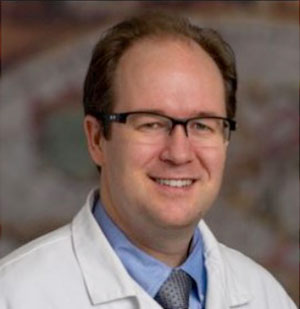 |
MALCOLM MACCONMARA Malcolm MacConmara, MB BCh., FACS, is an Assistant Professor at UT Southwestern Medical Center in Dallas, Texas where he focuses on kidney and liver transplantation both in children and adults. He graduated from Trinity College in Dublin, Ireland, completed a research fellowship immunology at Brigham and Women's Hospital/Harvard Medical School, followed by surgery residency at Washington University and abdominal transplant surgery fellowship at Emory University. His research focuses on the investigation of NAFLD in organ donors and ex-vivo strategies to evaluate and enhance donor livers. He leads the clinical research program in normothermic machine perfusion at UTSW. |
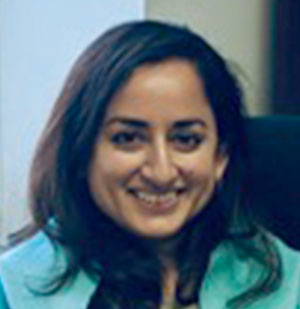 |
SHAIFALI SANDAL Shaifali Sandal, MD, completed residency in Internal Medicine at the SUNY Upstate Medical University, Nephrology fellowship at the University of Rochester Medical Center, Transplant Nephrology fellowship at the McGill University Health Center, and a research fellowship at the Johns Hopkins Medical Center. She is a Transplant Nephrologist and an Assistant Professor of Medicine at the McGill University Health Center. Her clinical and research interests include improving access to living donor kidney transplantation, and improving long term transplant outcomes. In addition, she holds two administrative teaching positions at the Royal Victoria Hospital, and is a member-at-large of the Area of Focused Competence for the Committee in Solid Organ Transplantation for the Royal College of Physicians and Surgeons of Canada. |
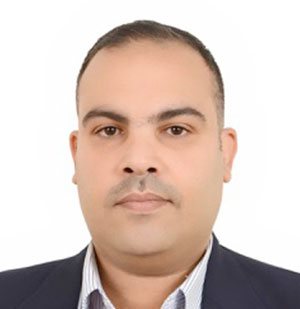 |
ALA ALI Ala Ali is a Consultant Transplant Nephrologist from Iraq and transplant physician, Associate editor of the Iraqi New Medical Journal and Iraq Councillor of MESOT. |
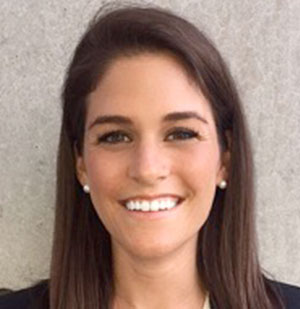 |
HILLARY BRAUN Dr. Hillary Braun was born and raised in Toledo, Ohio. She earned a Bachelor's degree from Stanford University, attended the University of California, San Francisco (UCSF) for medical school, and is currently in her third year of general surgery residency at UCSF. She was awarded the Alexion Presidential Student Mentor Grant from the American Society of Transplant Surgeons in 2015 and a Rising Star Award from the International Liver Transplantation Society in 2018 for her research in transplantation. Dr. Braun plans to pursue a fellowship in abdominal transplant surgery following completion of her general surgery residency. |
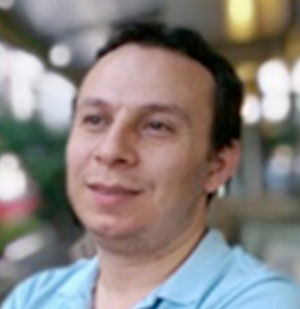 |
ISMAIL SERT İsmail Sert, MD, FEBS (Transplant surgery), is Associate Professor of Surgery, at University of Health Sciences, Tepecik Training and Research Hospital, Izmir, Turkey. His postdoctoral training includes islet transplantation (Geneva University Hospital, Geneva, Switzerland), fellowship in liver transplantation (Liver transplant Institute, Malatya, Turkey), Liver and kidney transplantation (Erasmus Mc, Rotterdam, Netherlands), fellowship in kidney and small bowel transplantation (Tepecik Training and Research Hospital, Izmir, Turkey). He is a PhD candidate on liver transplant surgery at Inonu University, Liver Transplant Institute, Malatya, Turkey. His research interests include clinical studies in liver, kidney, pancreas and small bowel transplantation. |
 |
SHRUTI DAVE Dr. Shruti Dave is a prolific basic science researcher in the field of stem cells biology-- mainly doing in vitro culture, generation, differentiation and trans-differentiation of stem cells. She has done her PhD on in vitro generation of insulin-making cells and their use in treating diabetics. She has over 36 research papers published. She is been also the recipient of various international awards. |
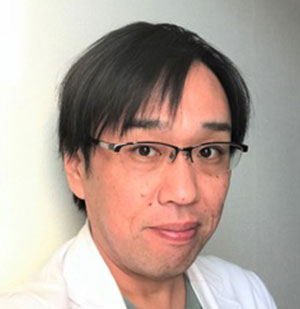 |
YOISHI KAKUTA Dr. Yoishi Kakuta is an Assistant Professor of Urology at Tokyo Women's Medical University. Hospital. Previously, Dr. Yoishi Kakuta served as a Professor of Urology at the Osaka University Graduate School of Medicine. |
2018
DECEMBER 2018 - SEASON'S GREETINGS
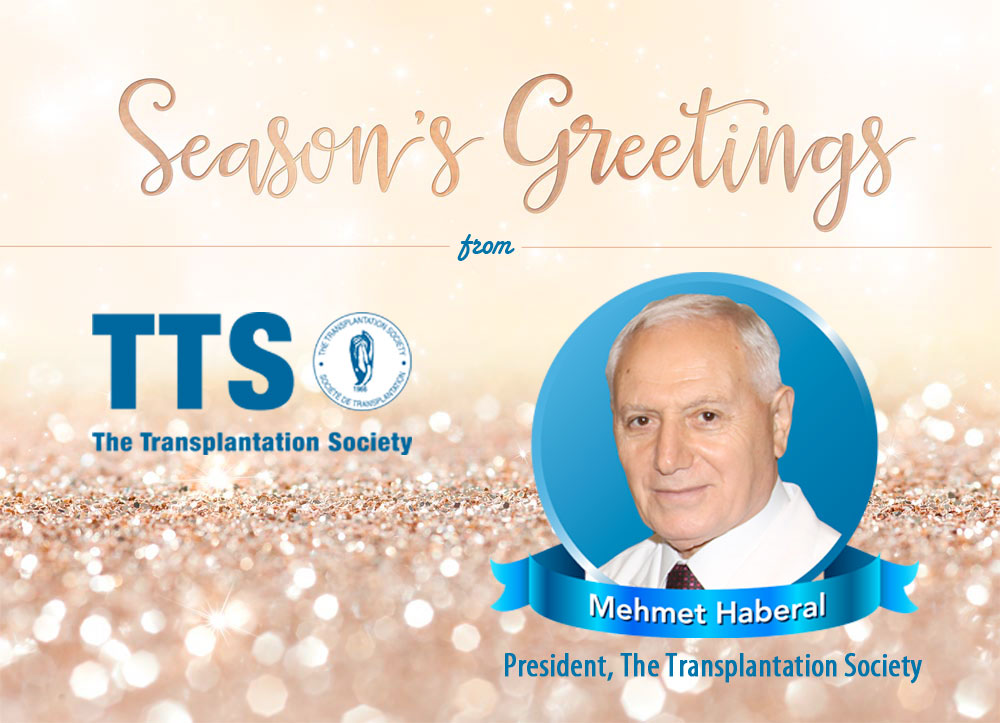
As we move into the final weeks of 2018, I'd like to personally wish you a very happy holiday season and start to the coming year.
The conclusion of one year, and the days leading up to the next are generally a time that many of us reflect on what has been achieved and what plans have been made for the year ahead, and to consider our obligations to others and what actions we can take to further contribute to our communities and to each other.
Over the year we organized a busy programme of events, including the 27th International Congress of The Transplantation Society in Madrid, which proved to be a great success and was well-attended by members and non-members alike. In addition, our membership numbers continue to grow steadily and I am pleased to say that we have attracted a substantial number of younger members, which is an important step for the future of our society.
At TTS, we expect 2019 to bring many opportunities for further growth and interaction. We look forward to a great start, with the 1st Regional Meeting of The Transplantation Society on the topic of deceased donation to be held in Istanbul on 28-29 March, 2019. This will be followed throughout the year by the meetings of several of our Sections, the details of which can be found on the Society website (www.tts.org).
In the coming year we will also continue to focus on global issues in transplantation, that deal with medical and scientific as well as social, legislative and ethical challenges that are faced by transplant professionals throughout the world. In particular, we will continue to work diligently to curtail organ trafficking and transplant tourism and produce positive impacts on those people who need our help the most.
Finally, from all of us at TTS, I wish you and your family and loved ones a safe, healthy and happy holiday season.
Mehmet Haberal, MD, FACS (Hon), FICS (Hon), FASA (Hon), FIMSA (Hon)
President, The Transplantation Society
On behalf of the TTS Council
REQUEST FOR INTERNATIONAL COLLABORATION SUPPORTED BY THE IRTA - GENETIC MUTATIONS IN INTESTINAL TRANSPLANTATION (GEM-IT)

Organising center:
Leuven Intestinal Failure and Transplantation Center; University Hospitals Leuven, BelgiumLaurens J. Ceulemans; Emilio Canovai; Tim Vanuytsel; Jacques Pirenne
Herestraat 49 – B 3000 Leuven, Belgium
E-mail: laurens.ceulemans@uzleuven.be or Emilio.canovai@uzleuven.be
Study type:
Multicenter retro-and prospective observational cohort studyHypothesis:
We hypothesize that the prevalence of Crohn Disease (CD)-related polymorphisms in intestinal transplant (ITx) donors and recipients increases the risk of allograft rejection and graft loss.Aim:
Genotype retro- and prospectively ITx donors and recipients for CD-related mutations and study the effects on transplant outcomes (rejection, graft loss and survival).Background:
Intestinal transplantation (ITx) remains challenging for several reasons, including the direct contact of the graft with a hostile bacterial environment. ITx is known for its high rate of rejection and poor long-term outcome. For this reason, ITx is mostly only advised in patients with life-threatening complications1–3.Paneth cells (PC) in Crohn’s disease: PC shape the composition of the intestinal microbiota and maintain intestinal homeostasis by secreting defensins and mediating immune response4. Damage of PC likely contributes to bacterial translocation, sepsis, ischemia-reperfusion injury and allograft rejection after ITx5,6. The importance of PC in intestinal homeostasis is highlighted by the effect of genetic mutations which affect PC cell function and lead toCrohn’s Disease (CD). Over 70 genetic risk loci have been identified, of which 3 major pathways in CD pathogenesis can be identified: microbial sensing (innate immunity), autophagy and Endoplasmatic Reticulum (ER) stress (Table 1).7,8
| Pathway | Gene | SNP |
| Microbial sensing | NOD2 | Rs2066844 |
| Rs2066845 | ||
| Rs2066847 | ||
| Autophagy | ATG16L1 | RRs2241880 |
| IRGM | Rs100651172 | |
| Rs4958847 | ||
| ULK1 | Rs12303764 | |
| IRGM | Rs100651172 | |
| ER stress | XBP1 | Rs35873774 |
| ORMDL3 | Rs2872507 |
Table: Genome-wide association studies have revealed 9 single nucleotide polymorphisms (SNP) associated to three different pathways that seem related to the pathogenesis of CD.
Fishbein et al. showed a correlation between NOD2 polymorphisms and intestinal allograft rejection9. Moreover, it was suggested that ITx recipients with NOD2 mutations had decreased PC defensin secretion. These findings suggest an unrecognized link between the recipient’s immune system, donor graft and allograft rejection.
Methods:
Collaboration with the KU Leuven IBD group led by Prof. Dr. Vermeire.- All ITx types included. Donors and/or recipients. Retro- and/or prospective.
- Blood or tissue samples and basic data (demographics, survival, rejection episodes) collected and send by participating center
- DNA genotyped for CD-related polymorphisms by KU Leuven Ethical approval has been granted by the local Institutional Review Board.
Costs:
- DNA genotyping and analysis by KU Leuven
- Statistical analysis by KU Leuven
- Sample collection by participating center
- Transport by KU Leuven
Transport:
DNA (extraction at participating center) or whole blood send by DHL medical express under the packaging requirement of UN3373 (biological substance cat B, non-infectious) (http://www.dhl.be/en/express/industry_solutions.html#med). No other specific requirements requested.Publication:
International peer-reviewed journal, 2 or 3 authors per center.Bibliography:
- Fishbein, T. M. Intestinal transplantation. N. Engl. J. Med. 361, 998–1008 (2009).
- Abu-Elmagd, K. M. et al. Five hundred intestinal and multivisceral transplantations at a single center: major advances with new challenges. Ann. Surg. 250, 567–581 (2009).
- Pironi, L. et al. Long-term follow-up of patients on home parenteral nutrition in Europe: implications for intestinal transplantation. Gut 60, 17–25 (2011).
- Salzman, N. H. et al. Enteric defensins are essential regulators of intestinal microbial ecology. Nat. Immunol. 11, 76–83 (2010).
- Grootjans, J. et al Human intestinal ischemia-reperfusion-induced inflammation characterized: experiences from a new translational model. Am. J. Pathol. 176, 2283–91 (2010).
- Grootjans, J. et al. Level of activation of the unfolded protein response correlates with Paneth cell apoptosis in human small intestine exposed to ischemia/reperfusion. Gastroenterology 140, 529–539.e3 (2011).
- Hoefkens, E. et al. Genetic association and functional role of Crohn disease risk alleles involved in microbial sensing, autophagy, and endoplasmic reticulum (ER) stress. Autophagy 9, 2046–2055 (2013).
- Fritz, T., Niederreiter, L., Adolph, T., Blumberg, R. S. & Kaser, A. Crohn’s disease: NOD2, autophagy and ER stress converge. Gut 60, 1580–8 (2011).
- Fishbein, T. et al. NOD2-expressing bone marrow-derived cells appear to regulate epithelial innate immunity of the transplanted human small intestine. Gut 57, 323–330 (2008).
WIT Networking Event to be held on October 4 during ASHI Meeting
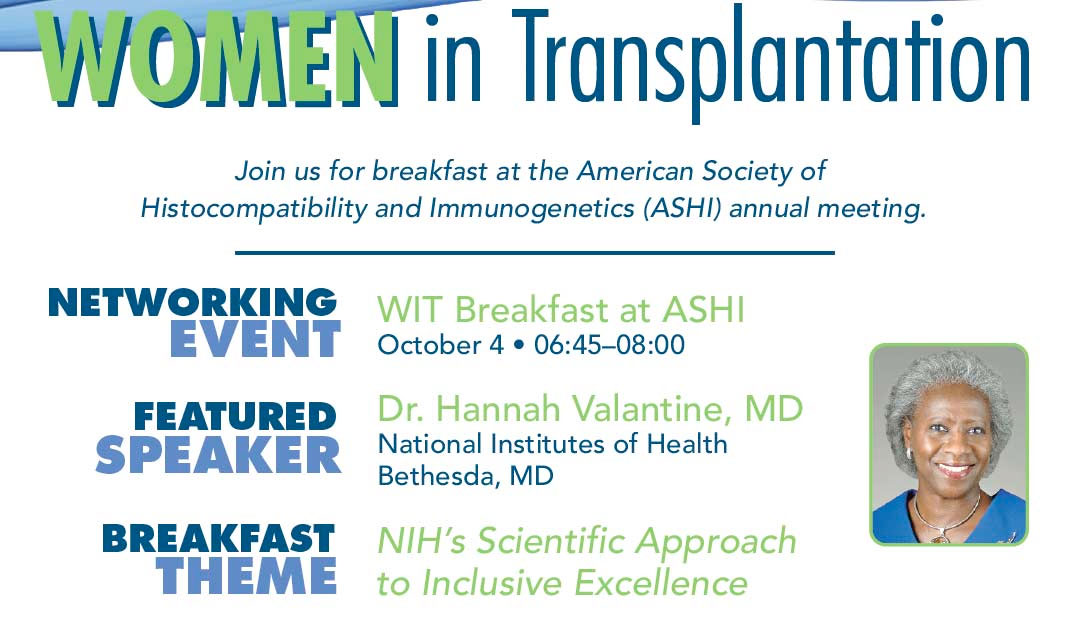
NIH's first Chief Officer for Scientific Workforce Diversity, Dr. Hannah Valantine, will describe NIH's current approach and activities related to promoting inclusive excellence through fostering workforce diversity, and highlight four main diversity challenges facing biomedicine:
- Advancing scholarship of the science of diversity;
- Using a data-driven scientific approach to understand diversity drivers and outcomes;
- Studying and mitigating the role of sociocultural factors in recruitment, retention, and career advancement;
- Sustaining future workforce diversity.
She will also describe the development and use of the NIH Scientific Workforce Diversity Toolkit: a free, downloadable interactive resource to help advance faculty diversity through evidence-based interrelated activities. A key focus will be the need to advance institutional accountability for lasting change. For more information about the efforts of the NIH and the toolkit, please visit the NIH Scientific Workforce Diversity website and Dr. Valantine's blog.
Details and Venue:
Baltimore Marriott Waterfront
700 Aliceanna St, Baltimore, MD 21202
Waterview Room
Registration and breakfast is complimentary / limited seats available

PROF. HABERAL RECEIVES HONORARY FELLOWSHIP OF THE INTERNATIONAL MEDICAL SCIENCES ACADEMY
On 24-25 August, 2018, Prof. Mehmet Haberal, President of The Transplantation Society, was invited as guest of honor to the 37th Congress of the International Medical Sciences Academy (IMSA) in Glasgow, Scotland.
The meeting was organized in the 400-year-old historic building that is home to the Royal College of Physicians and Surgeons of Glasgow in Scotland, UK. Prof. Nadey Hakim, Vice President of IMSA and Past World President of the International College of Surgeons introduced Prof. Haberal to the distinguished members as a pioneer in surgery and as founder of Başkent University, the first Foundation University in Turkey with a medical faculty and health services, which is celebrating its 25th year. Prof. Haberal's presented a lecture on "Experimental and Clinical Application of Ileobladder Technique in Kidney Transplantation for Very Small and/or Neurogenic Bladder." Following his address to the Academy, Prof. Haberal was conferred the IMSA Honorary Fellowship by IMSA President Jagadeesan and Vice President Prof. Hakim at the Convocation Ceremony. Speaking at the ceremony, Prof. David Galloway, President of the Royal College of Physicians and Surgeons of Glasgow, highlighted Prof. Haberal's achievements in medicine as well as education.
Having received "Distinguished Fellowship" of the Royal Society of Medicine in the UK just one year previously, Prof. Haberal expressed his appreciation to the Academy for the honor bestowed upon him by the International Medical Sciences Academy and declared his intention to continue collaboration with them in medicine and education in the future.
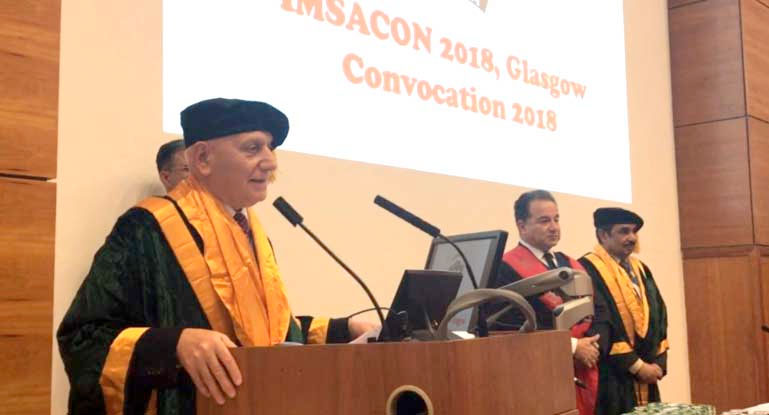
Prof. Haberal addresses the membership during his lecture on "Experimental and Clinical Application of Ileobladder Technique in Kidney Transplantation for Very Small and/or Neurogenic Bladder
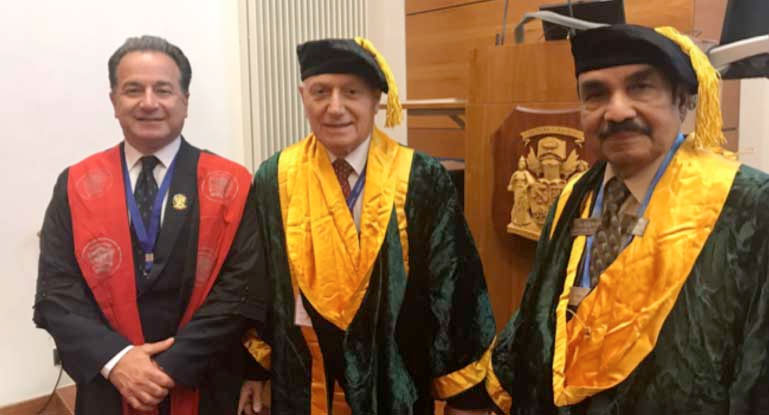
Left to right: Prof. Nadey Hakim, Prof. Mehmet Haberal, Prof. K Jagadeesan
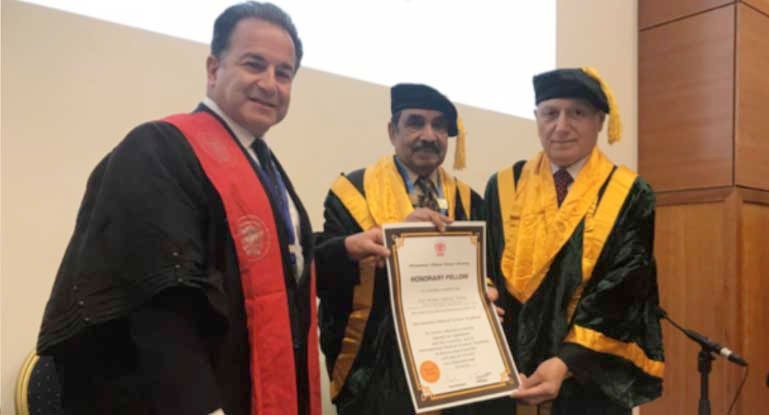
Prof. Haberal is conferred Honorary Fellow of the International Medical Sciences Academy by Prof. Hakim and Dr. Jagadeesan
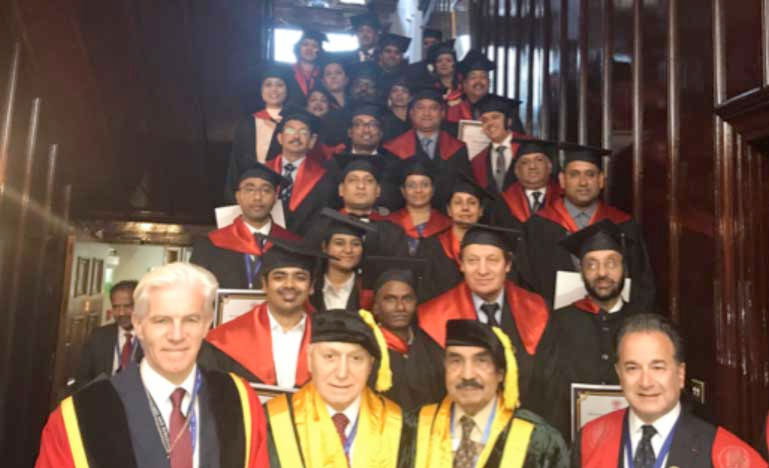
Group photograph of Prof. Haberal with Prof. Galloway, Dr. Jagadeesan, and Prof. Hakim and the newly conferred members of the International Medical Sciences Academy
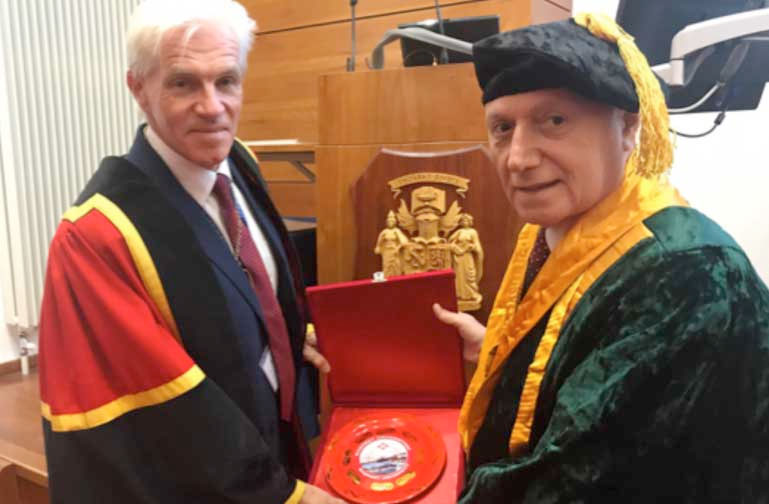
Prof. Haberal presented Dr. Galloway, President of the Royal College of Physicians and Surgeons of Glasgow, with a Başkent University Plate.
COMMENTARY ON THE ADVANCE OF ORGAN REGENERATION FOR TRANSPLANTATION.
Last week an article appeared in Wired magazine about a recently paper published in Science Translational Medicine, “Production and transplantation of bioengineered lung into a large-animal model”. The Transplantation Society asked one of our own experts, Christopher Burlak from the University of Minnesota, to provide our readership with a commentary regarding the advancement of organ regeneration for transplantation.
- Bioengineers are Closer Than Ever To Lab-Grown Lungs. Wired – August 1, 2018. https://www.wired.com/story/four-successful-bel-transplants/
- Production and transplantation of bioengineered lung into a large-animal model. Joan Nichols et al. Science Translational Medicine 01 Aug 2018 http://stm.sciencemag.org/content/10/452/eaao3926
Commentary on the advance of organ regeneration for transplantation.
Christopher Burlak, Associate Professor of Surgery and Scientific Program Director of the Schulze Diabetes Institute at the University of Minnesota.
One of the most challenging organs to transplant is the lung. Because of a complex mucosal network riddled with immune cells, transplanted lungs are very sensitive to rejection during allo- or xeno-transplantation. If one could, however, grow a lung from cells of the future recipient, perhaps immune mediated rejection would not be an issue. The challenges of growing bioengineered organs are not trivial, as described by Dr. Joan Nichols and her colleagues in the recently published article in Science Translational Medicine titled, “Production and transplantation of bioengineered lung into a large-animal model”[1]. Mr. Robbie Gonzalez has written a commentary[2] for the magazine Wired that highlights their scientific achievement. I was inspired by Mr. Gonzalez’s commentary and reached out to Dr. Nichols to discuss the science, the challenges, and what comes next.
This project started 15 years ago and was a step wise approach. First, they needed to learn how to isolate the primary cells from viable lung tissue. Second, they needed to develop methods to create an appropriate scaffold. Last of all they designed the process to produce tissues repeatedly. They published the production of whole human scaffolds in 2013 and the first pig transplant was done on 2/5/15. Six lungs were produced in bioreactors but only 4 were transplanted. This was a feasibility pilot to show that the method of lung production was appropriate and that the animals would survive. Transplants were spaced weeks apart to allow time to prepare scaffolds and to allow the team time to discuss the procedures for management of the transplant. The last animal was done 3/7/16. That gave them a year to do analysis of histology, electron microscopy microvascular development, microbiome analysis, genomic and proteomic assessments. The first version of the manuscript was submitted to Science Translational Medicine in October of 2017, was returned for major editing and then finally accepted by the journal 2 months ago.
This work was accomplished by a dedicated group of basic scientists and clinicians that worked together try to solve a clinical problem regarding the lack of donated organs for people that need them. Dr. Nichols pointed out that many people played indispensable roles in support of this work. Dr. Nichols met Joaquin Cortiella MD, her research partner in 2001. He had a background in scaffolds and development of tissue engineered trachea and managed the transplant team. She met Jason Sakamoto, a nanoparticle specialist, in 2006 and Saverio La Francesca, the lead surgeon, in 2011 at scientific meetings. They had a very small budget and none of the staff were paid for their efforts. All of them took a vacation day when they performed a surgery. Dave Christiani at Harvard did the genome analysis, Gregg Hendricks at U Mass performed and analyzed the electron microscopy, Rich Pyles did the microbiome work. All three of these researchers did the work at cost or paid for the reagents/staff costs themselves. At the end of an enlightening conversation I was awestruck at the generosity of time and effort that Dr. Nichols and her colleagues put forth to complete this work.
One of the greatest hurdles throughout the 15-year course of this project at the lab at UTMB was frequently fabricating what was need from existing equipment or modify systems available commercially to fit their needs. The second big hurdle was funding. This is high risk work and federal grant agencies tend to be conservative in terms of funding research (as they should be). They have had some modest federal funding to model the lung and to engineer an ex vivo immune system but not to engineer lung for transplantation. Further preclinical studies are needed to prove that the bioengineered lung tissue can fully support oxygenation and gas exchange. Their immediate goal is to do a study where animals receiving a single bioengineered lung transplant would survive for 6 months to a year. After that time, Dr. Nichols and her colleagues will evaluate the ability of the matured bioengineered tissue to fully support the oxygen needs of the animal. These are the amazing procedures that they have developed for today’s science and with their mastery of bio-printing and knowledge of stem cell behavior they will likely develop better methods of bioengineering organs in the future.
References:
[1] Oan E. Nichols, Saverio La Francesca, Jean A. Niles, Stephanie P. Vega, Lissenya B. Argueta, Luba Frank, David C. Christiani, Richard B. Pyles, Blanca E. Himes, Ruyang Zhang, Su Li, Jason Sakamoto, Jessica Rhudy, Greg Hendricks, Filippo Begarani, Xuewu Liu, Igor Patrikeev, Rahul Pal, Emiliya Usheva, Grace Vargas, Aaron Miller, Lee Woodson, Adam Wacher, Maria Grimaldo, Daniil Weaver, Ron Mlcak, Joaquin Cortiella. Science Translational Medicine 01 Aug 2018: Vol. 10, Issue 452, eaao3926 DOI: 10.1126/scitranslmed.aao3926
[2] Robbie Gonzalez. Bioengineers are Closer Than Ever To Lab-Grown Lungs. Wired – August 1, 2018.
Publications directly related to this project:
Nichols JE, Niles J, Riddle M, Vargas G, Schilagard T, Ma L, Edward K, Lafrancesca S, Sakamoto J, Vega S, Ogedegbe M, Mlcak R, Deyo D, Woodson L, McQuitty C, Lick S, Beckles D, Melo E, Cortiella J. Production and Assessment of Decellularized Pig and Human Lung Scaffolds.Tissue Eng Part A. 2013 May 2.
Nichols JE, ,LaFrancesca S, Vega SP, Niles JA, Argueta LB, Riddle M, Sakamoto J, Vargas G, Pal R, Woodson L, Seanor D, Campbell G, Schnadig V, Rhudy J, Cortiella J New Life for Old Lungs “Whole Human Lung Bioengineering: Production and Assessment of a Bioengineered Pediatric Lung” Journal of Tissue Engineering and Regenerative Medicine e-published, January, 2016.
Related publications that led to this work :
Kotov NA, Liu Y, Wang S, Cumming C, Eghtedari M, Vargas G, Motamedi M, Nichols J, Cortiella J: Inverted colloidal crystals as three-dimensional cell scaffolds. Langmuir. 2004 Sep 14;20(19):7887-92. 2004.
Nichols JE, Cortiella J, Lee J, Niles JA, Cuddihy M, Wang S, Bielitzki J, Cantu A, Mlcak R, Valdivia E, Yancy R, McClure ML, Kotov NA.In vitro analog of human bone marrow from 3D scaffolds with biomimetic inverted colloidal crystal geometry. Biomaterials. 2009 Feb;30(6):1071-9.
Cortiella J, Niles J, Cantu A, Brettler A, Pham A, Vargas G, Winston S, Wang J, Walls S, Nichols JE. Influence of Acellular Natural Lung Matrix on Murine Embryonic Stem Cell Differentiation and Tissue Formation. Tissue Eng Part A. 2010 Apr 21.
Nichols JE, Niles JA and Cortiella J. Journal of Biological Chemistry. Production and Utilization of acellular lung scaffolds for tissue engineering. Journal of Biological Chemistry. 2012. Accepted February 2012. E-published ahead of printing.
Luque T, Melo E, Garreta E, Cortiella J, Nichols J, Farré R, Navajas D. Local micromechanical properties of decellularized lung scaffolds measured with atomic force microscopy.Acta Biomater. 2013 Jun;9(6):
Nichols JE, Niles JA, Dewitt D, Prough D, Parsley M, Vega S, Cantu A, Lee E, Cortiella J.Neurogenic and neuro-protective potential of a novel subpopulation of peripheral blood-derived CD133+ ABCG2+CXCR4+ mesenchymal stem cells: development of autologous cell-based therapeutics for traumatic brain injury. Stem Cell Res Ther. 2013 Jan 6;4(1):3.
Fernandez-Moure JS, Van Eps JL, Rhudy JR, Cabrera J, Acharya GS, Tasciotti E, Sakamotos, Nichols JE. Porcine acellular lung matrix for wound healing and abdominal wall reconstruction: a pilot study. Tissue Engineering and Regenerative Medicine, 2016, vol7; p1-8.
Melo E, Garreta E, Luque T, Cortiella J, Nichols J, Navajas D, Farré R.Effects of the Decellularization Method on the Local Stiffness of Acellular Lungs.Tissue Eng Part C Methods. 2013 Nov 6.
Farina M, Chua CYX, Ballerini A, Thekkedath U, Alexander JF, Rhudy JR, Torchio G, Fraga D, Pathak RR, Villanueva M, Shin CS, Niles JA, Sesana R, Demarchi D, Sikora AG, Acharya GS, Gaber AO, Nichols JE, Grattoni A. Transcutaneously refillable, 3D-printed biopolymeric encapsulation system for the transplantation of endocrine cells. Biomaterials. 2018 Sep;177:125-138.
SCIENCE AND TRANSPLANTATION EXPEDITION TO KYRGYZSTAN
President-Elect of The Transplantation Society, and Founder President of Baskent University, Prof. Mehmet Haberal, travelled to Bishkek, the capital of Kyrgyzstan, on June 17, 2018, for his latest science and transplantation activities expedition in the Turkic World. With a full program of meetings lined up, Prof. Haberal began by meeting with the Minister of Health, followed by meetings with the Chair of the Health Commission, various members of parliament, university rectors, and medical faculty staff and students.
Colleagues in Kyrgyzstan had been looking forward to Prof. Haberal’s visit since some time, and he was greeted with great excitement and interest. Though only to last one day, the schedule was brimming with meetings with state officials, University rectors, professors, and medical students.
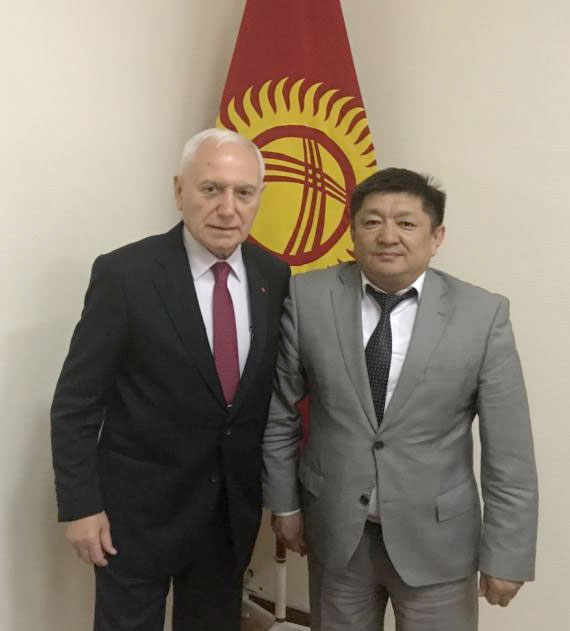
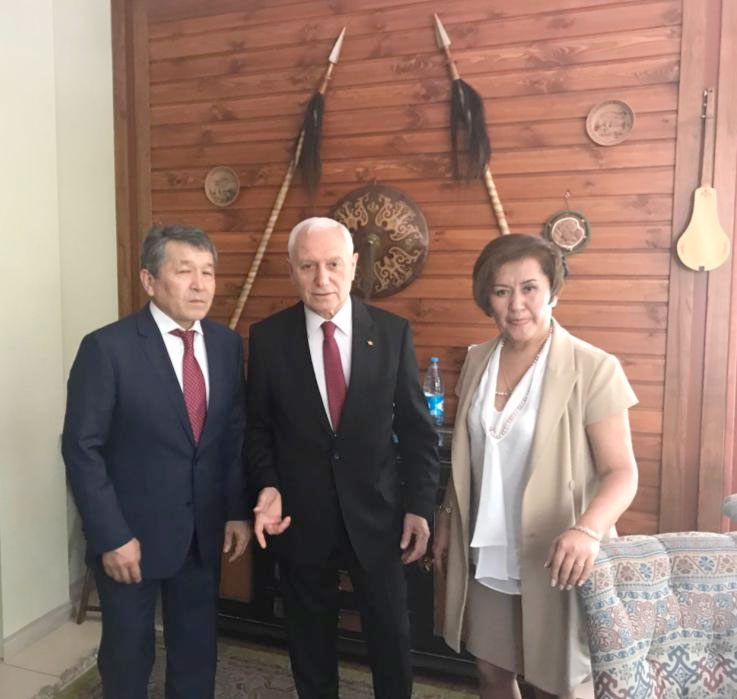
(left) Prof. Haberal with Kyrgyz Health Minister Kososbek Sariyevic Colpanbayev
(right) Prof. Mehmet Haberal with Turuspek Koenaliyev, the Director of the Republic of Kyrgyzstan Presidency and
State Department, and Gulmira Musaevna. Chief Physician at the Presidency Hospital.
At his first meeting at the Kyrgyzstan Parliament, Prof. Haberal met with Health Minister Kososbek Sariyevic Colpanbayev, as well as the Chair of the Health Commission and several Members of Parliament. This was followed by a meeting with the Director of the Republic of Kyrgyzstan Presidency and State Department, Turuspek Koenaliyev, and the Chief Physician of the Presidency Hospital, Gulmira Musaevna.
Taking the opportunity to see the medical facilities in Bishkek, Prof. visited several hospitals, including the Urology Hospital, where he gave a conference to the doctors on the past, present, and future of transplantation in Turkey.

Prof. Haberal giving a lecture to the doctors at the Urology Hospital.
On the final day of his visit, Prof. Haberal visited the Asian Medical Institute in Bishkek and gave a conference to an international group of students who came from 16 different countries. Before his return to Ankara, Prof. Haberal also met with Dr. Raisa Atambayeva, the former First Lady of Kyrgyzstan, who had attended the 3rd TDTD Congress that was held in Ankara in November 2017.
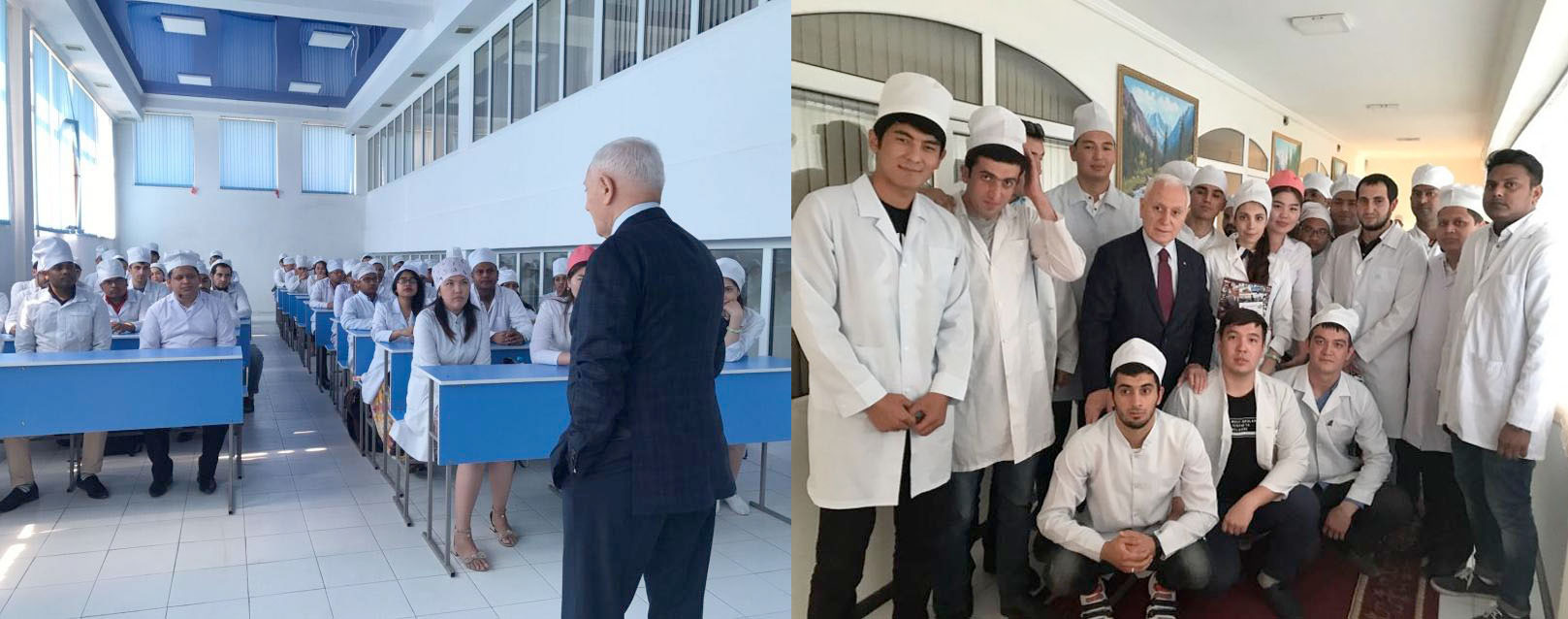
Prof. Haberal giving a lecture to the final year medical students at the Asian Medical Institute
Since 1993, Prof. Haberal has been exploring avenues as to “how best to contribute towards the health and educational needs in Mid Asia.” After several years of personal efforts, in 2014 he finally established the Turkic World Transplantation Society (TDTD), which has been highly active, both in terms of providing medical expertise to newly developed transplant centers, as well as educational and scientific collaborations in the form of congresses and fellowships.
Over the past years, Prof. Haberal and his team have travelled to several Mid Asian countries, including Kazakhstan, Azerbaijan and Uzbekistan, to fulfill these goals. In this latest expedition to Bishkek, Prof. Haberal gave detailed information on the transplantation process in Turkey and emphasized his desire to provide as much assistance and support as was necessary to develop an equally effective system in Kyrgyzstan as well.
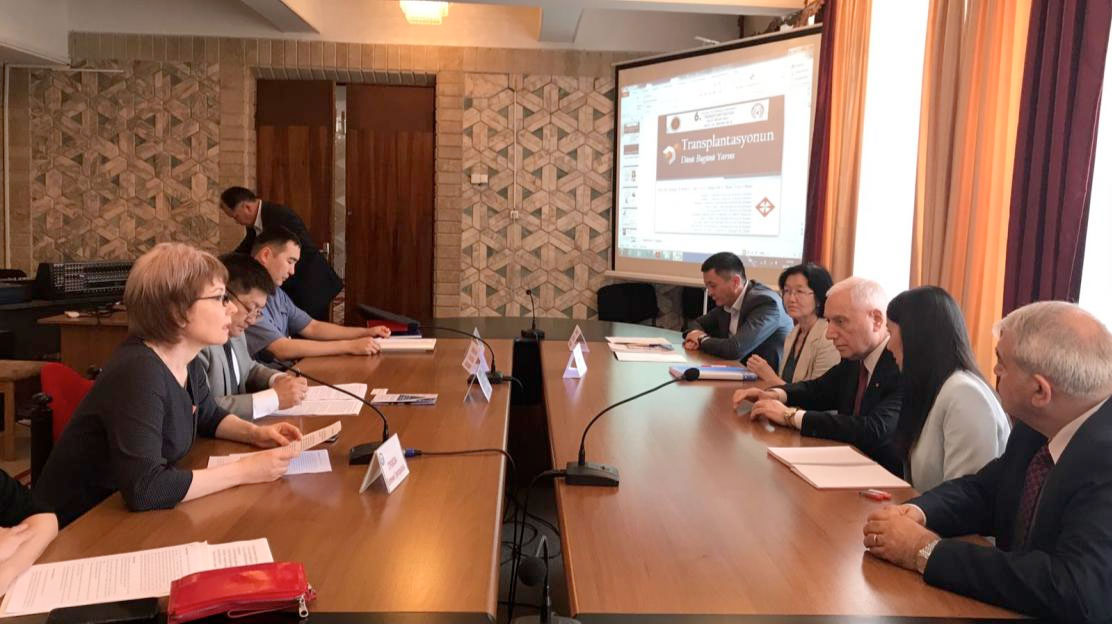
Prof. Haberal at a meeting with the Members of Parliament
On his return to Turkey, Prof. Haberal appraised his observations of Kyrgyzstan’s current situation. Although much had been achieved there already, he explained that problems going forward were two-fold: firstly, the social security system was insufficient to care for patients with end-stage organ failure, and secondly, organ donation rates were not sufficient to meet the organ demand. Having taken the Turkish law on organ transplantation, which he himself had formulated in 1979, he used it to guide them through the necessary steps to strengthen the foundations of their burgeoning transplantation system, both surgically and ethically, as he had done in Turkey more than 40 years earlier. In working towards these goals, political and religious leaders as well as the media will play a very important role, and should collaborate with one another in this process.
MOST TRANSPLANT RECIPIENTS IN ONE PLACE: BASKENT UNIVERSITY BREAKS WORLD RECORD
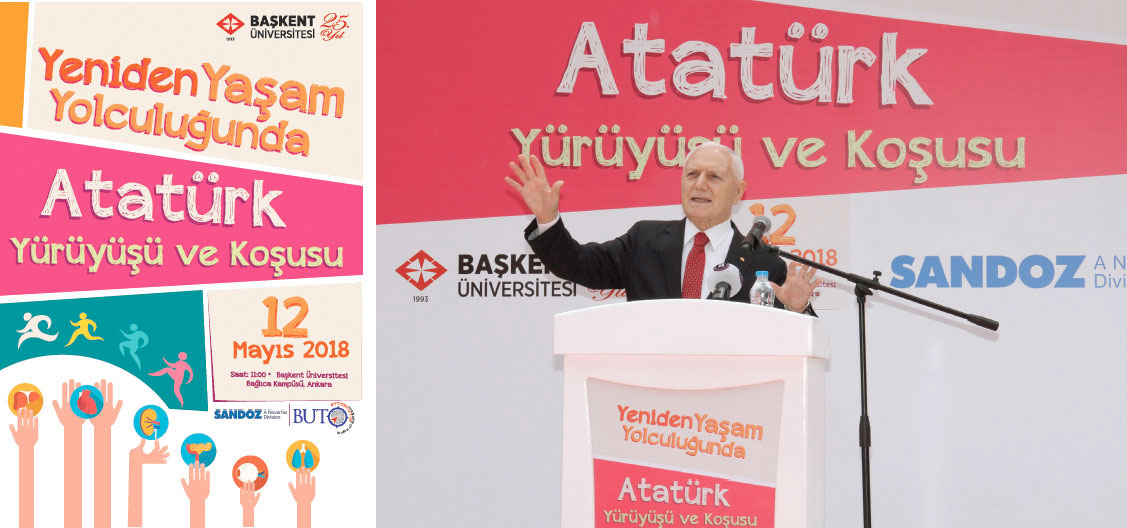
On May 12, 2018, Baskent University set out to break the Guinness World Record for the largest group of organ transplant recipients in one place at one time.
457 transplant patients from all four corners of Turkey travelled to Ankara to take part in the "New Life Journey: Atatürk Walk and Run" organized by Başkent University at their Bağlıca Campus in Ankara. The organization was carried out according to Guinness World Records specifications, and the final tally of participants was 307 kidney recipients, 148 liver recipients, 1 heart and kidney recipient, and 1 kidney and liver recipient. All of them had their transplants performed at one of the Başkent University Hospitals throughout Turkey – Ankara, Istanbul, Adana, or Konya.
Organized with the contributions of Sandoz Pharmaceuticals, the opening ceremony and count was organized at the amphitheater. Despite the heavy rain, the program continued with a walk of almost 1 km to the Atatürk statue where a wreath was placed.
During his speech, Prof. Mehmet Haberal, Founder and Funder President, President of the Executive Supreme Board and Chair of the Division of Transplantation of Baskent University, expressed his joy to see so many of his patients gathered for this occasion; "This is a picture of great pride, and a momentous moment for our country," he said.
The record previously held by Legacy, with 314 participants of the "Donate Life Run/Walk" event held in California in May 2016, now belongs to the 457 participants who came to Ankara for this occasion. The transplant recipients, along with family and friends, came together at Bağlıca Campus in an atmosphere of celebration and joy, enjoying an afternoon on the campus grounds.
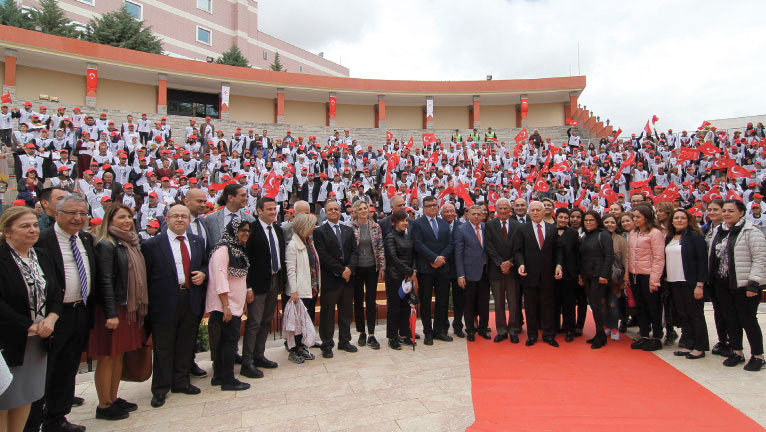
NATIONAL PEDIATRIC TRANSPLANT WEEK - APRIL 23-27, 2018
Join Us In Celebrating a New Observance During the Last Week of National Donate Life Month: National Pediatric Transplant Week
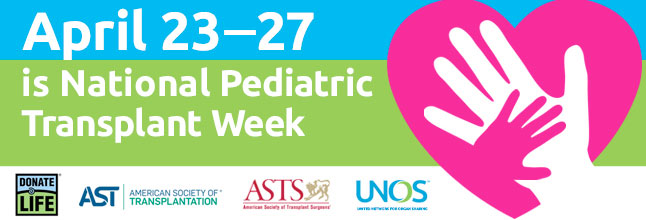
National Pediatric Transplant Week grew from the question of a father whose young son is a heart recipient: Can we as a national Donate Life Community create a dedicated observance to raise awareness and help save the lives of children waiting for transplant?
National Pediatric Transplant Week offers donation and transplantation organizations the platform to talk about the powerful message of ending the pediatric waiting list, to engage clinical partners to share their innovative work and patient stories (candidates and recipients), and to honor donor families whose children have saved and healed lives through organ, eye and tissue donation.
National Pediatric Transplant Week gives pediatric donor and recipient families an opportunity to share their stories, encourage others to help save and heal lives by registering to be organ, eye and tissue donors and to learn more about becoming a living donor.
Donate Life America (DLA) would like to thank the United Network for Organ Sharing (UNOS), the American Society of Transplantation (AST) and the American Society of Transplant Surgeons (ASTS) for their collaboration and support in piloting the first annual National Pediatric Transplant Week.
For more information about National Donate Life Month, please visit: https://www.donatelife.net/ndlm/.
Informational Handouts
- Pediatric Donation and Transplantation Statistics – Up-to-date national data on the status of donation and transplantation.
- Donation and Transplantation FAQs – One-sheet handout with the answers to some of the most commonly asked questions about organ, eye and tissue donation.
Social Media Graphics & Stories
- Facebook, Twitter, Instagram and LinkedIn Graphics – Share with your followers throughout the week and remember to include #KidsTransplantWeek as a hashtag.
- National Donate Life Month Facebook frame – Add to your Facebook profile image during April. Look for the frame starting in April on Facebook.com/DonateLife.
- Pediatric Stories of Hope – Inspiring stories about pediatric organ, eye and tissue donation and transplantation will be available during National Pediatric Transplant Week on https://www.donatelife.net/stories/.
Questions? Please contact Hilary Czarda at hczarda@donatelife.net.
PRECISION MEDICINE IN TRANSPLANTATION: THE TIME IS HERE - YOUNG MEMBERS CORNER
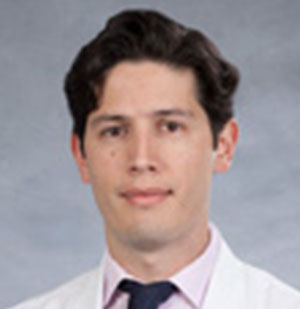 |
JOSE F CAMARGO, MD University of Miami Miller School of Medicine, Young Members' Committee of The Transplantation Society |
Transplantation is a rapidly evolving field of medicine. We live in an era of nanothechnology, gene microarray data, DNA sequencing, proteomics, epigenetic and microbiome. Biomarker-driven strategies are now being implemented in different areas of transplantation including donor matching; prediction of allograft survival and rejection; measurement of the net state of immunosuppression and other transplant outcomes. For example, microRNAs —small non-coding RNA molecules that regulate gene expression— are emerging as novel biomarkers for transplant outcomes including rejection and risk of cytomegalovirus (CMV) infection. High dimensional sequencing of DNA and RNA in donors and recipients offers the potential to improve donor-recipient matching by accounting for minor mismatches in the non-HLA domain. The use of bacteriophages —viruses that infect and replicate on bacteria— is being investigated for the management of resistant bacterial infections in high risk populations such as cystic fibrosis patients.
All these major advancements in science and technology have resulted in the blossoming of precision medicine, an emerging approach for disease prevention, early diagnosis and treatment that takes into account individual variability in genetic and other molecular measurements, medical history, environmental exposures and lifestyle. The idea is to move from a "one-size-fits-all-approach" to more personalized therapies that are tailored to the specific characteristics of each individual. Recognizing the importance of this nascent field, during the last year of president Obama administration, the 2016 Budget provided over $200 million investment to support the Precision Medicine Initiative.
Recent studies have demonstrated the utility of using cell-mediated immunity assays to predict the risk of opportunistic infections following solid organ transplant as well as to personalize therapy for CMV infection after transplantation. Our group recently presented data at the American Society of Hematology 2017 meeting showing that functional signatures revealed by deep phenotyping of CMV-specific CD8+ T cells predict the risk of early CMV reactivation after allogeneic hematopoietic cell transplantation (https://ash.confex.com/ash/2017/webprogram/Paper102257.html). This type of technology can help clinicians assessing patients at risk for CMV reactivation and deciding who-to-treat since a significant proportion of transplant recipients experience self-resolved episodes of CMV viremia that do not require antiviral therapy. Similarly, these immune biomarkers can help identifying patients at risk for recurrent viremia and guide duration of therapy.
But precision medicine is not something imperceptible that one will only read in scientific magazines. Instead, it is something that patients and clinicians can nowadays easily experience in real-life settings. I don't have to go too far to give you one example from my clinical practice as a transplant infectious diseases consultant at a large transplant center. We recently reported successful multivisceral transplantation of a young woman from Turkey who was colonized with an isolate of Klebsiella pneumoniae that was extensively drug resistant (XDR), including resistance to all β-lactams, aztreonam, ceftazidime-avibactam, fluoroquinolones, aminoglycosides and colistin (https://doi.org/10.1093/cid/cix387). In order to treat her urinary tract and abdominal infections before transplant and to prevent recurrent infections with this XDR organism in the post-operative period, a combination antibiotic regimen was designed based on the molecular and genetic characterization of the mechanisms of antibiotic resistance. Knowing from DNA sequencing that OXA-48, CTX-M-15 and NDM-1 enzymes were present, a regimen of ceftazidime-avibactam plus aztreonam was administered for perioperative surgical prophylaxis based on previous experience and synergy confirmed on in vitro testing. The patient did very well post-transplant. This was a perfect real-life example of how highly coordinated bench-to-bedside efforts of a multidisciplinary team (in this case a multi-center collaborative team of transplant surgeons, infectious diseases consultants, medical microbiologists and pharmacists) can lead to improved patient outcomes thru application of precision medicine. Transplant patients are very complex and likewise it should be the way we take care of them. I invite you all to use all the diagnostic and therapeutic tools that modern medicine offers when taking care of patients.
Stayed tuned for more exciting developments in this area, and if you are attending to the 27th International Congress of The Transplantation Society in Madrid, Spain, June 30 to July 5, 2018, these are some of the Lunch & Learn sessions you might want to include in your agenda: "Precision Transplant Medicine: What's Next?" by Dr. Minnie M. Sarwal, Professor of Surgery, Division of Transplant Surgery, University of California San Francisco (July 2nd, 13:30–14:15); and "The Microbiome in Transplantation" by Dr. Jay Fishman, Professor of Medicine, Infectious Disease and Transplant Center, Massachusetts General Hospital, Harvard Medical School (July 4th, 13:30–14:15). There is also an interesting Plenary Session on "How Will Big Data Transform Medicine and Transplantation" to be held on July 5, 2018 (11:30–13:00) hosting some of the leading experts in Precision Medicine.
So if you want to learn more about precision medicine in transplantation —or simply in the mood for wine, tapas and paella— we look forward to see you in Madrid this summer. The Young Members' Committee will be hosting a series of events for career coaching and networking in Madrid TTS 2018. In the meantime, if you're interested in pursuing an academic career in transplantation and want additional advice, get in touch with us via Jennifer.Olechowski@tts.org.
NOS VEMOS EN MADRID!
2017
2018 WOMEN IN TRANSPLANTATION AWARDS

The Women in Transplantation Steering Committee have created the woman leader in transplantation award to recognize a woman who has helped further the field of transplantation through research, policies, leadership, initiatives or other regarded contributions. the unsung hero award will be presented to one woman who has had an extraordinary impact in transplantation through community service, volunteering, mentorship or other community-based activity.
ELIGIBILITY REQUIREMENTS:
- Be a member of TTS or Women in Transplantation. If an applicant is not a member of The Transplantation Society, a membership application must be completed on the website www.tts.org/join-tts and accepted in order for the ward application to be reviewed and considered. The membership application must be submitted and accepted prior to applying for the award.
- Complete the nomination package, with the items listed below.
- Nomination packages, including all supporting documents, must be received by JANUARY 31, 2018.
NOMINATION PACKAGE MUST INCLUDE:
- Nomination forms: Click links below to download:
Woman Leader in Transplantation Award Application Form
Unsung Hero Award Aplication Form - Statement of Nomination to include answers to the following:
- What are the nominees’ unique and outstanding achievements in the field of transplantation?
- How has the nominee contributed as a mentor or role model for other women in the field?
- How has the nominee contributed to the advancement of women in the field or as leaders in transplantation?
- Letters of support:
-
Provide at least one (1) and up to a maximum of three (3) letters of support which further demonstrate the impact
the nominee has made as outlined in the statement of nomination.
- Letters should not exceed one page in length.
- Letters of support must be signed by the letter writer.
- Photograph: Submit a recent photograph, preferably a headshot.
- Resume: Attach a resume, which outlines the nominees’ background, career and present work including organizational involvement, volunteer activities, education, awards, recognition and other achievements OR provide a link to an online profile.
AWARD:
- US$ 2,000.00 cash prize
- Complimentary Congress registration to TTS 2018 in Madrid
- Recognition during the TTS 2018 Presidential Address
YOUNG MEMBERS CORNER BLOG - LIFE AS A CLINICIAN-SCIENTIST IN TRANSPLANTATION
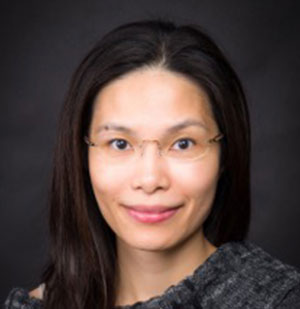 |
GERMAINE WONG Transplant Nephrologist At Westmead Hospital Associate Professor At The University Of Sydney |
It's just past 10 pm at night, child in bed, and sound asleep. Charged with caffeine in one hand and laptop on my lap, now, it's my time. Fifty emails in the Inbox and feeling guilty for my 'slow response'. Grants deadline due in two days, struggling to get through the database with 200 different variables and possibly 100 interactions. Life as a clinician-scientist was never meant to be easy. I was once asked by my trainee why I ended up with the life I have now. Mind you, I am enjoying every single moment of it.
As transplant clinicians, we all work incredibly long hours, totally committed and dedicated our lives to our jobs, to optimise patient care, and to ensure we don't make any mistakes. Yes, the perfectionist and obsessive-compulsive nature we all possess! The inherent drive to be good at everything. Then, there is the research part. As scientists, we are high-achievers by training, a double-edged sword that can put us at risk of feeling that we should be always completing more experiments, grants, and papers. No matter how many rejections, failed grants and experiments and the lack of funding, we keep going, and hoping one day the Editor-in Chief from NEJM and Nature will take notice. Surely, we are bound to receive some acceptances if we had collected enough rejections!
We don't give up because we wish to be able to live in both worlds, and to be the best in both as the two worlds are equally exciting, rewarding and challenging. Science and medicine must go hand-in-hand, as there should always be an established pathway by which novel scientific discoveries are developed into medical treatments that will be trialled in patients for efficacy, effectiveness and safety. But no one can guarantee we can be successful in this dual role as a scientist and clinician. However, I can think of a few things that may be helpful. I was lucky to receive both my clinical and research training in an institution that values not only science and research excellence, but has the incredible passion, enthusiasm and devotion to improve patient care. Good mentorship is also crucial. I am indebted to my two great mentors Jeremy Chapman and Jonathan Craig, for their unfailing support, particularly during times of 'failures' and disappointments. Last but not least, maintaining a good work life balance, allowing times to 'chill-out', 'rest' and 'think'. It is easier said than done, but living on adrenaline can only be effective for a short time. Sometimes, we just have to unplug and let go of our perfectionism as not everything will always go as planned.
Need help with some of the challenges you’re facing as a young clinician? Contact the Young Members Committee at ymc@tts.org
INTERVIEW WITH MARCELO CANTAROVICH ABOUT THE 2017 WORLD TRANSPLANT GAMES IN MALAGA

TTSIHQ: Thank you for taking the time speak with us today. You both recently participated in World Transplant Games held in Malaga from x to. I would like to start with Marcelo by asking him the importance of these games for TTS as you attended as a representation of the TTS Council.
Marcelo: As you know TTS is working towards our 2018 Congress in Madrid and our theme is “Outcome Driven”. I cannot think of better outcomes than seeing healthy transplant recipients participating in physically demanding competitions. This was simply amazing. As professionals in the field we see our patients in a different light when they come to the hospital for visits. The chance of seeing the WTG participants full of life brings me great joy. I would recommend to all my colleagues to at attend WTG as least once in their life.
TTSIHQ: Tell us a little bit about the activities you attended or participated in.
Marcelo: The World Transplant Games in Malaga, 2017, included a large variety of activities. Football (soccer) is the most popular sport in the world. I grew up in Argentina, a well-known football nation. I had the chance to participate in the football match that was the kick-off of the Transplant Games. It was a great experience wearing the jersey of one of the two teams, and being part of the lineup that included transplant recipients from a variety of countries, and from all the continents. As you can see on the attached picture, there were people from all ages, and from both genders. There is a young 9-year-old boy from France, who received a kidney transplant from his mother (standing behind him). I connected with players from Australia, Canada, China, England, France, South Africa, Spain, Uruguay, USA and Tunisia. It was interesting to find out that the treating physician of the player from Tunisia and I, trained at the same transplant center in Paris. There was a great sense of camaraderie before, during and after the game.
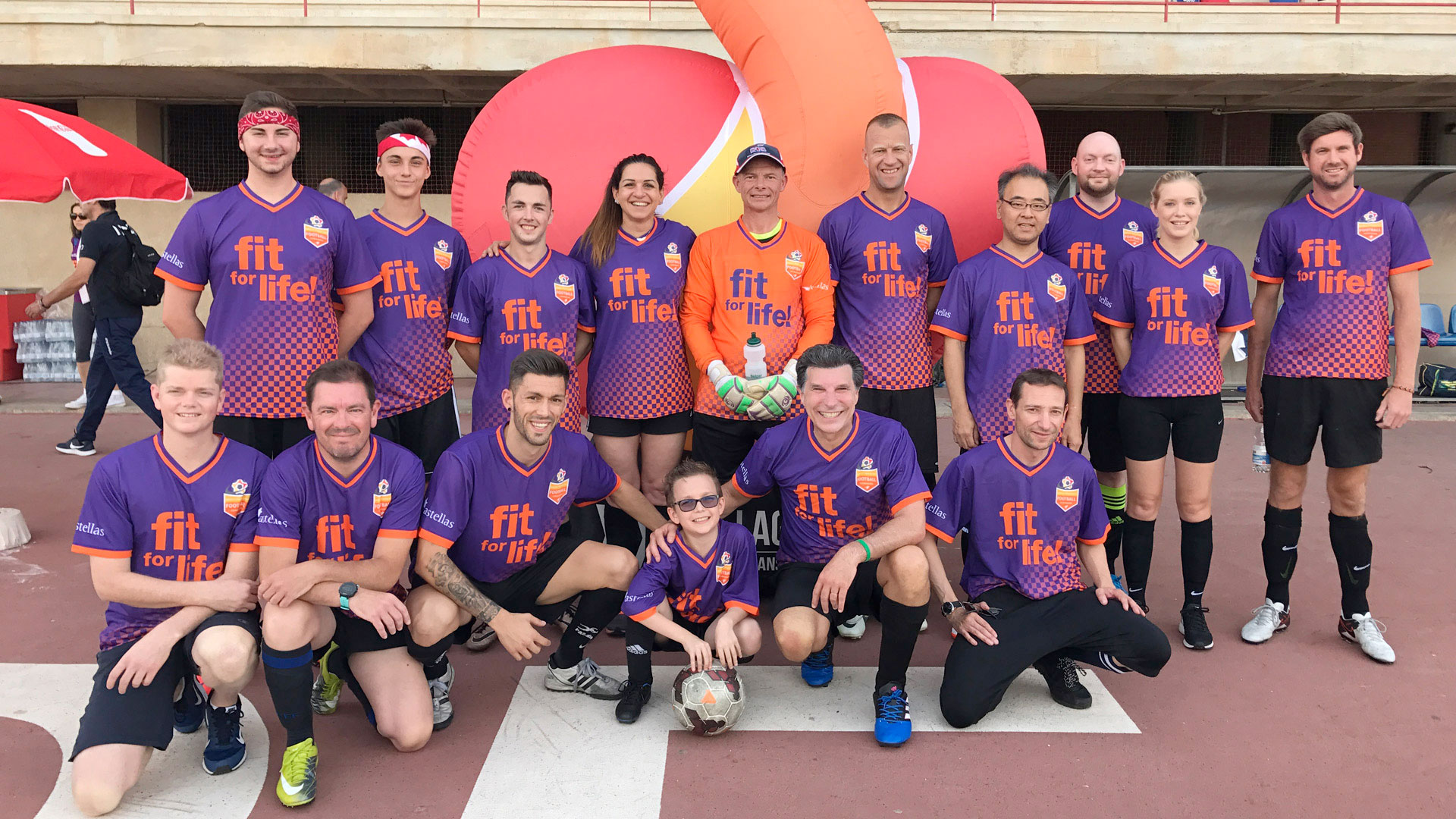
I also attended the paddle games, where I met with Dr. Harden from England (new WTGF board member), at the 5 K road run. It was a very hot morning. Chris Thomas ,the WTGF president, kindly offered me the privilege to start the race. The starting point was at the Malaga harbour (pictures attached). The views were beautiful. At the end of the race I had the opportunity of meeting with many transplant recipients, including a liver transplant recipient from our transplant clinic at McGill University in Montreal.
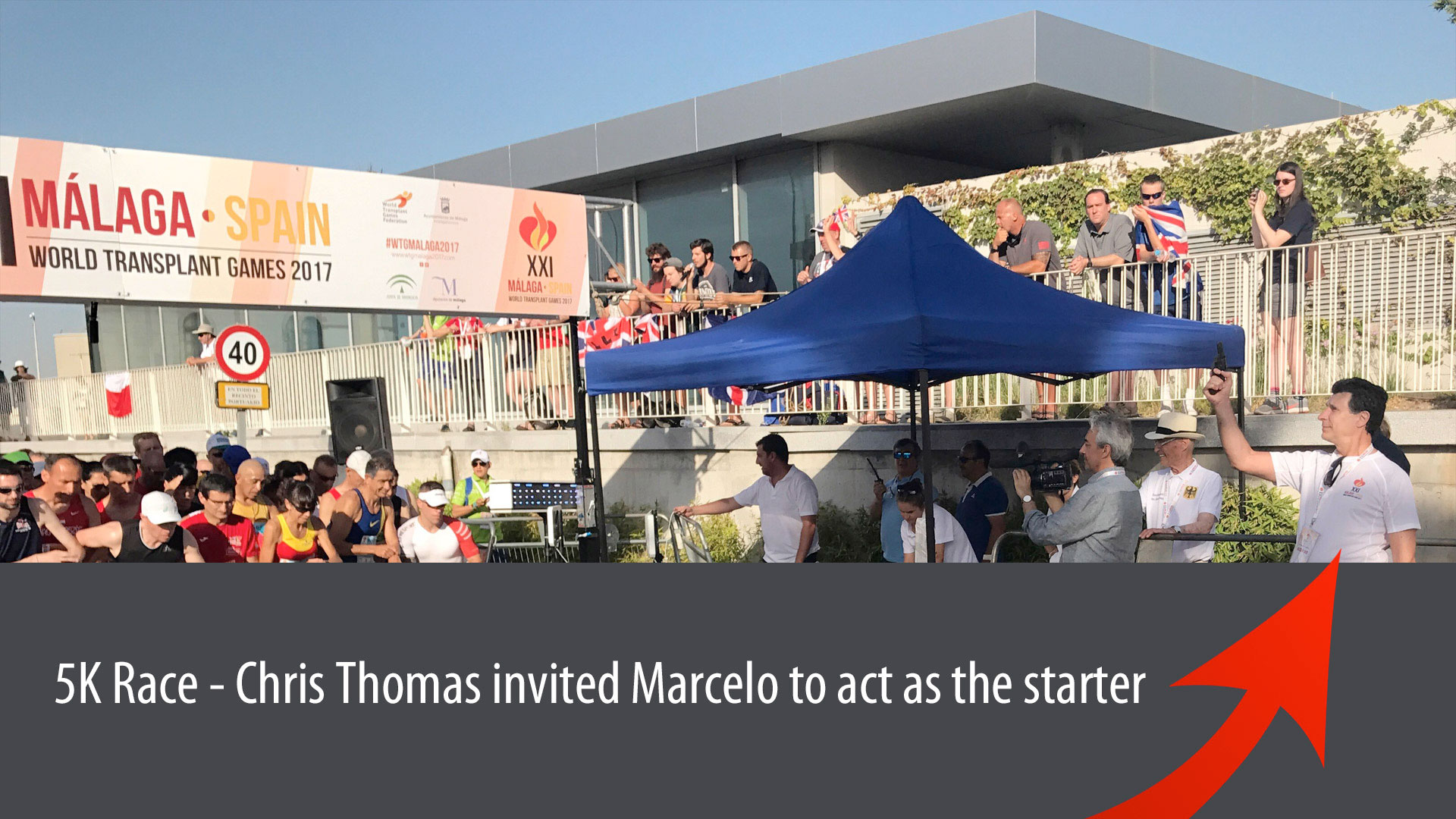
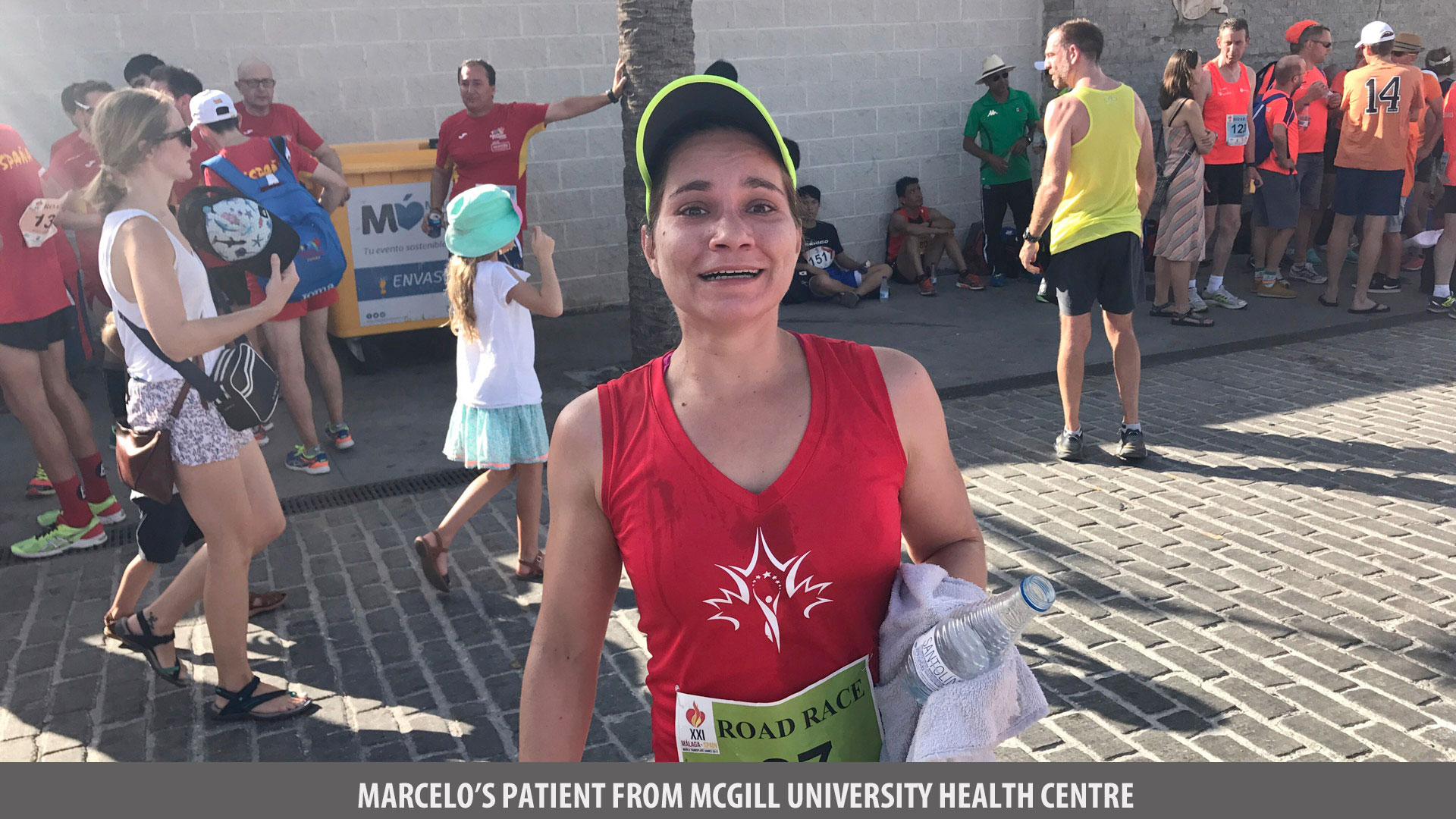
Audrée Descheneaux
TTSIHQ: Tell as about the your role as the official TTS at the games and what other initiatives we have planned with the WTGF.
Marcelo: The World Transplant Games provided an opportunity to liase with many people from around the world, in particular with the members from the WTGF board. Dr. Maurice Slapag, a retired British transplant surgeon founder of the WTGF in 1978, was the guest of honor of this event.
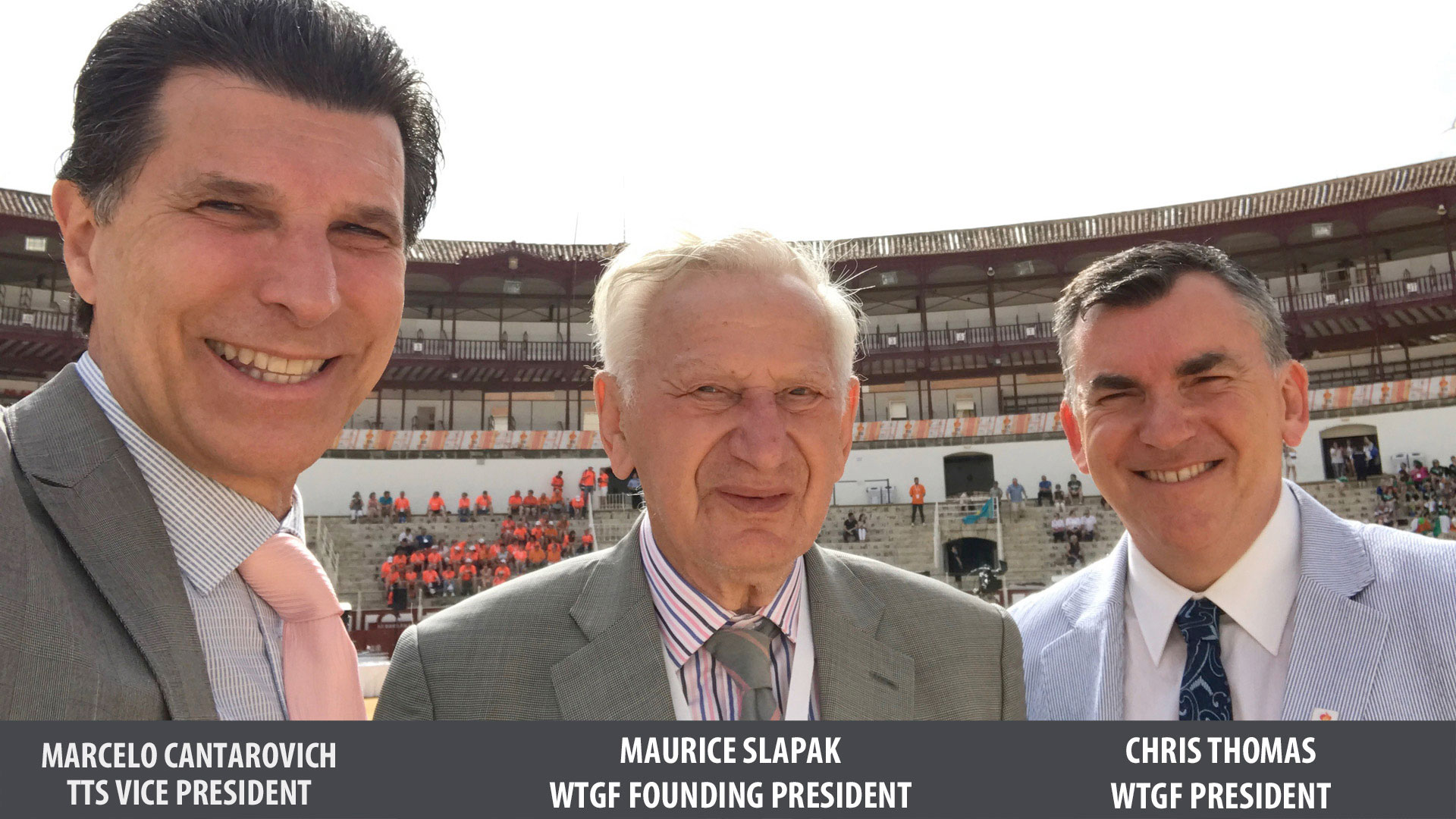
Marcelo: I was invited to attend the WTGF board meeting to present about a joint wellness project between TTS Education committee and the WTGF.
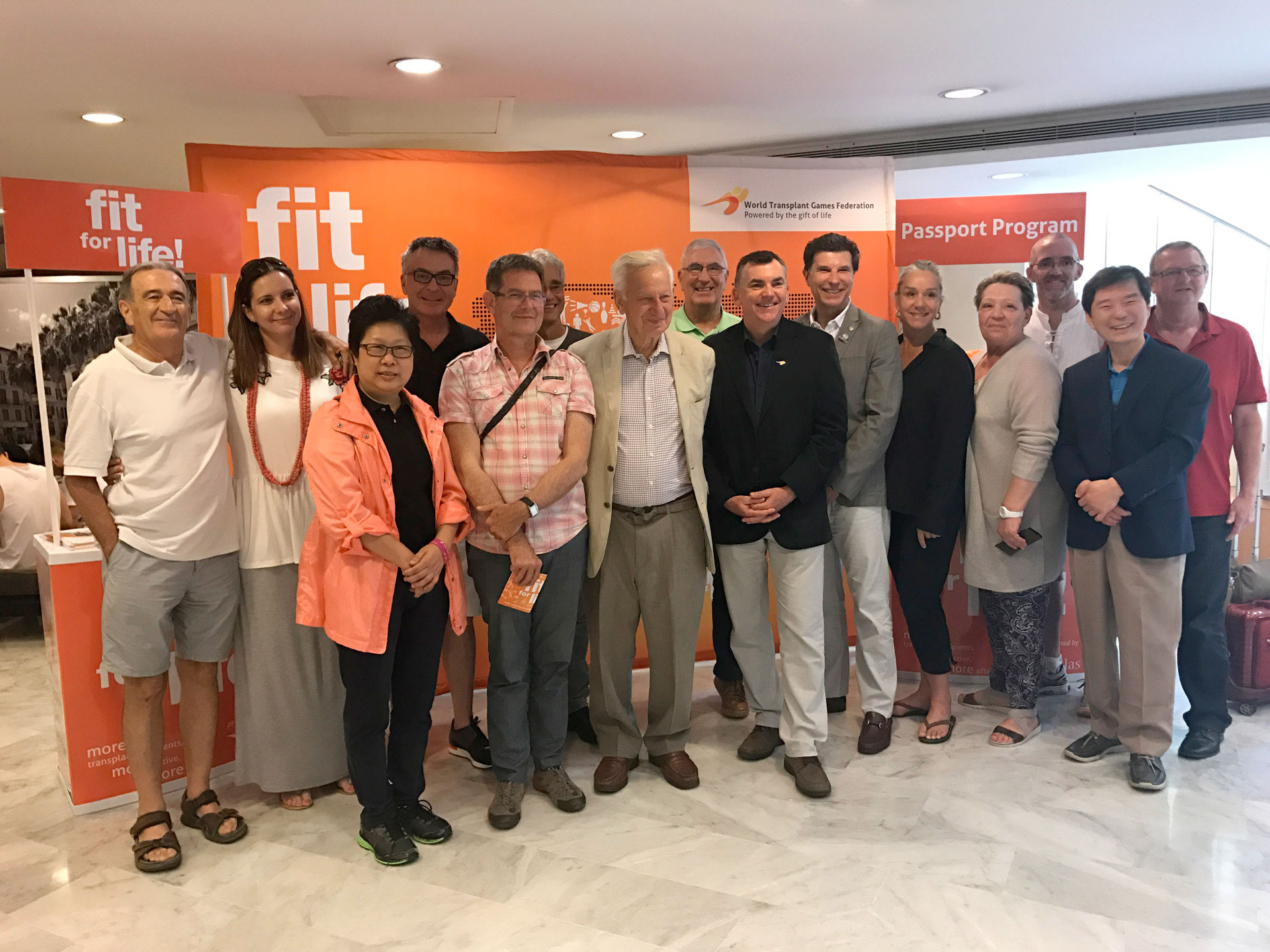
Marcelo: I was also invited to attend a medical symposium about overall aspects of fitness related to transplant recipients. The symposium took place the day before the initiation of the games. Dr. Beatriz Domínguez Gill (ONT President and TTS Councillor) presented at the symposium (picture attached). There were very interesting presentations. Amongst the panel of speakers there were two physicians, both recipients of solid organ transplants.
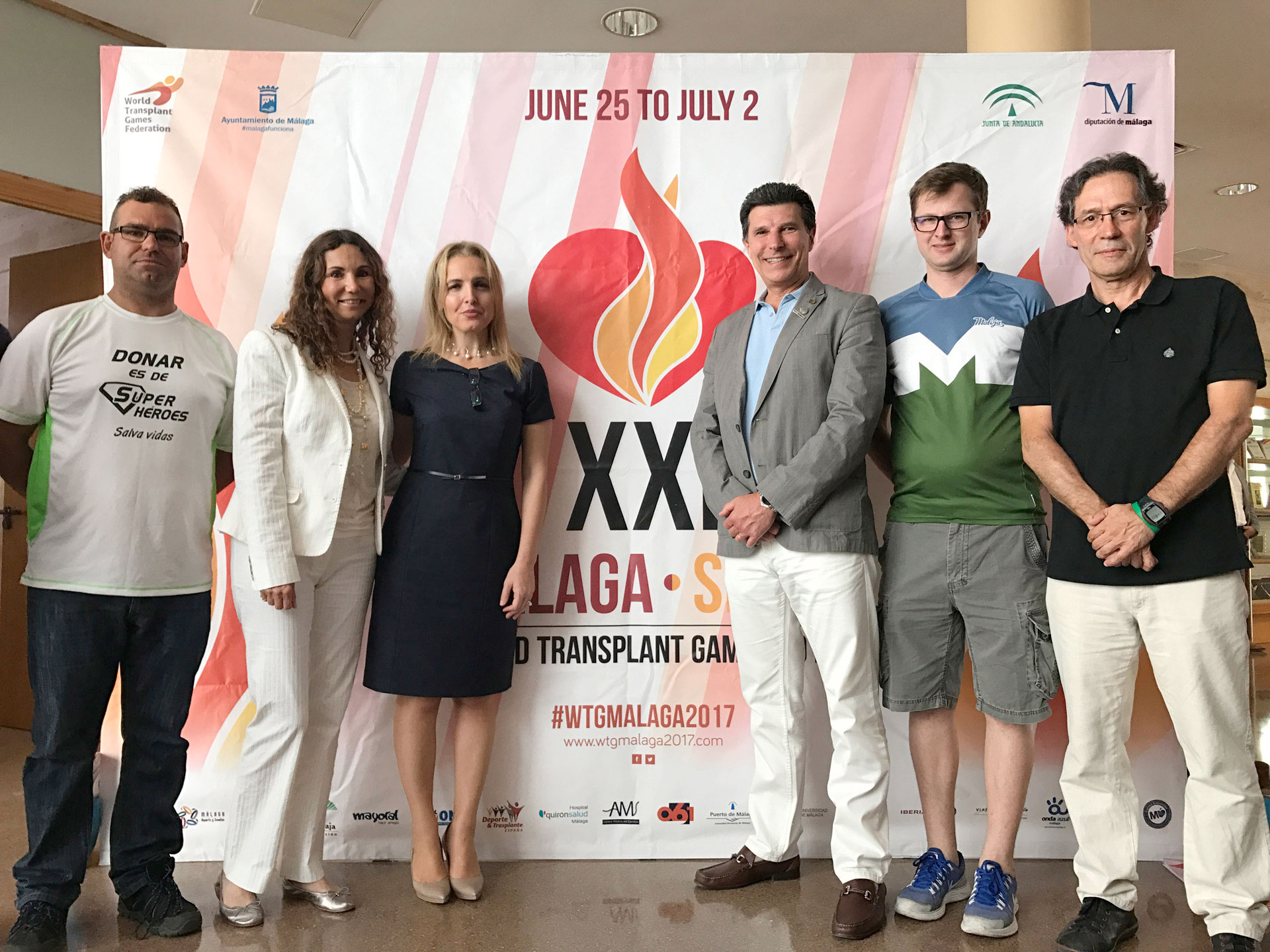
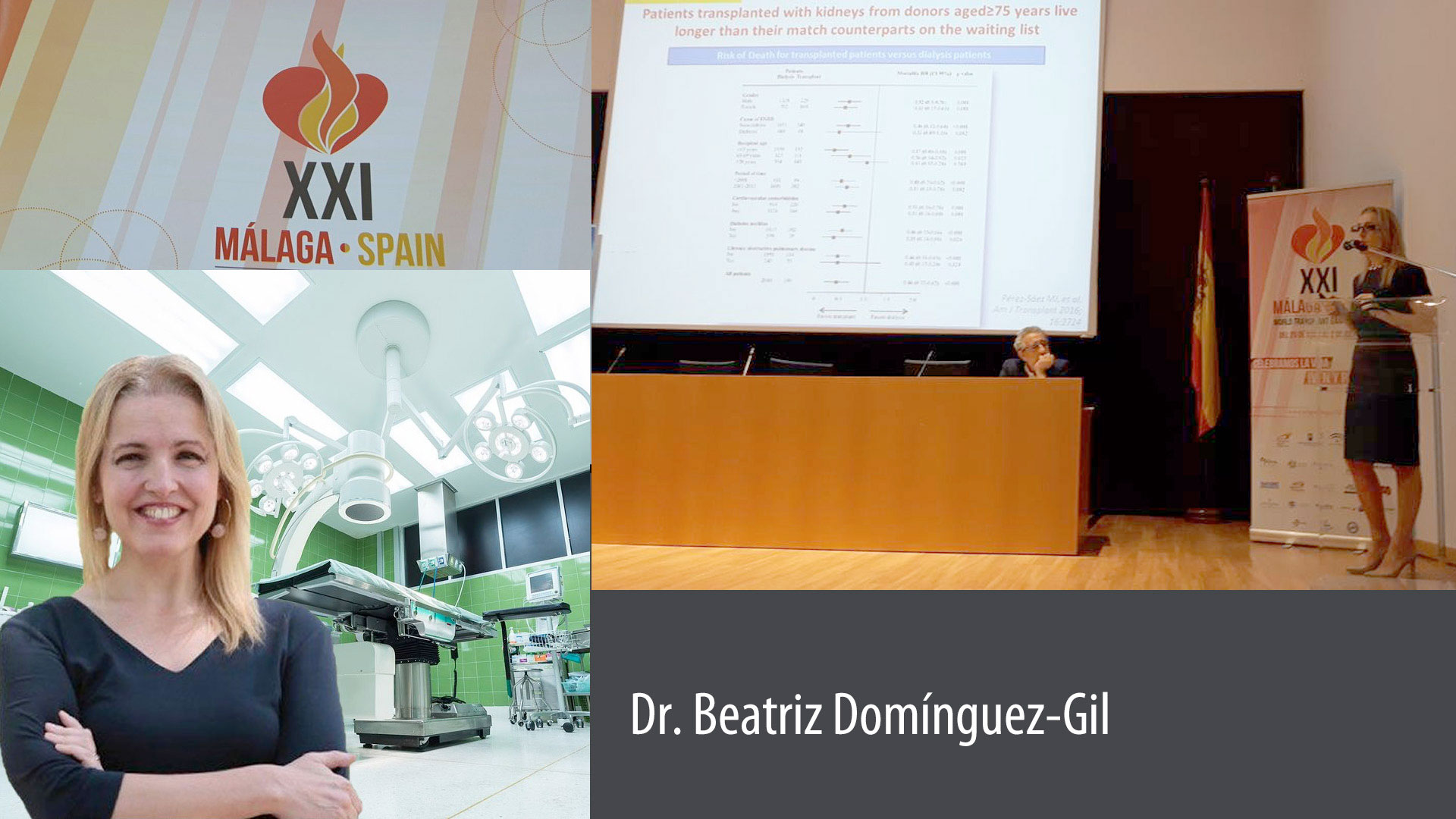
TTSIHQ: What does TTS hope to achieve in partnership with the World Transplant Games Federation (WTGF) in the coming years?
Marcelo: The WTGF launched a project entitled Fit for Life. This initiative will focus on fitness in transplant recipients. The TTS Education Committee joined forces with the WTGF and designated a Working Group that will work on the details of a wellness module. The module will focus on nutrition, sex life, fitness, and mental health. We invited worldwide specialists to tackle this initiative. We are hoping to complete the module over the next 6-12 months.
TTSIHQ: How will the partnership be reflected in TTS 2018's Program?
Marcelo: The WTGF and TTS Education Committee will develop a premeeting session at the upcoming TTS congress in Madrid, in the summer of 2018. The program will outline topics related to the Fit for Life: A wellness module addressed to transplant recipients.
Q&A WITH CHRIS THOMAS
TTSIHQ: What is the importance of having TTS represented and supporting the Games?
Chris Thomas: The World Transplant Games Federation's mission is to encourage all recipients to become more active around their transplanted organ. Some recipients naturally gravitate back to a life of exercise and activity post transplant because that was their lives before their illness. For the rest of the community we need people they trust and respect to encourage them to take the first step towards this new normal. The TTS, as the world's authority on transplantation, is essential as the conduit of our messaging to the transplant community.
TTSIHQ: What part of the collaboration with TTS is the WTGF most pleased with?
Chris Thomas: The passion and commitment of the TTS leadership and their understanding that the WTGF is not just there to run a games every two years but has a valued role in the promotion of the ongoing rehabilitation of recipients no matter their background.
TTSIHQ: How do you see the WTGF and TTS's relationship evolving in the future.
Chris Thomas: Together we can work on bringing a solid evidence base to the forefront of the transplant professional community so physical activity, sport and movement are not seen as some form of nice optional therapy but an essential ingredient in the rehabilitation of recipients both in the short and long term.
To learn more about the World Transplant Games Federation please visit http://wtgf.org/

IN MEMORIAM - JOHANNES JOSEPH (JON) VAN ROOD (1926-2017)
We are sad to announce the passing of one of our distinguished Medawar Prize Laureates.
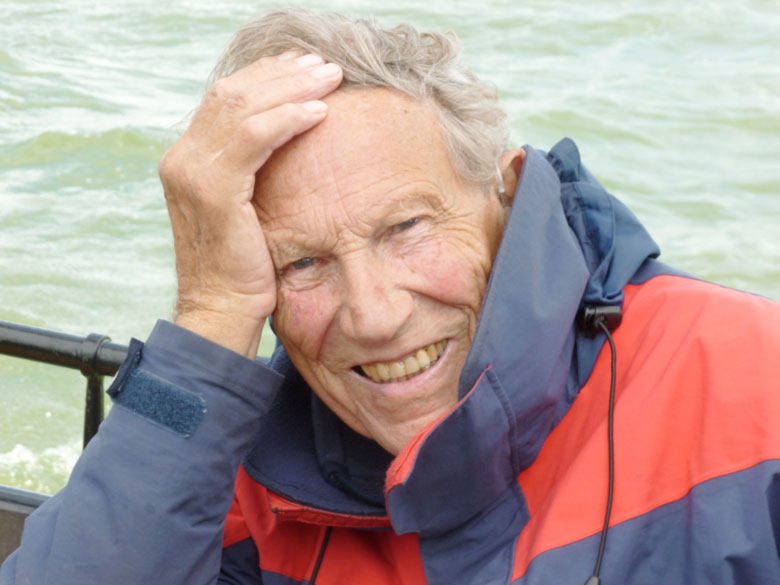
TTS is saddened by the death of Prof Johannes Joseph (Jon) van Rood, M.D., 91, the Dutch immunologist who made key contributions to the fields of Transfusion Medicine and HLA Histocompatibility for clinical transplantation. Jon passed away on Friday, 21st July 2017 in Leeuwarden, Netherlands. He was born on 7th April 1926 in The Hague, Netherlands to Albert Hendrik van Rood and Anna Marina Adriana Röell.
In 1944, Jon went to study medicine at the University of Leiden. After graduating in 1950, he spent a brief clinical clerkship at the Presbyterian Hospital in New York, and returned to Leiden University to train in Internal Medicine. Soon after the discovery of the first leukocyte antigen MAC in 1958 by Jean Dausset using the sera of poly-transfused patients, Jon discovered that anti-leukocyte antibodies (agglutinins) are induced not only by blood transfusions but also by pregnancy. Jon discovered several leukocyte antigens including the two allelic clusters recognizing 4a and 4b which are now referred to as HLA-Bw4 and HLA-Bw6, respectively. This work led to "Leukocyte Grouping, A Method and Its Application" - Jon's PhD thesis submitted to University of Leiden in 1962.
Jon organized the crucial 2nd International Histocompatibility Workshop in Leiden in August 1965. At this workshop, he used computers for the first time to analyze a large number of serological reactions, and clearly demonstrated that leukocyte antigens were indeed transplantation antigens representing the Major Histocompatibility Complex in humans. This system was officially named HLA in 1975. Jon joined the faculty of Medicine at the University of Leiden in 1966, and retired in 1991 as chair of the Department of Immunohematology and Blood Transfusion. He remained active in the fields of Histocompatibility and Transplantation.
Jon's contributions to clinical transplantation are numerous. In 1964, he started using HLA to select platelet donors for transfusion of patients with platelet refractoriness. In 1967, he founded the Eurotransplant organization to promote the optimal exchange of organs for transplantation. Jon was involved in the first successful pediatric bone marrow transplantations in Europe in 1968. He was instrumental in the establishment of Europdonor (present day Matchis) and Bone Marrow Donors Worldwide (BMDW) which are crucial for many successful hematopoietic stem cell transplantation all over the world. Jon and Aad van Leeuwen developed a serological method in 1972 to determine HLA-DR antigens. This novel method simplified tissue typing for clinical transplantation and was used worldwide.
Under the supervision of Jon, more than 60 PhD dissertations have been written on the role of HLA in organ and stem cell transplantations, disease associations, and immune response. Jon published more than 500 research articles. He was the driving force and founding president of the European Federation for Immunogenetics (EFI) in 1985, the European equivalent of the American Society for Histocompatibility and Immunogenetics (ASHI).
Jon received many prestigious honors, including eight honorary doctorates and several awards in recognition of his scientific work. Among these were the Rose Payne Award in 1991, the Robert Koch Prize in 1977, the Wolf Prize in 1978 (jointly with George D. Snell and Jean Dausset), the Heineken prize of the Royal Netherlands Academy of Arts and Sciences in 1990, and the Medawar Award of the Transplantation Society in 1996. He became a member of the Royal Netherlands Academy of Arts and Sciences in 1978, and a foreign associate of the US National Academy of Sciences in 1993.
Jon was fond of sailing. He worked hard even during his leisure - organized the popular annual immunology course on a sailing ship called the "Dageraad". The photo shown here was taken by his daughter last year after a sailing trip (Photo courtesy: Prof Frans Claas). Jon will be remembered with deep gratitude and respect not only as a true leader in the fields of HLA, Histocompatibility, and organ transplantation as well as a warm and pleasant person.
Jon is survived by his wife Sacha, his 3 children Yanda, Peter and Tinka and his 6 grandchildren.
Submitted by:
Rajalingam Raja, Ph.D.
Immunogenetics and Transplantation Laboratory, Department of Surgery
University of California, San Francisco, USA
TRANSPLANTATION INTERVIEWED JON VAN ROOD IN 2016
Read the full article on the Transplantation website.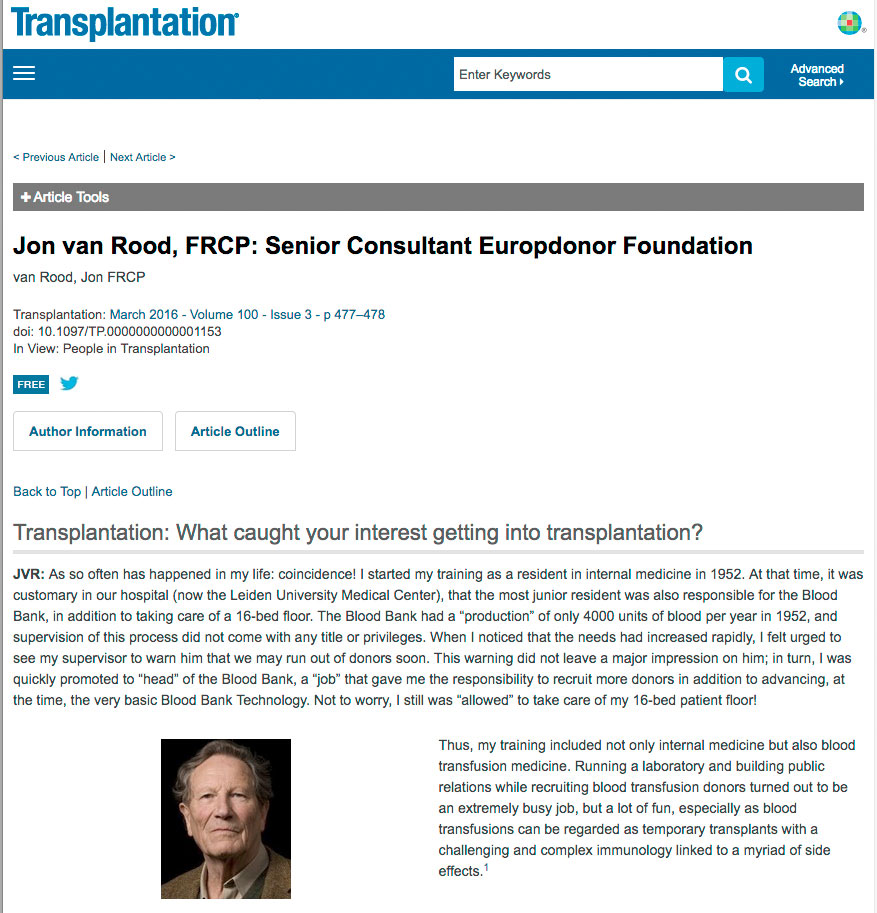
IN THE NEWS - PETER STOCK - TTS COUNCILOR
JUNE 20, 2017 - FEATURED MEMBER MOVING MOUNTAINS: A SURGEON'S FIGHT TO LEGALIZE HIV-TO-HIV ORGAN TRANSPLANTS
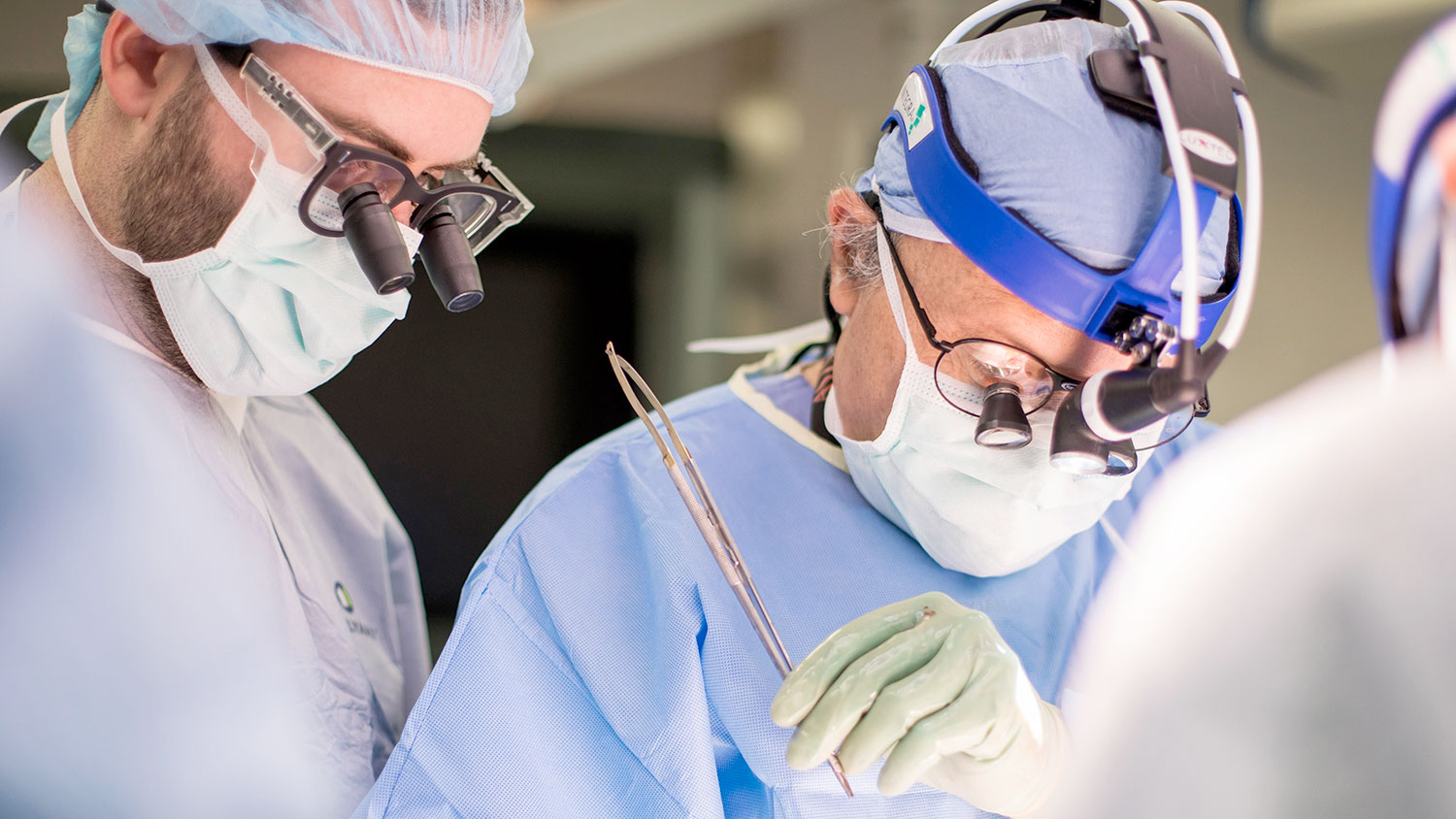
Peter Stock (right), MD, PhD, a transplant surgeon at UC San Francisco, has through his research and advocacy cleared the way for California’s first organ transplants from an HIV-positive donor to HIV-positive recipients. Photo by Susan Merrell
Through Research and Advocacy, UCSF Doctor Helped Change Federal, State Laws
Peter Stock, MD, PhD, a transplant surgeon at UC San Francisco, considers himself a representative specimen of his profession. “I think we’re all typically atypical,” he said, by which he means that transplant surgeons thrive on intensity, whether in the operating room or in pursuit of outside interests. At age 60, he still does about 75 transplants a year, including kidneys, livers and pancreases, runs the Boston Marathon every spring, and skis the American Birkebeiner, a cross-country ski marathon in Wisconsin, every winter. When he can take time off, he climbs mountains around the world.
Read the full article.13TH INTERNATIONAL SUMMER SCHOOL ON IMMUNOGENETICS - 24TH-26TH JULY, 2017 - DUBLIN, IRELAND
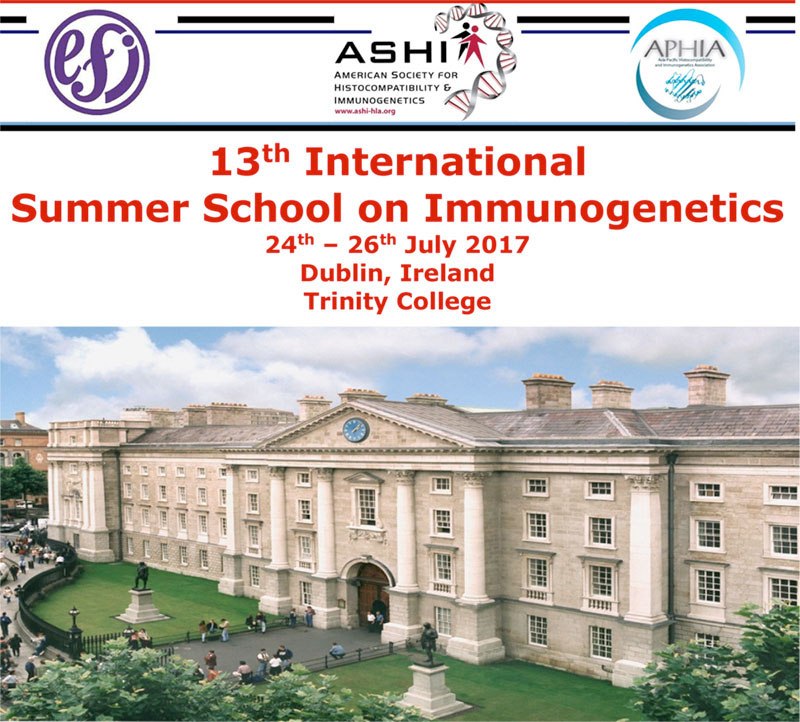
The 2017 International Summer School meeting, hosted and organized by EFI (European Federation for Immunogenetics) with support from ASHI (American Society for Histocompatibility & Immunogenetics) and APHIA (Asia-Pacific Histocompatibility and Immunogenetics Association), will be held in Trinity College in the heart of the city of Dublin, Ireland, 24th-26th July. This meeting provides a focused course on all aspects of theoretical and applied immunogenetics and histocompatibility. To encourage discussion, the course is limited to a small group of participants. Participants are invited to present their own research. The International Summer School is a great opportunity for those studying towards higher immunogenetics and histocompatibility specific qualifications as well as a chance to meet others working in the field in different parts of the world.
For more information, click here.SURVEY FROM THE BANFF HIGHLY SENSITIZED WORKING GROUP
Dear Colleague,
As you know, a major unmet need in kidney transplantation is an effective treatment for antibody mediated rejection. To advance this field and develop effective treatment, it is important to have consistent definitions and interpretation of renal allograft histopathology findings with the eventual goal of optimizing the management of renal allograft recipient. To ultimately develop a consensus for clinical diagnosis and therapeutic interventions, we believe that it is extremely important to understand how the interpretation and management currently differ among physicians for the same clinical scenario.
This survey is designed to understand the current practice patterns for the management of antibody mediated injury of the renal allograft. Please answer the following questions based upon your current practice patterns. We want to emphasize that there are no right or wrong answers for these cases.
Sincerely,
The Banff Highly Sensitized Working Group
Please use the link below to complete the survey. You may need to copy it into your browser.
https://redcap2.mayo.edu/redcap/surveys/?s=xNTsWE
MARCH 21 - ESTABLISHMENT OF BASKENT UNIVERSITY DIVISION OF TRANSPLANTATION

It is with great pleasure that we announce the establishment of the Division of Transplantation, under the aegis of the Baskent University Faculty of Medicine Department of General Surgery.
This is the first Transplantation Division of its kind at a University Hospital in Turkey, and was approved by the Higher Education Commission of Turkey on March 21, 2017.
Previously, kidney and liver transplantation fellowships had been organized within the Department of General Surgery; they will now be run as part of the Transplantation Division Program.
The rotation program for the subspecialty training will begin immediately and details of the program content can be found enclosed.
Sincerely,
Mehmet Haberal, MD, FACS (Hon), FICS (Hon), FASA (Hon)
Founder President, Division of Transplantation
Baskent University
DIVISION OF TRANSPLANTATION
ROTATIONS FOR SUBSPECIALTY TRAINING PROGRAM
The training program will last a minimum of 2 years
| Immunology | 1 month |
| Surgical Research and Microsurgery | 3 months |
| Adult Gastroenterology | 1 month |
| Adult Nephrology | 1 month |
| Pediatric Gastroenterology | 1 month |
| Pediatric Nephrology | 1 month |
| Cardiovascular Surgery | 1 month |
| Radiology (Diagnostic and Interventional) | 1 month |
| Intensive Care | 2 months |
| TOTAL | 12 MONTHS |
Division of Transplantation Educational Meetings: Saturdays at 09:00-10:30
- Each week discussion of weekly cases
- Each week one of the following will be implemented in turn
- Pathology presentation
- Immunology presentation
- Radiology presentation
- Gastroenterology presentation (pediatric / adult in turn)
- Nephrology presentation (pediatric / adult in turn)
- Surgical Presentation
- Anesthesiology Presentation
- Publications
- Mortality meeting
THOMAS E. STARZL (1926-2017)
We are sad to announce the passing of a true pioneer, tts past-president and medawar laureate, thomas e. Starzl.
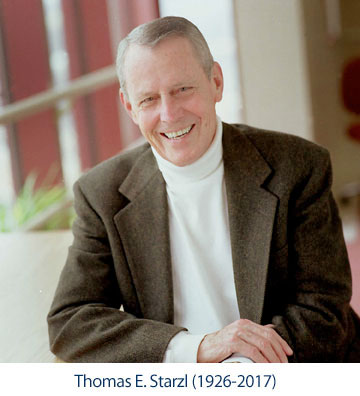
His family issued the following statement on the UPMC website (click here for the UPMC site):
"Thomas Starzl was many things to many people. He was a pioneer, a legend, a great human, and a great humanitarian. He was a force of nature that swept all those around him into his orbit, challenging those that surrounded him to strive to match his superhuman feats of focus, will and compassion. His work in neuroscience, metabolism, transplantation and immunology has brought life and hope to countless patients, and his teaching in these areas has spread that capacity for good to countless practitioners and researchers everywhere. With determination and irresistible resolve, Thomas Starzl advanced medicine through his intuition and uncanny insight into both the technical and human aspects of even the most challenging problems. Even more extraordinary was his ability to gift that capacity to those around him, allowing his students and colleagues to discover the right stuff within themselves. Nobody who spent time with Thomas Starzl could remain unaffected.
Thomas Starzl is a globally recognized pioneer in science and medicine, but beyond that mantle, he was simply known and loved for the person that he was. He was husband and soulmate to Joy Starzl, father to Tim Starzl (Bimla), Thomas F. Starzl and Rebecca Starzl, grandfather to Ravi Starzl (Natalie), and godparent to Lamont Chatman and Angela Ford. He was deeply loved for his tremendous wit, humor and sensitivity. His traits of humility, keen observation and seemingly limitless memory fused to create a unique personality that was at the same time inspiring and comforting. His drive to always remain in motion led him on grand adventures around the world, from his beloved Colorado Rockies to the Sea of Japan, from the tundra of northern Finland to the beaches of Monaco. He had an expansive knowledge and appreciation for all music, from classical to modern jazz. He enjoyed watching and analyzing movies, often researching their production and topic matter for hours, both before and after repeated viewings. He raised and cared for many canine companions, including Bevo, Thor, Maggie, Tiki, Shelby, Basta, Chooloo and Ophelia. Their unconditional love was matched only by his own love for them. He will be greatly missed."
OTHER LETTERS AND ANNOUNCEMENTS
- Condolence letter to TTS from Francisco González, President, Society of Transplantation of Latin America and the Caribbean.
- Thomas Earl Starzl, MD, PhD Transplant Pioneer, Polymath, Mentor March 11th, 1926-March 4th, 2017 | Fung, John J. MD, PhD | Transplantation: March 29, 2017 - Volume Online First
ANNOUNCEMENTS OF HIS PASSING IN THE MEDIA
Pittsburgh Post-Gazette - Thomas Starzl, pioneering transplant surgeon, dies at 90
2014 INTERVIEW WITH TTS
2015 INTERVIEW FOR ISBTS 2015 CONGRESS WITH GABRIEL GONDOLESI
1998 HALF-CENTRURY RETROSPECTIVE ON TRANSPLANTATION
THOMAS STARZL REFLECTS ON A CAREER ADVANCING TRANSPLANTATION
THE VATICAN ISSUES STATEMENT AGAINS ORGAN TRAFFICKING AND TRANSPLANT TOURISM
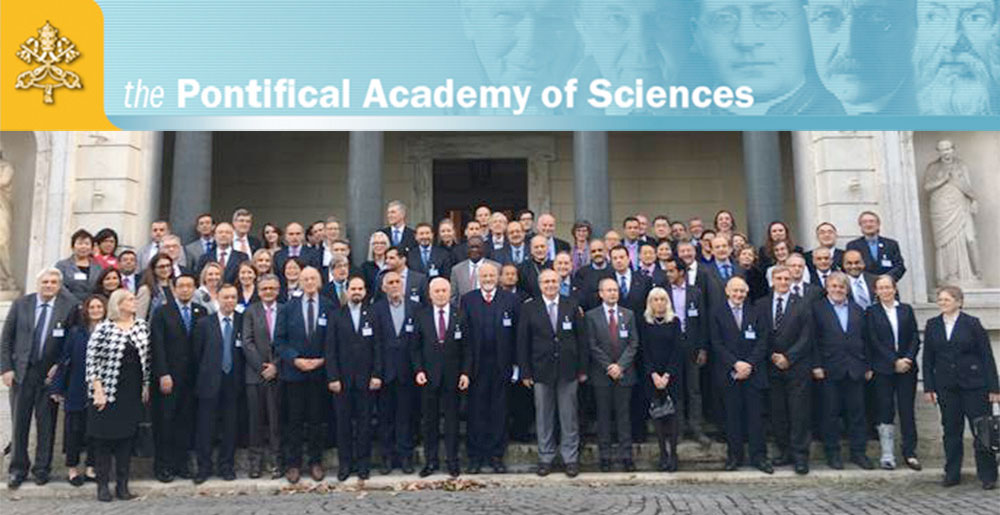
On 7-8 February, members of the TTS Executive and Council, the Declaration of Istanbul Custodian Group (DICG) Executive, representatives of the DICG board and of its membership, and others participated in a Summit on Organ Trafficking and Transplant Tourism convened by the Pontifical Academy of Sciences in the Vatican City.
A Statement was released which calls upon governments, ministries of health, judiciary systems, religious leaders, professional healthcare associations, and the general public to condemn human trafficking for the purpose of organ removal and organ trafficking and acknowledge them as ‘crimes against humanity’. The Statement proposes specific measures to combat and prevent these crimes and to protect their victims.
Together with the Declaration of Istanbul on Organ Trafficking and Transplant Tourism, a key reference for the Statement, this Summit represents a milestone in the fight against practices that violate fundamental human rights, represent a threat to individual and public health and tarnish the magnificence of transplantation. The statement is available from the Pontifical Academy of Sciences here.
VIEW STATEMENT AS A PDF
ALL FRENCH CITIZENS ARE NOW ORGAN DONORS UNLESS THEY OPT OUT
Change in law means consent for organs to be removed is presumed unless person joins official ‘refusal register’
France has reversed its policy on organ donations so that all people could become donors on their death unless they join an official register to opt out.
The new law presumes consent for organs to be removed, even if it goes against the wishes of the family.
Until 1 January, when the legislation took effect, unless the person who had died had previously expressed a clear wish for or against donation, doctors were required to consult relatives who, in almost a third of cases, refused.
Read the full article at:
https://www.theguardian.com/society/2017/jan/02/france-organ-donation-law
2016
IN MEMORIAM: DANIEL R. SALOMON (1953-2016)
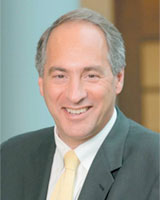
TSRI Professor Daniel R. Salomon was a physician and transplant immunologist.
A memorial service celebrating his life will be held this Saturday, November 19, in Del Mar, California at Seagrove Park above Del Mar beach, one of Dan’s family’s favorite places and his regular surfing spot.
The memorial service is scheduled to begin in the early afternoon with a special paddle-out ceremony at 4pm.
Daniel R. Salomon, a professor at The Scripps Research Institute (TSRI), passed away November 10 after battling his colon cancer for nearly two years. He was 63.
“Dan was a great colleague and a terrific human being,” said TSRI President Peter Schultz.
“Dan was the definition of a clinician-scientist and a gifted teacher and mentor,” said James Williamson, TSRI’s dean of graduate and postdoctoral studies and vice president for academic affairs. “In addition, he was a remarkable person—a theme reiterated by so many colleagues who knew him here at TSRI.”
After undergraduate studies at Northwestern University (1973), he received an M.D. from the Stritch-Loyola School of Medicine (1976). He did a medical residency at Cedars-Sinai Medical Center, University of California, Los Angeles from 1976 to 1979, becoming chief medical resident in 1980. This training was followed by nephrology and transplantation immunology fellowships at the Brigham and Women’s Hospital, Harvard Medical School.
In 1984, Salomon became medical director of the Kidney and Heart Transplant Programs at the University of Florida. In 1990, he moved to the Laboratory of Immunology at the National Institutes of Health to concentrate on basic research in molecular immunology and transplantation.
He arrived at TSRI in 1993, with a joint appointment at Scripps Health’s Scripps Green Hospital, where he became co-director of the Center for Organ and Cell Transplantation.
At TSRI, Salomon’s research focused on various aspects of transplantation and immunology with a primary focus on the functional genomics of human kidney, liver and islet transplantation. One major goal was to discover biomarkers for the diagnosis of acute and chronic rejection, the management of immunosuppression and prognostic markers for transplant outcomes. Another objective in functional genomics was to understand the multidimensionality of transcriptional regulation including microRNA regulation and alternative splicing in lymphocyte activation. His lab also investigated islet xenotransplantation, the molecular virology of Porcine Endogenous Retrovirus, therapeutic angiogenesis and applications of gene therapies to cell transplantation.
In a 2013 article on his work, Salomon said, “I’ve worked hard to link my medical interests to basic science, all the way down to cell biology and chemistry. TSRI’s science-focused, collaborative environment is perfect for that approach. Doing the best basic science possible and taking every opportunity created by good science and outstanding collaborators to translate the findings to a better understanding of health and disease is why I’m still here.”
Salomon published more than 127 manuscripts and 46 chapters, as well as editing three books. In addition, he recently served as president of the Society of Transplantation, as well as in leadership positions on the Regulatory Affairs Committee for the American Society of Gene Therapy; National Institutes of Health (NIH) Islet Cell Resources Steering Committee; NIH Genomics of Transplantation Cooperative Research Program Steering Committee; and Biological Response Modifiers Advisory Committee for the U.S. Food and Drug Administration.
Williamson relates, “Dan was a truly wonderful friend, and many of us got to know him especially well through surfing. We spent countless hours in the water together over the last 10 years, discussing science and politics, and especially the politics of science. We actually got a major grant funded for a project that we conceived over the course of two years of discussions while surfing. Those sessions in the waters of North County really embodied how he viewed life: it was the quality time that counts. As we would depart, tired from a session, I would give him a hug and say “Good to be with you!”. Yes, Dan it was good to be with you…for all of us.”
Salomon is survived by his wife, Lauren; his children, Marc and Rennie; his mother; and four grandchildren.
A memorial gathering at TSRI is being planned.
This article is provided by The Online Weekly Scripps Research Institute (TSRI)
LANCET UPDATE: STRATEGIES TO INCREASE LIVING DONOR TRANSPLANTATION
In honour of the European Day for Organ Donation and Transplantation which took place in October, Elmi Muller from the University of Cape Town writes about the observed stagnation of living donor kidney transplantation activity in many parts of the world. This update argues in favor of this practice and reviews various strategies to increase living donor transplantation.
Read more at http://www.thelancet.com/campaigns/kidney/updates/strategies-to-increase-living-donor-transplantationTTS Transplantation Leadership Series

OVERVIEW
The TTS Transplantation Leadership Series is designed to encompass necessary topics to assure success within key business practices used by medical professionals. The Series will cover today’s clinical and administrative environments such as: resource management and optimization, collaboration to benefit patient communities, measurement of patient outcomes, grant writing, publishing, professional leadership effectiveness, key leadership practices and clinical trials administration and optimization.
WHO SHOULD ATTEND
The TTS Transplantation Leadership Series encourages all of its Society members and Section members to attend. This includes clinical, administrative and industry leaders who wish to cultivate their knowledge of business practices and develop effective leadership skills.
HOW TO ATTEND
- An estimated 25 participants active in six TTS regions will be invited to attend the Series online and an Exclusive Leadership Workshop at a future Congress in 2017.
- The Series will be published online in the members-only section, available for download, in order to accommodate regional time differences.
- There is no registration fee for Society or Section members. However, participants who wish to attend must register online by November 30, 2016.
- Details for the Exclusive Leadership Workshop will be given at a later date.
- Apply key business practices and develop thought-leadership vital to transplant center’s clinical and administrative leaders and clinical trials administration
- Improve effective partnerships among patient communities, institutions, industry stakeholders and the transplant team
- Comprehend the craft and execution of grant writing and publishing medical articles
- Value the data of transplant patient outcomes and the dynamics of measuring a transplant center’s quality
PRACTICAL OBJECTIVES
SUBMISSION PERIOD IS CLOSED. APPLICANT NOTIFICATIONS WILL BE SEND IN EARLY 2017.
Please note you will need to provide a PDF copy of a recent CV when applying.
IPTA 2017 ABSTRACT SUBMISSION NOW OPEN!

The organizers of the 9th Congress of the International Pediatric Transplant Association welcome the submission of abstracts for in the following scientific themes. All abstract authors are asked to choose a scientific theme during the submission process.

DEADLINE OCTOBER 1 - SISTER TRANSPLANT CENTERS PROGRAM
The ISN-TTS Sister Transplant Centers Program is a joint partnership set up between ISN and The Transplantation Society (TTS) to create new kidney transplant centers and develop existing kidney transplant programs in emerging countries. Following the success of the ISN Sister Renal Centers Program, this initiative encourages transplant centers to work together to increase opportunities for kidney transplant patients in developing countries.
An experienced transplant center in the developed world lends its support to an emerging transplant center to facilitate vital multidisciplinary training and encourage both centers to exchange their knowledge and expertise.
The results are beneficial to both sides. Supporting centers get involved in global health, spread ethical and competent transplantation to regions of the world with limited or no current access to transplantation. Emerging centers connect with a multidisciplinary team of international experts in transplantati on from a world-leading center.
Application deadline October 1st every year.
>> CLICK HERE TO APPLY ONLINE <<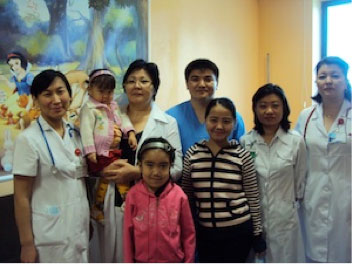
Every Level has a Status
Level C is the first stage within the program. Sister center partnerships jointly enter the program at Level C for a period of two years. They receive basic annual funds from ISN and TTS to help develop and support training links. These centers are eligible for an upgrade to a level B position if the progress reports are satisfactory.
Level B is the second stage within the program. Sister center partnerships which have shown significant progress in Level C can move to Level B after two years and receive further funding and benefits.
Level A is the final stage. Level B centers can apply competitively for an upgrade to Level A after two years. These upgrades are reserved for those few partnerships whose emerging sister centers show the most promising development towards centers of excellence in their region.
Honorary HB Level are failed upgrades from B to A which have one additional chance to apply for an upgrade.
ISN -TTS Sister Transplant Centers Program Guidelines and other important information for your submission are available on the online submission site.
CLINICAL AND HUMAN TRANSLATIONAL RESEARCH FELLOWSHIP IN TRANSPLANTATION AT THE UNIVERSITY OF PITTSBURGH
The Thomas E. Starzl Transplantation Institute is pleased to announce the establishment of the Clinical and Human Translational Research Fellowship in Transplantation at the University of Pittsburgh. This two-year fellowship will be offered to one candidate every other year.
The Clinical and Human Translational Research Fellowship in Transplantation at the University of Pittsburgh has been established as a mentored award to provide funding for postdoctoral fellows and instructor-level faculty performing clinical or human translational research in transplantation. The purpose of this fellowship is (1) to foster the training of research fellows with the potential to develop into successful independent investigators and (2) to foster, through training research fellows, transplant-related clinical and human translational research that is of high merit. The fellowship provides a stipend that is commensurate with NIH-recommended stipends based on the fellow's years of postdoctoral experience plus fringe benefits.
We are now requesting applications for the 2017 Clinical and Human Translational Research Fellowship in Transplantation at the University of Pittsburgh. Application deadline is December 1, 2016 with a beginning start date of July 1, 2017.
For additional fellowship information, application instructions, and application forms, visit the following website: http://www.stiresearch.health.pitt.edu/resources/fellowshipsgrants. Inquiries concerning the application process should be made to stiresearch@pitt.edu.
PRESS RELEASE - TRANSPLANTATION JOURNAL ANNOUNCES MOST OUTSTANDING PAPER IN THE FIELD OF TRANSLATIONAL SCIENCE RESEARCH
August 23, 2016 - Hong Kong
The Leslie Brent Award for Most Outstanding Paper in the Field of Basic Science Research was awarded this week for the paper, "Coaggregates of Regulatory T Cells and Islet Cells Allow Long-term Graft Survival in Livers Without Immunosuppression - (Authors: Takemoto, Naohiro; Konagaya, Shuhei; Kuwabara, Rei; Iwata, Hiroo)", Transplantation. 99(5):942-947, May 2015.
Hong Kong, CN: The Transplantation Society (TTS) would like to congratulate X on winning the Best Article in Transplantation.
About The Transplantation Society: The Transplantation Society is a Non-Governmental Organization (NGO) which serves as an international forum for the world-wide advancement of organ transplantation.
Jean-Pierre Mongeau
The Transplantation Society
514-874-1717
info@tts.org
PRESS RELEASE - TRANSPLANTATION JOURNAL ANNOUNCES MOST OUTSTANDING PAPER IN THE FIELD OF BASIC SCIENCE RESEARCH
August 23, 2016 - Hong Kong
The Anthony P. Monaco Award for Most Outstanding Paper in the Field of Translational Science Research was awarded this week for the paper, Differences in Immunogenicity of HLA Antigens and the Impact of Cross-Reactivity on the Humoral Response (Authors: Lucas, Donna P.; Leffell, Mary S.; Zachary, Andrea A.", Transplantation. 99(1):77-85, January 2015.
City, State: The Transplantation Society (TTS) would like to congratulate X on winning the Best Article in Transplantation.
About The Transplantation Society: The Transplantation Society is a Non-Governmental Organization (NGO) which serves as an international forum for the world-wide advancement of organ transplantation.
Jean-Pierre Mongeau
The Transplantation Society
514-874-1717
info@tts.org
PRESS RELEASE - THE TRANSPLANTATION SOCIETY ANNOUNCES 2016 RECOGNITION AWARDS
August 22, 2016 - Hong Kong, CN: The Transplantation Society honored professionals in the field of transplantation at its 50th Anniversary Congress.
About the Recognition Awards:
These awards recognize individuals who have made a major international impact in the field of transplantation. The awards are given out at each international congress of The Transplantation Society.
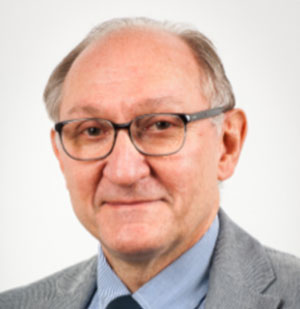 |
DR. JAN PAUL MARTHE (LERUT) Award for Mentorship or Education and Training in Transplantation. |
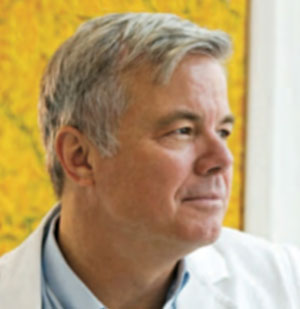 |
DR. STANLEY JORDAN Award for Outstanding Achievement in Transplantation (Clinical) |
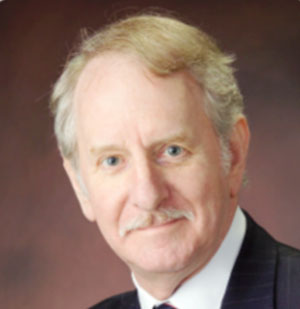 |
DR. DAVID K. C. COOPER Award for Outstanding Achievement in Transplantation Award (Basic Science) |
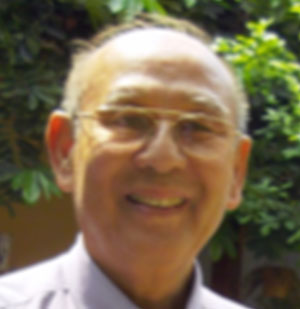 |
DR. VISIST DHITAVAT Award for Outstanding Achievement in Transplantation (Developing Country) Award |
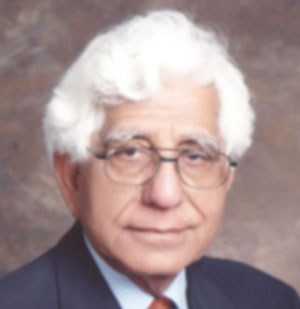 |
PROFESSOR ADIBUL RIZVI Humanitarian Award in Transplantation |
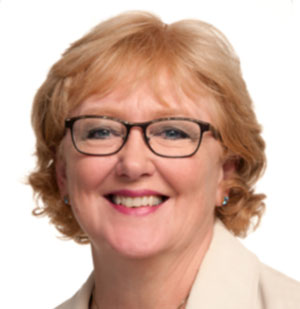 |
DR. LORI J. WEST Woman Leader in Transplantation Award |
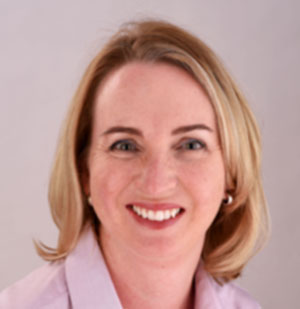 |
DR. ELMI MULLER Women in Transplantation Hero Award |
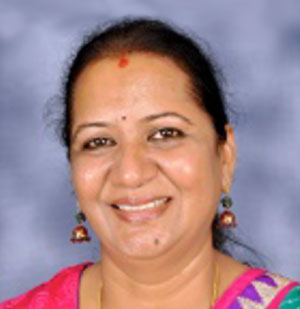 |
DR. LALITHA RAGHURAM Women in Transplantation Hero Award |
About The Transplantation Society: The Transplantation Society is a Non-Governmental Organization (NGO) which serves as an international forum for the world-wide advancement of organ transplantation.
Jean-Pierre Mongeau
The Transplantation Society
514-874-1717
info@tts.org
PRESS RELEASE - PROF. JEAN-PAUL SOULILLOU IS AWARDED THE 2016 MEDAWAR PRIZE DURING THE 2016 WORLD TRANSPLANT CONGRESS
August 21, Hong Kong, CN: The Transplantation Society (TTS) has recognized Jean-Paul Soulillou for his lifetime contributions in the field of transplantation with its highest distinction, the Medawar Prize.
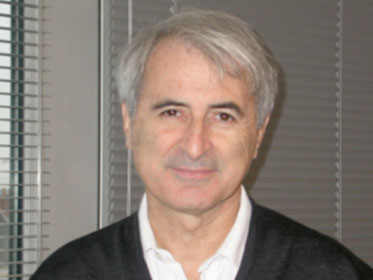 |
PROF. JEAN-PAUL SOULILLOU Over decades, Professor Soulillou has created a major reference center for clinical and fundamental research in Europe. He has been the director of several INSERM Units, was the founder of the Institute of Transplantation as Nantes University Hospital, one of Europe's largest centers for kidney and combined kidney-pancreas transplantations, as well as the founder of RTRS "Centaire", a French translational network for transplantation sciences. He is currently the Emeritus Professor of Immunology, "Classe Exceptionnelle" at the University of Nantes, as well as a Member of the Institut Universitaire de France, since 2002 |
PRINCIPAL SCIENTIFIC ACHIEVEMENTS
Anti donor class II antibodies: In 1978, Prof. Soulillou published a report, demonstrating a marked association between appearance of anti-class II antibodies after renal transplantation and the onset of treatment-resistant rejection. This was the first demonstration of the importance of anti-donor class II antibodies as a detrimental factor in the function and survival of renal transplants in patients. This important discovery has subsequently been substantiated by numerous other investigators and is now considered as a fundamental concept in this field. Results were published in the Lancet 1978.
Transcriptional biomarkers and spontaneous operational renal allograft tolerance: A small fraction of renal allograft transplant recipients who discontinue their immunosuppressive medications develop "operational tolerance" spontaneously. Prof. Soulillou and colleagues developed a new paradigm for studying these patients through examining microarrays of cDNA libraries from operationally tolerant and non-tolerant allograft recipients. Using this paradigm, "footprints" of expressed genes promise to allow clinicians to know which patients can safely be taken off of immunosuppressive drugs, thus avoiding the complications often caused by these drugs. This was the first demonstration of an association between a panel of transcriptional biomarkers and spontaneous operational renal allograft tolerance.
Inhibiting the CD28:B7 pathway: Prof. Soulillou developed a new approach to inhibiting the CD28:B7 pathway. This was done by designing a new single chain antagonist fusion molecule, Prof. Soulillou has produced a drug that inhibits activation of alloagressive T cells through CD28 without inhibiting activation of regulatory T cells through CTLA4. This was a new, highly original and safe approach of inhibition CD28, sparing CTLA4/B7 interaction. The initial publications were in Blood (2002), and in POE in the primate (Science Translational Medicine), which is now licensed to J&J.
Anti-IL2 receptor: Prof. Soulillou performed the first introduction and pilot randomized study of anti-IL2 receptor. These results were published in the Lancet 1987, NEJM 1990, and Lancet 1997.
CNI IS and cancer: First demonstration of a quantitative link between CNI IS and cancer. These results were published in the Lancet (1988).
Research on operational tolerance in humans: This research suggested for the first time the role of B regulatory cells and obtaining a first signature (a series of remarkable papers following the PNAS 2007).
About the Medawar Prize:
The Medawar Prize, named after Society co-founder Sir Peter Medawar, is recognized as the world's highest dedicated award for the most outstanding contributions in the field of transplantation. The Medawar Prize has been awarded at each of our Society's biennial Congresses since 1990. The award recognizes the outstanding investigators whose contributions have had such a profound influence on the field of organ transplantation. The Medawar Prize is universally considered to be commensurate with the most outstanding world prizes for scientific achievement.
About The Transplantation Society:
The Transplantation Society is a Non-Governmental Organization (NGO) which serves as the international forum for the world-wide advancement of organ transplantation.
Jean-Pierre Mongeau
The Transplantation Society
514-874-1717
info@tts.org
THE TRANSPLANTATION SOCIETY ANNOUNCES THEIR NEW COUNCIL POSITIONS FOR 2016-2018
Press Release - October 6 - Montreal, QC, Canada: The Transplantation Society (TTS) recently announced the returning and newly elected officers and councilors for 2016-2018 at its Biennial Congress recently held in Hong Kong. We would also like to thank all of those who voted in the recent elections, for the success of TTS depends on the active participation of our members.
NEW OFFICERS
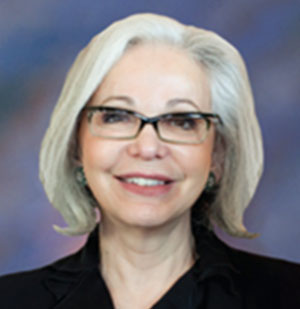 |
Nancy Asher M.D., Ph.D.has assumed the presidency of TTS at the conclusion of the congress. She is currently Chair of the University of California (UCSF) Department of Surgery. She is board-certified by the American Board of Surgery, and in 1988 she was recruited to the UCSF Department of Surgery to build a liver transplantation program. In 1991, she was appointed Chief of Transplantation, an expanded role that included liver, kidney and pancreas transplants. In 1993 she was appointed Vice Chair of the UCSF Department of Surgery and in 1999 was appointed Department Chair. |
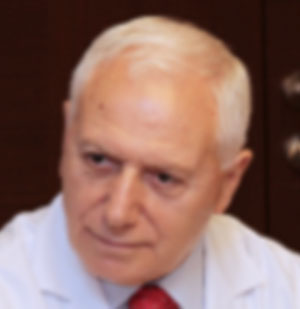 |
Mehmet Haberal (Turkey) M.D., FACS (Hon), FICS (Hon), FASA (Hon) has been elected to the position of President-Elect of TTS .He is currently the Governor and Turkey Representative of the ACS. He is also Founder and President of the Executive Supreme Board of Baskent University. |
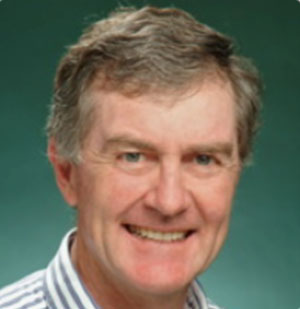 |
Philip O’Connell, has assumed the role of Immediate Past President at the conclusion of the congress. He is a Clinical Professor in Medicine at the University of Sydney and Director of Transplantation at Westmead Hospital. He is the founding Director of the Centre for Transplant and Renal Research, The Westmead Institute. He is director of the Australian Clinical Islet Transplant Consortium. |
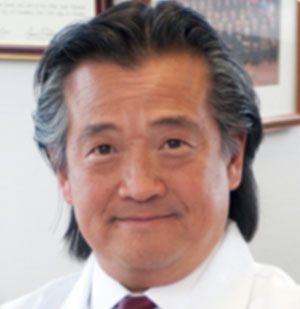 |
John J. Fung (United States)M.D., Ph.D. has been elected to the position of Secretary of TTS. He is currently the Director of the Cleveland Clinic Health System Center for Transplantation. He has also served in the TTS Council since 2002 in a variety of positions. |
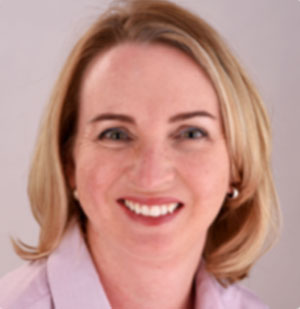 |
Elmi Muller (South Africa) M.B., Ch.B., M.Med, who served as Treasurer for the past two years, has assumed the role of Senior Treasurer of TTS. She is currently the head of the Transplant Unit at Groote Schuur Hospital in Cape Town South Africa, and is a Transplant Surgeon at the University of Cape town, South Africa. |
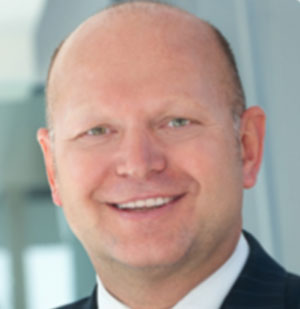 |
Stefan G. Tullius (United States)M.D., Ph.D has been elected to the position of Treasurer of TTS. He is currently Chief of Transplant Surgery, Director of the Transplant Surgery Research Laboratory at Brigham and Women’s Hospital (Boston), and Professor of Surgery at Harvard Medical School. He is also currently chair of TTS‘ Basic Science Committee, UNOS Region 1 Associate Councillor, member of DICG and part of the Executive Organizing Committee of TTS Congress 2016, Hong Kong. |
NEW COUNCILORS
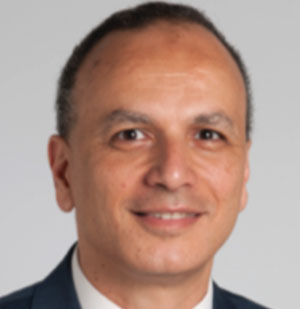 |
Medhat Askar (United States) M.D., Ph.D., MSHPE, FRCPath (London), D(ABHI), D(ABMLI), HCLD(ABB) has been elected to the position of Councilor-at-large (North America) of TTS. He is currently Director of Transplant Immunology at Baylor University Medical Center, (Dallas, TX), Co-Director of the CME accredited Advanced Renal Transplantation Learning Series, board member of the American Society for Histocompatibility and Immunogenetics (ASHI; Project Leader), International HLA and Immunogenetics Workshop. |
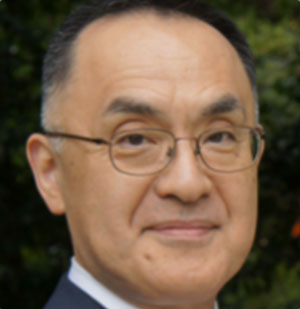 |
Hiroto Egawa (Japan) M.D., Ph.D. has been elected to the position of Councilor-at-large (Asia) of TTS. He is currently Professor of Surgery at the Tokyo Women’s Medical University. He is also on the council of the Asian Society of Transplantation, is an associate editor of the American Journal of Transplantation, and has been a member of educational committee of TTS since 2015. |
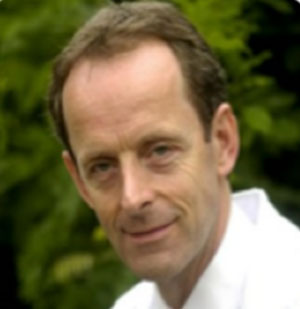 |
Peter J. Friend (United Kingdom) M.D., FRCS. has been elected to the position of Councilor-at-large (Europe) of TTS. He is currently Professor of Transplantation at the University of Oxford and is the Director of the Oxford Transplant Centre. |
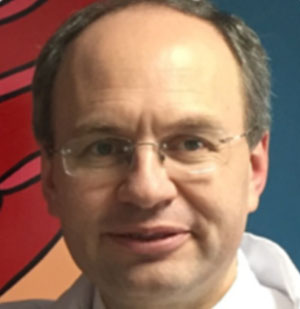 |
Gabriel E. Gondolesi (Argentina) M.D. has been elected to the position of Councilor-at-large (Latin America) of TTS. He is currently Secretary-Treasure of the Intestinal Transplant Association, and was chairman of the XIV International Intestinal Transplant Symposium, held in Buenos Aires in June 2016. He is also a society member of the Argentine Association of Surgery, the Argentinean Society of Transplantation, the American Association of Transplant Surgeons, the Society for Surgery of the Alimentary Tract, the International and Americas Hepato-Bilio-Pancreatic Association, and the American Medical Association. |
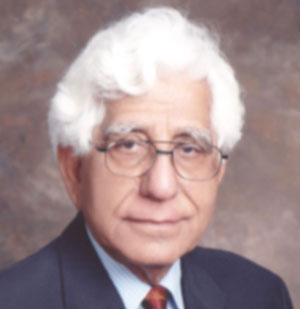 |
S. Adibul Hasan Rizvi (Pakistan) M.D. has been elected to the position of Councilor-at-large (Asia) of TTS. Professor Rizvi is the founder of the Sindh Institute of Urology and Transplantation (SIUT) and is the president of the Transplant Society of Pakistan. He has also served on the TTS Ethics Committee, and as a member of both the Declaration of Istanbul Custodian Group, and the WHO Advisory Panel on Organ Transplantation. |
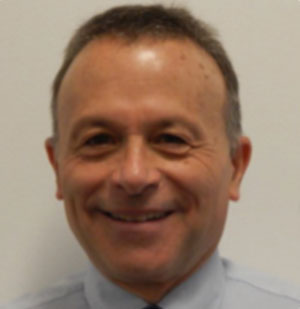 |
Peter G. Stock (United States) M.D., Ph.D. has been elected to the position of Councilor-at-large (North America) of TTS. He is currently Professor of Surgery at the University of California, San Francisco and has served as President of the American Society of Transplant Surgeons (2014-2015). |
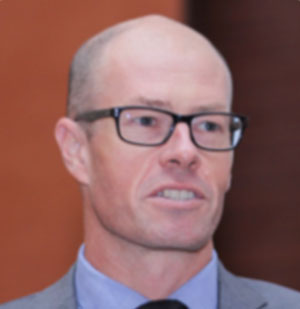 |
Steve J. Chadban BMed(hons), Ph.D., FRACP has been electedto the position of Councilor-at-large (Oceania) of TTS. He is a Transplant Physician in Renal Medicine, and is currently the Head of Kidney Transplantation at the Royal Prince Alfred Hospital and is also a Professor at the University of Sydney. |
RETURNING OFFICERS AND COUNCILORS
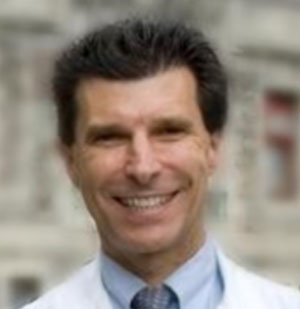 |
Marcelo Cantarovich (Canada) M.D. is the Vice President of TTS. He is Professor of Medicine, Medical Director of Kidney and Pancreas Transplantation, and Associate Director of the Multi-Organ Transplant Program (McGill University Health Center, Montréal, Québec, Canada). |
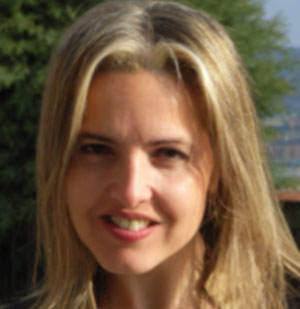 |
Beatriz Dominguez-Gil (Spain) M.D., Ph.D., is Councilor-at-large (Europe) of TTS. She is currently a nephrologist working with the Spanish National Transplant Organization, chair of The Transplantation Society’s Ethics Committee, Co-Chair of the Declaration of Istanbul Custodian Group, past chair of the European Donation and Transplant Coordination Organization (EDTCO), and board member of the Spanish Transplantation Society. |
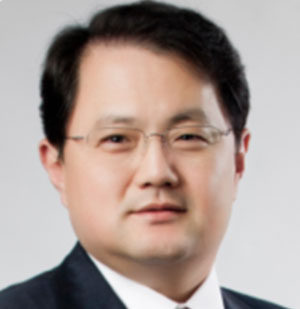 |
Jongwon Ha (Republic of Korea) M.D., Ph.D. is Councilor-at-large (Asia) of TTS. He is currently a kidney and pancreas transplant surgeon in Seoul National University Hospital and serves as chief of Division of Transplantation and Vascular Surgery, Department of Surgery. He is also president of Korea Organ Donation Agency (KODA), which is the national OPO of Korea, a member of IXA, and a councilor of ISODP. |
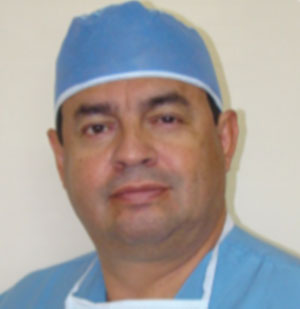 |
Alejandro Nino Murcia (Columbia) is Councilor-at-large (Latin America) of TTS. He has been the Executive Director of the Colombian Transplant Association (ACTO) since 2006, and also Member of the Board of the Sociedad de Trasplantes de America Latina y del Caribe STALYC since 2006. He is currently Professor at the School of Medicine and Health Sciences of the Universidad del Rosario. |
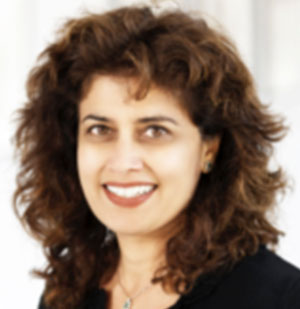 |
Minnie Sarwal (United States) M.D., Ph.D., FRCP, DCH is Councilor-at-large (North America) of TTS. She is a professor in the Department of Surgery at UCSF, San Francisco, Director at the BIOMARC Theranostics Institute, Sutter Health, San Francisco, and also a professor in the Department of Pediatrics at CPMC, San Francisco, USA. |
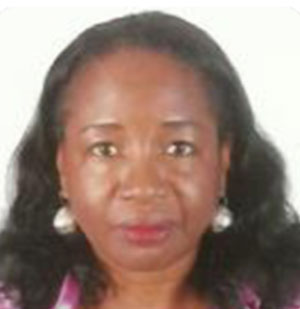 |
Ifeoma Ulasi (Nigeria) MBBS, FWACP, M.Sc., PGD, is Councilor-at-large (Middle East/Africa) of TTS. She is currently a Professor of Medicine at the College of Medicine, University of Nigeria, and is a member of ISN, ISH, EDTA, and the African-Committee in ISN Global Outreach Committee. |
About The Transplantation Society:
The Transplantation Society is a Non-Governmental Organization (NGO) which serves as the international forum for the world-wide advancement of organ transplantation.
Jean-Pierre Mongeau
The Transplantation Society
514-874-1717
info@tts.org
TTS ON AIR - TTS 2016 PLENARY SESSION LIVE STREAM
FOR IMMEDIATE RELEASE
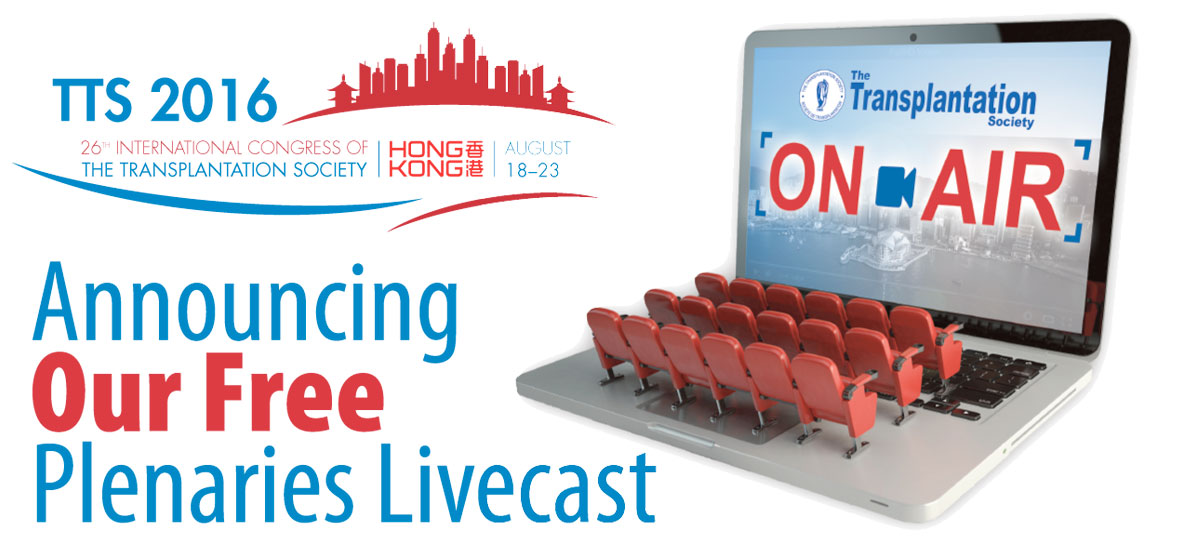
TTS ON AIR SESSIONS STREAMED LIVE
Hong Kong, CN: For the first time, The Transplantation Society (TTS) will be livecasting plenaries from the 2016 International Congress via TTS ON AIR.
"Education is a core mission of TTS and the ability to share these important plenary lectures at no charge with a larger audience helps us achieve this important mission. The TTS OnAir Livecast is open to anyone with an active interest in the field of transplantation so we are excited to be able to extend this invitation to the international community." - Says Philip J. O'Connell, TTS President
Participants must register online to watch. For more information and to register, please visit: http://onair.tts.org

Features of the livecast include:
- Livecasts of plenary sessions
- Chat with other online attendees
- Submit questions to the session chairs
- Watch previously streamed plenaries via “On-Air Rewind”
Dates and times:
| Session | Date | Local Time (HKT) | UTC |
| Opening Plenary | August 19th | 17:30–18:30 | 09:30–10:30 |
| Basic and Translational Sciences | August 20th | 08:30–10:00 | 00:30–02:00 |
| Antibody Mediated Injury | August 21th | 08:30–10:00 | 00:30–02:00 |
| Hepatitis C Virus in SOT | August 22th | 08:30–10:00 | 00:30–02:00 |
| President’s Plenary and Awards | August 22th | 10:30–12:30 | 02:30–04:30 |
| Transformational Science in Tx | August 23th | 08:30–10:00 | 00:30–02:00 |
| What changes will we see in Tx? | August 23th | 12:00–13:30 | 04:00–05:30 |
TTS INTERACTIONS WITH CHINA - JULY 31, 2016
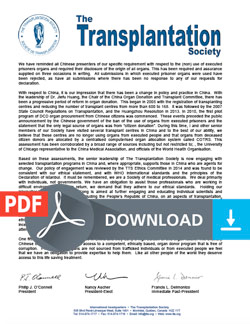 |
Over the past month there has been several public comments regarding past and current transplant practices in China and The Transplantation Society’s (TTS) response to these issues. As our international congress is being held in Hong Kong this year, we felt it important to restate our position on the use of organs from executed prisoners, organ trafficking and transplant tourism regardless of the country of origin. |
The Transplantation Society’s response to China, and to unethical practices in other countries, has been clear and consistent. Our stance on China’s use of organs from executed people has been unambiguous and has been in place for more than a decade. TTS has made strong and public statements against organ trafficking, the use of organs from executed people, and transplant commercialization in all countries. We refuse to accept presentations at our meetings and conferences or to publish academic articles where organs from executed people have been used, and have published our position in the press and academic literature. Several recent examples are the following: Lancet [letter]. 2014, 384(9945): 741, Transplantation 2014, 97: 795-6 and Transplantation 2015, 99; 1-2. Partly in response to these issues, TTS, in partnership with the International Society of Nephrology, established the Declaration of Istanbul.
In addition to our public policy stance, TTS demands the highest of ethical standards from our members. All members must sign an ethics statement (available on our website) and adhere to the ethical principles of the Society. In particular, this prohibits members from using organs from executed people and from being involved in unethical commercialization and organ trafficking. Any transplant professional, who uses organs from executed prisoners is prohibited from TTS membership. This, with the prohibition by Transplantation, the American Journal of Transplantation and other major medical journals on publishing articles where organs are sourced in this way has been one of our most effective tools to highlight our stance and bring about change, not only in China, but in other regions where unethical practices are occurring. There has not been, nor will there be, any change in our policy, nor change in our stance on these issues. With regard to the upcoming international congress in Hong Kong, we have asked all presenters, from all countries, to confirm that no organs from executed prisoners were used and that their presentation conforms with the ethical standards of the Society. The Scientific Program Committee of the upcoming international congress has applied clear ethical and scientific guidelines to remind all presenters of Scientific papers of their responsibilities for truth, clarity and disclosure.
We have reminded all Chinese presenters of our specific requirement with respect to the (non) use of executed prisoners organs and required their disclosure of the origin of all organs. This has been required and assurance supplied on three occasions in writing. All submissions in which executed prisoner organs were used have been rejected, as have all submissions where there has been no response to any of our requests for declaration.
With respect to China, it is our impression that there has been a change in policy and practice in China. With the leadership of Dr. Jiefu Huang, the Chair of the China Organ Donation and Transplant Committee, there has been a progressive period of reform in organ donation. This began in 2005 with the registration of transplanting centres and reducing the number of transplant centres from more than 600 to 168. It was followed by the 2007 State Council Regulations on Transplantation, and the Huangzhou Resolution in 2013. In 2010, the first pilot program of DCD organ procurement from Chinese citizens was commenced. These events preceded the public announcement by the Chinese government of the ban of the use of organs from executed prisoners and the statement that the only legal source of organs was from “citizen donation”. During this time, I and other senior members of our Society have visited several transplant centres in China and to the best of our ability, we believe that these centres are no longer using organs from executed people and that organs from deceased citizen donors are allocated by a centralised computerised organ allocation system called COTRS. This assessment has been corroborated by a broad range of sources including but not restricted to; , the University of Chicago representative to the China Medical Association, and officials of the World Health Organisation.
Based on these assessments, the senior leadership of The Transplantation Society is now engaging with selected transplantation programs in China and, where appropriate, supports those in China who are agents for change. Our policy of engagement was reviewed by the TTS Ethics Committee in 2014 and was found to be consistent with our ethical statement, and with WHO international standards and the principles of the Declaration of Istanbul. It must be remembered, we are a Society of medical professionals. We deal primarily with individuals, not governments. We have an obligation to assist those professionals who are working in difficult environments and, in return, we demand that they adhere to our ethical standards. Holding our international congress in Hong Kong is aimed at further engaging and educating individual scientists and clinicians from countries in Asia, including the People’s Republic of China, on all aspects of transplantation, including the ethical expansion of organ donation, both deceased and living donors. Our attendance, on the 21st and 22nd August 2015 at the China National Organ Procurement Organisation Alliance in Guangzhou was at the request of the newly formed National Organ Donation and Transplantation Committee of China. We decided to accept the invitation as it provided an opportunity to offer advice and guidance on the development of an ethically based, transparent, deceased organ donor program, which must be free of corruption and financial incentives. In large part our perception that things have changed for the better was confirmed by our attendance at this meeting and from visits to Chinese transplant centres in several Chinese provinces.
One fifth of the world’s population lives in China and they carry a high burden of end organ failure. The ordinary Chinese citizen desperately needs access to a competent, ethically based, organ donor program that is free of corruption. Provided that organs are not sourced from trafficked individuals or from executed people we feel that we have an obligation to provide expertise to help them. Like all other people of the world they deserve access to this life saving treatment.

ASIAN TRANSPLANTATION WEEK 2016 (ATW 2016)

Dear colleagues,
We are delighted to invite you to The Asian Transplantation Week (ATW) 2016 to take place from October 27 (Thu.) to 29 (Sat.), 2016 at the Grand Hyatt Incheon, Incheon, Korea. This congress was endorsed by The Transplantation Society officially and ATW 2016 includes two joint symposiums with Vitallink Korea and the Japanese Transplantation Society (JKTF).
This meeting marks a milestone for all Asian society developing a young transplant program to make a firm basis for their program. Issues relevant to establishing a national system for organ transplant, and strengthening education programs for transplant trainees in Asia will be a highlight. The ATW 2016 will offer exceptional postgraduate program starting on Thursday afternoon with a vitallink symposium in the morning. Abstracts will be presented in the form of plenary, concurrent and poster sessions and a join symposium with Korean-Japanese Transplantation Society will be held on Saturday. As you are aware, all accepted abstracts will be considered as a publication to the Transplantation Proceedings. Additionally, we are very excited to offer Travel Grant (USD 1,000) to selected international abstract presenters and we hope that you will consider submitting an abstract.
The Grand Hyatt Incheon is 5 min away from the Incheon Airport, being a tourism and business and it also close too downtown Seoul.
ou can broaden your horizons in Transplantation at ATW 2016 and have the opportunity to network with your contemporaries in the Asian transplant society with the Korean cultural experience.
Eagerly we are awaiting your participation in the ATW 2016
Won-Hyun Cho
Congress President
ATW 2016
Curie Ahn
Chair, Organizing Committee
ATW 2016
ASHI 42ND ANNUAL MEETING AND IMMUNOGENETICS BASIC SCIENCE SYMPOSIUM
September 26, 2016 from 8:00am to 5:30pm
Hyatt Regency St. Louis at the Arch
315 Chestnut Street
St. Louis, MO 63102 US
New this year, the ASHI 42nd Annual Meeting will have an Immunogenetics Basic Science Symposium on Monday, September 26 from 8:00 am - 5:30 pm.
This symposium will feature the most polymorphic genes in the human genome. HLA class I and II associate with an unprecedented range and number of human diseases, and contribute to the outcome of therapeutic intervention, most notably the transplantation of cells, tissues and organs. Physiological interactions of HLA class I and II with families of variable lymphocyte receptors diversify the human immune response to infection and cancer and, in the case of natural killer cells, implantation of embryos at the beginning of pregnancy.
These subjects will be presented and discussed by experts drawn from around the world as well from the considerable talent that is resident in St. Louis. This is an additional registration fee.
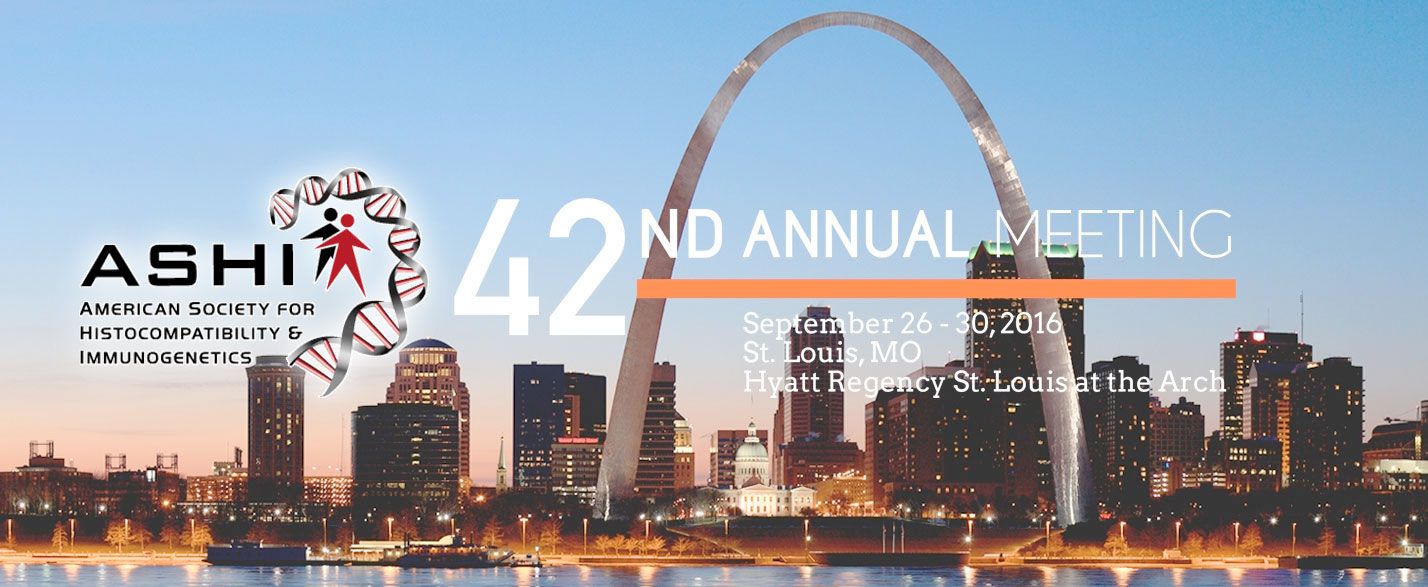
2016 TTS COUNCIL ELECTION FOR OCEANIA
Dear colleagues,
The success of the Society relies on the active participation of our members. We encourage you to vote in this election for Oceania Council position. Only full members in good-standing may vote. Your eligibility and status of your participation are available on the ballot page (click link below).
Election results will be announced on August 18 at the TTS 2016 Congress and in the Tribune!
Gabriel Danovitch
Secretary, The Transplantation Society
DEADLINE TO VOTE IS MONDAY, JULY 11 @ 23:59:59.
CANDIDATES FROM OCEANIA (ONE POSITION AVAILABLE)
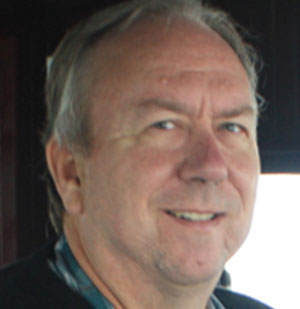 |
SCOTT CAMPBELL, AUSTRALIA Scott Campbell, MBBS, FRACP, PhD is Clinical Director of Renal Transplantation at Princess Alexandra Hospital in Brisbane, Australia. He served as a Councillor and Treasurer of the Transplantation Society of Australia and New Zealand from 2009 - 2013, and chaired the Australian Renal Transplant Advisory Committee from 2005 - 2013. He has chaired the CARI Guidelines Committee writing the Australasian Guidelines for Renal Transplant Recipient Suitability as well as chairing the Transplantation Working group of the ANZDATA Registry from 2009 - 2012. His interests include clinical immunosuppression, skin malignancy and transplant allocation policy. |
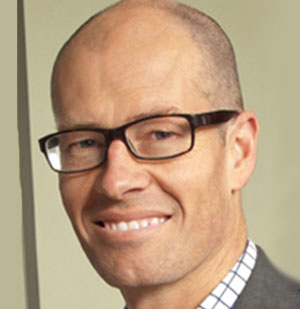 |
STEVE CHADBAN, AUSTRALIA Professor Steve Chadban, BMed, FRACP, PhD, is a clinician scientist at University of Sydney and Royal Prince Alfred Hospital and President of the Transplantation Society of Australia and New Zealand. A busy clinician, Chadban is also a lead researcher in basic science (innate immunity), clinical trials and transplant epidemiology with 196 publications, 8392 citations, H-factor 47. He works with Government to improve organ donation, ANZDATA registry to promote research and practice change and KDIGO as co-chair, Recipient Suitability Guideline. Key themes include local, regional and global collaboration in research, education and practice; patient centred outcomes; advancement through science. |
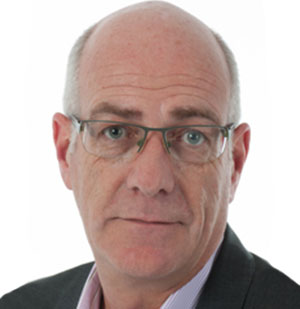 |
IAN DITTMER, NEW ZEALAND Ian Dittmer is a Renal Physician specializing in transplantation. He trained in Auckland, New Zealand and Bristol, UK with a special interest in clinical immunology. He has overseen the NZ kidney allocation scheme since 1998. He is an active clinical transplant physician and is head of the Department of Renal Medicine at Auckland City Hospital. Ian is a member of the Declaration of Istanbul Custodial Group and the TTS Ethics Committee. He completed a sabbatical in 2015 focusing on the ethics of live donor transplantation especially the issue of the balance between patient autonomy and professional protectionism (paternalism). |
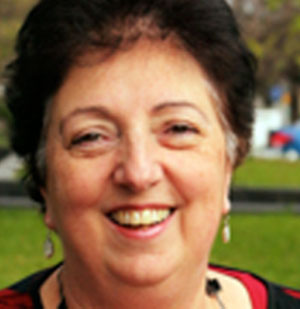 |
RHONDA HOLDSWORTH, AUSTRALIA Rhonda Holdsworth has worked in the field of HLA Immunogenetics in transplantation and transfusion for more than 25 years and is currently the National Manager of the Transplantation & Immunogenetics Laboratories at the Australian Red Cross Blood Service. Rhonda is an active participant in professional societies both in HLA immunogenetics (APHIA, ASHI) and transplantation (TSANZ/ RTAC) serving on committees and special interest working groups. Rhonda is the current APHIA president and is APHIA faculty for the International Summer School for HLA Immunogenetics. Rhonda has a special interest in HLA genetics and HLA antibody identification and the implications for transplantation. |
CALL FOR NOMINATIONS COUNCILOR-AT-LARGE (OCEANIA)
In accordance with the By-Laws of The Transplantation Society, this letter is to notify you of the impending election of a Councilor-at-large position for Oceania and to seek nominations to fill the vacated position. The Council and its Officers are important to TTS' fulfillment of its strategy and mission. We are therefore seeking nominations of highly qualified and dedicated individuals to ensure the continued success of TTS.
All nominations must be received at the TTS International Headquarters in Montreal no later than June 17, 2016.
COUNCILOR-AT-LARGE – OCEANIA
Full members in good standing may nominate someone residing in Oceania. If you wish to nominate someone, please complete the online nomination form or download, complete and return the PDF alternate version (click to download). Only full members in good standing may be nominated.
Since each nominee must have his or her form signed by two other supporting members, the online process allows for efficient and rapid circulation. Members in good standing can access the online nominating form by clicking the following link:
PLEASE DIRECT ANY INQUIRIES REGARDING THE NOMINATIONS TO:
Amanda Mayer, Membership Coordinator (membership@tts.org)
IN MEMORY OF DR JOSETTE ERIS - TTS COUNCILOR
 |
We are very sorry to have to tell you that Josette Eris, a TTS Council Member from Australia, passed away today. Until a few months ago she was an active member of Council. She passed away peacefully at home in the company of her family after a brief illness. She was elected to Council in 2014, was Chair of the Women in Transplantation Committee, and was the first female President of TSANZ. She was one of the outstanding women in transplantation and was appointed Director of Nephrology at the Royal Prince Alfred Hospital at a relatively young age. Under her leadership, the Royal Prince Alfred Hospital was one of the premier renal units in Australia; she demonstrated outstanding leadership and vision in support of renal transplantation in Australia. She will be remembered as someone who was energetic, forthright, fair, consultative and very supportive of trainees. Josette was survived by her husband and two sons. She will be remember fondly and missed by all of us at TTS. |
AN-NAJAH UNIVERSITY HOSPITAL CARRIES OUT FIRST KIDNEY TRANSPLANTS
A team from the Liverpool International Transplant Initiative and the Royal Liverpool University Hospital carried out the first two kidney transplants at the An-Najah University Hospital in Nablus, on the West Bank on March 26, 2016. The collaboration was made possible thanks to the ISN and The Transplant Society (TTS) Sister Transplant Center Program.
The first operation was performed by surgeon Dr Abdul Hammadon on a 24-year-old man, whose brother donated his kidney. The second transplant patient was a 17-year-old boy, who received a kidney from his father. This operation was performed by surgeon Dr Sanjay Mehra.
At Najah hospital both kidneys were removed by keyhole surgery, which took place for the first time in the West Bank. The two patients are recovering well.
The team from An-Najah University Hospital who helped with the transplants include Zakaria Hamdan, Sami Bahr, Emad Khazneh, Rajab Eid, Ahmed Jaradat, Kamel Jebrin and Wael Sadaka.
This achievement comes after months of preparation and coordination between the Liverpool International Transplant Initiative, Royal Liverpool University Hospital and An-Najah University Hospital. The project is supported by many international organisations such as ISN, TTS, and PIMA-South Africa.
CALL FOR NOMINATIONS FOR TTS 2018 RECOGNITION AWARDS
The Transplantation Society's Governing Board bestows Honours and Awards to recognize individuals contributing to the field of transplantation through outstanding achievement (for basic scientists, clinicians and in developing countries), mentorship and training, as well as humanitarian efforts. All members of TTS in good standing are eligible to make nominations and to be nominated for these Awards. For more information, visit awards page at www.tts.org. Nomination deadline is Wednesday, January 31, 2018.
AWARD FOR OUTSTANDING ACHIEVEMENT IN TRANSPLANTATION (BASIC SCIENCE)
The Award for Outstanding Achievement in Transplantation (Basic Science) will be presented at the upcoming International Congress of The Transplantation Society, which will be held in Madrid, Spain in June/July of 2018 to a basic scientist who has made outstanding contributions to transplantation science.
AWARD FOR OUTSTANDING ACHIEVEMENT IN TRANSPLANTATION (CLINICAL)
The Award for Outstanding Achievement in Transplantation (Clinical) will be presented at the upcoming International Congress of The Transplantation Society, which will be held in Madrid, Spain in June/July of 2018 to a clinician who has made outstanding contributions to transplantation.
AWARD FOR OUTSTANDING ACHIEVEMENT IN TRANSPLANTATION (DEVELOPING COUNTRY)
The Award for Outstanding Achievement in Transplantation (Developing Country) will be presented at the upcoming International Congress of The Transplantation Society, which will be held in Hong Kong in August of 2016 to an individual who has made outstanding contributions to transplantation in a developing country.
WARD FOR MENTORSHIP OR EDUCATION AND TRAINING IN TRANSPLANTATION
The Award for Mentorship or Education and Training in Transplantation will be presented at the upcoming International Congress of The Transplantation Society, which will be held in Hong Kong in August of 2016 to recognize the outstanding contributions of an individual in mentoring or to education and training in the field of transplantation.
ELIGIBILITY
- The nominee must be a distinguished basic scientist in the field of transplantation who is still actively working in the field.
- The nominee must have made significant contributions and be recognized as an expert in the field of transplantation
- The nominee and nominator must be members of TTS in good standing.
The recipient must attend the 2018 TTS International Congress to formally accept the award which will be given during the President's Plenary.
Nomination guidelines- Complete the nomination form, collect all supporting documents (see below) and retain copies for your records.
- Send the completed form and supporting documents to awards@tts.org with the name of the award as the subject line.
- Once reviewed, nominees and nominators will be advised by email whether the nomination has been accepted.
- There is no provision for posthumous nominations.
- Nominations must be received by Wednesday, January 31, 2018. to be considered. The awardee will be advised in writing before March 1, 2018.
SUPPORTING DOCUMENTS FOR THE ONLINE APPLICATION
- Nomination form: complete the nomination form which can be found at the end of this document.
- Statement of nomination: Please describe the nominee's unique and outstanding achievements in the field of transplantation for basic science.
- To properly showcase the achievements of the nominee we encourage you to use specific examples demonstrating the impact of achievement.
- etter of support: Please provide at least one or two letters of support which further demonstrate the impact the nominee has made as outlined in the statement of nomination.
- Photograph: Please submit a recent photograph of the nominee in digital format (675 x 900 pixels), preferably a headshot.
- Resume: Please attach a resume, which outlines the nominee's background, career and present work including organizational involvement, volunteer activities, education, awards, recognition and other achievements.
AWARD:
- $2,000 USD cash prize
- Complimentary registration to TTS 2018
- Recognition during TTS' President's Plenary (Wednesday, July 4, 2018)
- Mention in TTS Tribune newsletter and in the Tribune Pulse
TTS ENDORSED CLINICAL KIDNEY TRANSPLANTATION COURSE
THE TRANSPLANTATION SOCIETY IS PLEASED TO ANNOUNCE ITS ENDORSEMENT OF THIS ONLINE COURSE BY THE UNIVERSITEIT LEIDEN AND LEIDEN UNIVERSITY MEDICAL CENTER
The course is free for anyone to view and participate (there is a small fee if you want certification)
CLICK HERE TO SIGNUP AND START LEARNINGAbout the course
Kidney transplantation is a major advance of modern medicine which provides high-quality of life for patients with end-stage renal disease. What used to be an experimental, risky, and very limited treatment option more than 50 years ago is now routinely performed in many countries worldwide. The number of renal transplants is expected to rise sharply in the next decade since the proportion of patients with end stage renal disease is increasing.
It is divided in 4 modules:- Before the transplant
- The surgical procedures and the challenged patient, including the patient with diabetes
- Early challenges
- challenges after transplantation.
The offered modules will include lectures, interactive patient cases, 3D movies, interviews with well-known experts and with patients and a donor, a serious game to increase knowledge of the field and of course an active forum. Become an expert and join us!

This MOOC was made by an enthusiastic team of Transplant Professionals from the Leiden University Medical Centre, in cooperation with the Leiden Online Learning Lab of Leiden University. We like to mention all the people here who made this course possible.
The instructors of this course: Marlies EJ Reinders, Frans HJ Claas, Cees van Kooten, Sebastiaan Heidt, Volkert AL Huurman, Johan W de Fijter, Eelco JP de Koning, Andrzej G Baranski, Ton J Rabelink, Aiko PJ de Vries, Jan Nico Bouwes Bavink, Leo G Visser, Ingeborg M Bajema
Teaching Staff: Bart Oerlemans, Erik Pasveer, Manon Dijkerman, Eveline de Lange.
Community Moderators: Michiel Nijhoff, Marten Engelse, Geertje Dreyer, Bram Voorzaat, Jonna Bank.
The Online Learning Lab of Leiden University: Thomas Hurkxkens, Annemieke van den Bijllaardt, Einat Shitrit, Merel Schermer, Tanja de Bie, Marja Verstelle, Gideon Shimshon, Leontine van Melle.
Visual Design & 3D animations: Manon Zuurmond, Lars Rietkerk, Merel Schermer.
The course is endosed by: The Transplantation Society (TTS), the European Society of Transplantation (ESOT) and International Society of Nephrology (ISN)
Pope appoints Francis L. Delmonico as an Academician of the Pontifical Academy of Sciences
The Transplantation Society would like to congratulate Francis L. Delmonico on his appointment as an Academician of the Pontifical Academy of sciences on February 15, 2016 by his Holiness Pope Francis.
Candidates for this prestigious appointment are selected on the basis of their eminent original scientific studies and of their acknowledged moral personality, without any ethnical or religious discrimination, and are appointed for life by sovereign act of the Holy Father. The Pontifical Academy of Sciences was established in 1936 by Pope Pius XI. Its aim is to promote the progress of the mathematical, physical, and natural sciences and the study of related epistemological problems.
Through his previous roles of Medical Director (2010-2012) and President of TTS (2012-2014), Dr. Delmonico has shown longstanding dedication in promoting the mission of TTS in the development of the science and clinical practice, scientific communication, continuing education and guidance on the ethical practice. Also, through his work with the DICG, he has long been instrumental in combating global organ trafficking, protecting its victims who are sourced for organs and helping exploited patients.
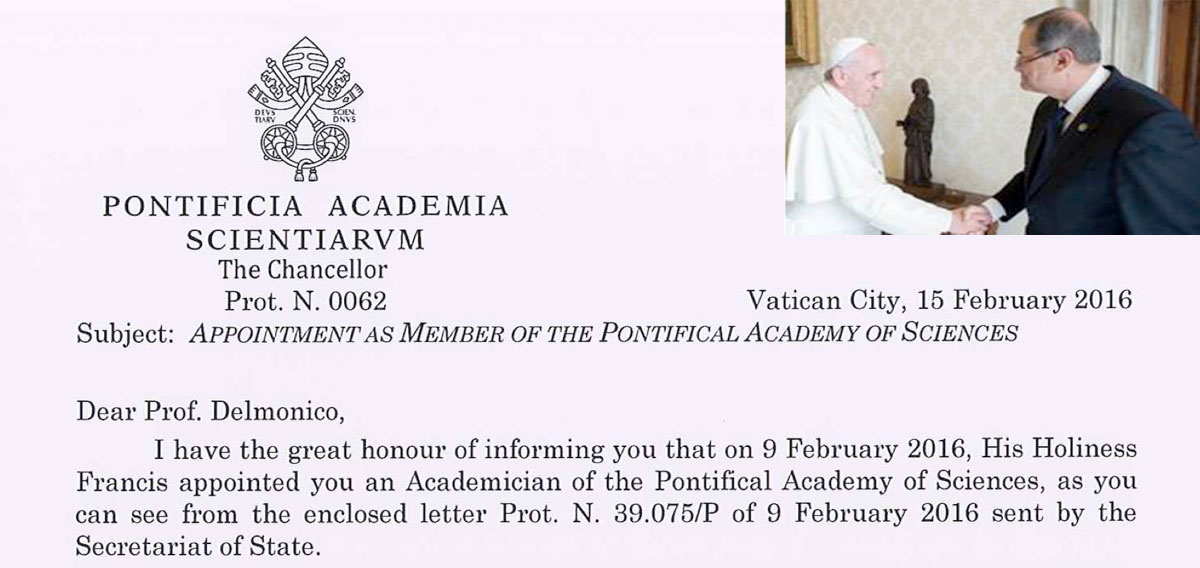
2016 ELECTIONS NOW OPEN - DEADLINE MARCH 31, 2016
ELECTIONS ARE CLOSED - RESULTS WILL BE ANNOUNCED ON AUGUST 18
Dear Colleagues,
I am pleased to announce the start of the 2016 TTS Elections. I encourage you to participate in this election to help determine your representatives for TTS 2016-2020 Council. To participate in the election you must be a Full Member of TTS with paid 2016 membership dues. To submit your ballot online, click the button below (you will be required to log into your account to submit your ballot). For any issues contact our Membership Services Coordinator (membership@tts.org).
Complete your ballot and press the submit button. Cast your vote online today, the deadline to vote is March 31, 2016. The future of TTS depends upon your participation in this important decision-making process. The results of the election will be announced at our 50th Anniversary International Congress being held in Hong Kong from August 18-23 (www.tts2016.org). I look forward to your participation in the election and seeing you at the Congress in Hong Kong.
Gabriel Danovitch
Secretary, The Transplantation Society
OFFICER NOMINEES
-
PRESIDENT-ELECT (2016-2018 THEN PRESIDENT 2018-2020)
- Mehmet A. Haberal • Turkey
Mehmet Haberal MD, FACS (Hon), FICS (Hon), FASA (Hon) is a pioneer in the fields of transplantation and burn treatment since 1975. After training with Thomas Starzl in Denver, he returned to Turkey and performed the first successful kidney and liver transplants in the country. In addition to several burn societies, he is Founder and President of MESOT, TOND, TDTD, and IHTEF. He served as President of ISBI (2006-2008), and as TTS Councilor for the Middle East and Africa (2004-2008). He received the TTS Millennium Medal in 2000. He is currently Governor and Turkey Representative of the ACS. He is Founder and Founder President as well as President of the Executive Supreme Board of Baskent University, which has established 10 hospitals/outpatient clinics and 15 additional dialysis centers throughout the country. - Elmi Muller • South Africa
Elmi Muller is the Head of the Transplant Unit at Groote Schuur Hospital in Cape Town, where she works as a transplant surgeon. She has been involved with TTS in the past as the Councilor for Africa and the Middle East and is currently the Treasurer of the Society. In South Africa she served as the President of the South African Transplantation Society between 2011 and 2015. As a surgeon, academic and office bearer of various societies, she has played an important role nationally and in advancing the cause of transplantation in Africa. In 2008 she established a programme using HIV positive donors for HIV positive recipients in Cape Town. Not only did this programme give new hope to HIV positive patients, but it changed national and international transplantation policies. Her research involves clinical as well as immunological and virological studies on these patients. - John J. Fung • United States
John J. Fung, M.D., Ph.D. is the Director of the Cleveland Clinic Health System Center for Transplantation. Prior to that, he served as Chairman of the Digestive Disease Institute at the Cleveland Clinic, as well as the former Chief of the Division of Transplant Surgery at the University of Pittsburgh. He has had over 30 years of involvement in kidney, liver, pancreas, islet, and intestinal transplantation as well as in clinical trials and basic immunology research. He has served The Transplantation Society Council since 2002 in a variety of positions. - Dirk R.J. Kuypers • Belgium
Dirk Kuypers is Professor of Medicine and Chair of the Laboratory of Nephrology, Department of Microbiology and Immunology, at the University of Leuven, Belgium. He is Head of the Department of Nephrology and Director of the Renal Transplantation Program at the University Hospitals Leuven. His clinical and translational research is focused on (personalized) immunosuppressive therapy and renal allograft surveillance using protocol biopsies and (bio)markers of allograft status. Professor Kuypers is the Immediate Past-President of the Belgian Society of Nephrology and the Kidney-Pancreas Committee of the Belgian Transplantation Society. In 2012, he was elected as European Councilor of The Transplantation Society. He is Editorial Board member of Therapeutic Drug Monitoring, Transplantation Reviews and Current Clinical Pharmacology, and associate editor of Transplantation. Professor Kuypers has published more than 240 papers on nephrology and transplantation and has authored several book chapters. - Vivekanand Jha • India
Vivek Jha, MD, DM, FRCP, FAMS, is Professor of Nephrology and a Senior Transplant Nephrologist at the Postgraduate Institute of Medical Education and Research, Chandigarh, India. He is a Councillor of TTS, current Co-chair of the TTS Education Committee, and co-chair of the Postgraduate Program Committee of TTS 2016. He is an advisor to WHO on Organ and Cell Transplantation. He has been a member of the Executive Committee of the Declaration of Istanbul Custodian Group for 6 years, was a member of the KDIGO Workgroup that developed guidelines for management for management of kidney transplant recipients and was an Associate Editor of the American Journal of Transplantation. He is a current Councillor of the International Society of Nephrology, and past Secretary of the Indian Society of Nephrology. - Stefan G. Tullius • United States
Stefan G. Tullius, MD, PhD, has dedicated his career to the improvement of transplantation and the search for novel and innovative applications; he is committed to the mission and the success of TTS. Dr. Tullius is Chief of Transplant Surgery, Director of the Transplant Surgery Research Laboratory at Brigham and Women’s Hospital, Boston, and Professor of Surgery at Harvard Medical School. Societal: (current): Councillor of TTS and chair of TTS‘ Basic Science Committee, UNOS Region 1 Associate Councillor, member of DICG; (past): ESOT Board member; founding chair of ESOT’s Basic Science Committee and AST’s Composite Tissue Transplant Committee; chair, AST Committee for Kidney/Pancreas Transplantation. Meeting organization, (current): Executive Organizing Committee of TTS Congress 2016, Hong Kong; (past): Chair/Co-Chair Transplantation Science Symposia in Cape Cod, USA, and Lorne, Australia. Editorial, (current): Executive Editor of Transplantation, AE of Transplant International; (past): AE and Consulting editor of AJT. Research: a most productive NIH funded Research Laboratory, with > than 300 publications.
SECRETARY (2016-2020)
TREASURER (2016-2020)
COUNCILOR NOMINEES
-
COUNCILOR-AT-LARGE - ASIA (2016-2020) - TWO POSITIONS AVAILABLE
- Sanjay Kumar Agarwal • India
Dr. Agarwal is Prof. & Head of Nephrology at AIIMS, New Delhi, India, a centre doing renal transplant since 1972 with 2400 transplants on file. Current and held positions: Council member of the International Society of Nephrology; Key Opinion Leader of TTS; Fellow of the Am. Soc. Nephrology; Assoc. Editor of the Journal of Indian Soc. Organ Transplant and Indian Journal of Nephrology; Executive Committee member of the Indian Society of Nephrology and Indian Society of Organ Transplant; Editorial Board member of the World J Transplant; Technical Advisor of the Govt. Of India for National Organ Transplant Program; Member of the committee making rules under the Indian Transplant Act and monitoring of transplant programs in India. Country Leader of India for TTS, Dr. Argarwal organised the 6th World Organ Donation Day in Delhi in 2009 and officer In charge of the National Organ and Tissue Transplant Registry (NOTTR), Govt. of India. He has over 240 publications and has been PI of 26 funded research projects. - Hiroto Egawa • Japan
Hiroto Egawa contributed to initiating a Kyoto LDLT program in 1986, finished 3 years fellowship at California Pacific Medical Center, returned to Kyoto in 1991 and moved to Tokyo Women’s Medical University as Professor of Surgery and Chair of Transplantation in 2011 where he then established a new program. He was a Chair of the Advisory Council of Japanese Society of Transplantation for 4 years and elected the President of JST in 2015. He is also a Council member of the Asian Society of Transplantation, an Associate Editor of American Journal of Transplantation, and a member of Educational Committee of TTS from 2015. He has published 290 articles in peer-reviewed journals. - S. Adibul Hasan Rizvi • Pakistan
Prof. S. Adibul Hasan Rizvi, Founder of SIUT - the largest urology, nephrology and transplant centre of South Asia based on the model of community government partnership, offering all treatment free with dignity. Founder of ethical transplant programme in Pakistan, Prof. Rizvi has performed 4700 living related kidney transplants to date, and is a pioneer of deceased programme and live related liver transplantation. He has played a pivotal role in promulgation of transplant legislation to ban transplant tourism and allow deceased donation. He is Past President the of Middle East Society of Organ Transplantation, the Transplant Society of SAARC, the Asian Society of Transplantation, and the Pakistan Transplantation Society. He has served on the TTS Ethics Committee, and as a member of the Declaration of Istanbul Custodian Group, and the WHO Advisory Panel on Organ Transplantation. Prof. Rizvi has received various awards for his major contributions in the field of medicine and transplantation, including the Ramon Magsaysay Award, Shaikh Hamdan Award, Dr. A. T. Shousha Medal, St. Paul’s Medal, Hunterian Professorship, Felix T. Rapaport Award, National Kidney Foundation Medal. - Kyung-Suk Suh • Korea
K.S. Suh is devoted to the field of liver transplantation especially in the field of living donor liver transplantation. Currently he is Chairman and Professor of the Department of Surgery at the Seoul National University College of Medicine, and Director of the Transplantation Center of Seoul National University Hospital. In 1999 he started the living donor liver transplantation program, and has since preformed more than 1,200 cases of LDLT and developed many innovative live liver donor operation techniques. He has served as Director of the Committee of International Affairs of the Korean Transplantation Society and Chairman of the Korean Association of HBP Surgery. Currently he is President of LDLT Study Group and has successfully hosted the Group’s first and second International Congresses. - Anantharaman Vathsala • Singapore
Professor Vathsala obtained her basic medical degree from Vanderbilt University School of Medicine and completed her Housemanship and Medical Officer training in Internal Medicine in Singapore. After completing her training in Nephrology at the Singapore General Hospital, she was awarded the Health Manpower Development in 1987 to train in renal transplantation at the University of Texas. She has also received training in research at the Rogosin Institute, Cornell University. She has furthered her research interests in transplantation, immunology and nephrology and has conducted many studies and clinical trials in these areas. She was awarded TTS Young Investigator of the Year in 1991 and has published over 80 papers in local and international journals. She was the founding President of the Society of Transplantation (Singapore) and is a past President of the Asian Society of Transplantation. She is a member of many academic societies and is on the Board of Editors of several local and international journals. - Peter J. Friend • United Kingdom
Peter Friend is Professor of Transplantation at the University of Oxford and Director of the Oxford Transplant Centre. He has worked previously at the University of Cambridge and at Indiana University. As a practicing transplant surgeon he has wide experience in all aspects of abdominal transplantation. He is active in both experimental and clinical research, particularly in the areas of normothermic organ preservation and novel immunosuppression; he has more than 200 peer-reviewed publications. He has held a number of national roles within transplantation in the UK and is a Past-President of the British Transplantation Society. - Joseph A. Grinyó • Spain
Josep M. Grinyó, MD (University of Barcelona, Spain), has been an active transplant nephrologist since 1981 at University Hospital of Bellvitge (Barcelona). He is Full-Professor of Medicine in the department of Clinical Sciences. He is mainly interested in ischemia/reperfusion injury, immunosuppression and chronic allograft damage. He has acted as a member of the Council of the ESOT, Consulting Editor of the American Journal of Transplantation and Associate Editor of Nephrology, Dialysis & Transplantation and Transplant International. He has given more than 300 invited lectures and published more that 200 peer-reviewed articles. - Christophe Legendre • France
Lille Medicine School, Nephrology residency in Montpellier (France), post-doctoral fellowship in Montreal (Immunogenetics, Pr RD Guttmann), professor of Nephrology at Paris Descartes University (1992), Head of Nephrology-Transplantation Unit at St Louis Hospital (Paris, 1997-2004) and Necker Hospital (Paris 2004-present). Publications in peer-reviewed journals > 400, H index = 58. Associate Editor of American Journal of Transplantation (2007-2015), Kidney International (2014-present) and Deputy Editor of Transplantation (2013-present). ESOT Educational committee (Hesperis program, 2009-2013). - Johann Pratschke • Germany
Johann Pratschke, MD,PhD, FACS, has devoted his career to transplantation and surgery. He graduated from Munich University and trained as an academic transplant surgeon in Berlin, Germany and Boston, Massachusetts. From 2009-2014 he was Chief of Transplantation and Surgery at the University of Innsbruck/Austria, and currently heads the Department of Transplantation and Surgery at the Charite, Berlin, Germany. Dr. Pratschke was founding member of the Basic Science Committee and the European Pancreas and Islet Transplantation association of ESOT. He served as German Delegate for the Declaration of Istanbul and was Co-chair of the ESOT Congress 2013 in Vienna, Austria. He has >300 published articles in peer reviewed journals. - Gabriel E. Gondolesi • Argentina
Dr. Gondolesi earned his M.D. from the Faculty of Medical Sciences of the National University of La Plata in Argentina. He completed a fellowship in Hepatobiliary Surgery and Liver Transplantation at the Favaloro Fundacion in Buenos Aires followed by a fellowship in Multiorgan Transplantation at Mount Sinai Hospital, New York between 1999 and 2001. Afterwards he returned to Argentina as the Director of the Intestinal Transplant and Rehabilitation program, and Chief of Pancreas Transplant at Hospital Universitario Fundacion Favaloro. He became Director of the Multi-organ Transplant Institute and Chief of General Surgery in 2009. He currently has more than 100 journal publications and over 2800 citations in transplant literature. Among Dr. Gondolesi's many society memberships are the Argentine Association of Surgery and the Argentinean Society of Transplantation, the American Association of Transplant Surgeons, the Society for Surgery of the Alimentary Tract, and International and Americas Hepato-Bilio-Pancreatic Association, as well as the American Medical Association. He currently is Secretary-Treasure of the Intestinal Transplant Association, and was chairman of the XIV International Intestinal Transplant Symposium, held in Buenos Aires in June 2016 - Medhat Askar • United States
Medhat Askar, MD, PhD, MSHPE, FRCPath (London), D(ABHI), D(ABMLI), HCLD(ABB), Director of Transplant Immunology, Baylor University Medical Center, Dallas, TX, USA. He is a passionate educator (with a Masters in Health Education) who has published and given many lectures on various topics of histocompatibility, transplant immunology and laboratory accreditation to multi-disciplinary healthcare professionals at various stages of their careers. He has been actively involved with TTS, as a member Education Committee since 2011 and Co- Chair (2012-2014), established TTS Education Academy and is currently Co-Director of the CME accredited Advanced Renal Transplantation Learning Series. He is Board member of the American Society for Histocompatibility and Immunogenetics (ASHI); Project Leader, International HLA and Immunogenetics Workshop. - Burcin Ekser • United States
Burcin Ekser, MD, PhD is an Assistant Professor of Surgery at Indiana University School of Medicine where he completed his clinical fellowship in Abdominal Organ Transplant Surgery. He completed his residency in General Surgery with magna cum laude at the University of Padua, Italy. He spent several years in Xenotransplantation Research under the supervision of Dr. Emanuele Cozzi (Italy) and Dr. David K.C. Cooper at the Thomas Starzl Transplantation Institute, University of Pittsburgh, where he also completed his research for the PhD training. He is a member of many societies including, AST, ASTS, ESOT, ILTS, SITO, AASLD. He currently serves as a member of the Grant Review Committee, ASTS and of the Basic Science Committee, ILTS. He published >80 scientific papers and won several young investigator awards (ATC, ILTS, IXA, TTS). He currently serves on the editorial board of Xenotransplantation and International Journal of Surgery. - Joren C. Madsen • United States
Dr. Madsen is a Professor of Surgery at Harvard Medical School and the W. Gerald and Patricia R. Austen Distinguished Scholar in Cardiac Surgery at Massachusetts General Hospital. He is the founding director of the MGH Transplant Center, co-director of the Center for Transplantation Sciences at MGH. Dr. Madsen received a D.Phil. degree in immunology from Oxford University under Professor Kathryn J. Wood and Sir Professor Peter J. Morris and has dedicated his academic career to the study of transplantation tolerance, chronic rejection and innate immunity. He is the recipient of the Fujisawa Basic Science Award and was the first surgeon to be elected President of the American Society of Transplantation (2009). - Abraham Shaked • United States
Abraham Shaked, MD, PhD is Director of the Transplant Institute at the University of Pennsylvania and the Children’s Hospital of Philadelphia. He completed a surgical residency and a PhD in immunology in New York, followed by a transplant fellowship at UCLA. Avi has built a busy clinical center and a successful translational research program at Penn. He has been involved in national transplant policy development and advancement of transplant research, serving as President of the ASTS, and participating on NIH review committees, UNOS board of Directors, and as executive organizing the two WTC meetings with TTS. He has been a strong advocate for building transplant programs around the world with many international collaborations. - Peter G. Stock • United States
Peter Stock, MD, PhD, Professor of Surgery at the University of California, San Francisco has long served the transplant community, and remains clinically active in pancreas, liver, and kidney transplantation. He has extensive experience in the surgeon-scientist role, with NIH funding in the areas of cellular transplantation and transplantation in the HIV-infected transplant recipient. Dr. Stock has served: TTS Education Committee (2011-1014); IPITA Councilor (2011-2015); Chair OPTN/UNOS Pancreas Committee (2006-2007), Chair OPTN/UNOS Kidney Committee (2007-2009), SRTR liaison to UNOS Liver Committee (2012-2014); and President of the American Society of Transplant Surgeons (2014-2015). As the US James IVth Travelling Surgical Fellow (2000), visits to transplant programs in Australia (Sydney), South Africa (Cape Town), India (Chennai), China (Hong Kong), Korea (Seoul), and UK (Oxford) set the foundation for ongoing relationships that will facilitate moving the agenda of TTS forward.
COUNCILOR-AT-LARGE - EUROPE (2016-2020) - ONE POSITION AVAILABLE
COUNCILOR-AT-LARGE - LATIN AMERICA (2016-2020) - ONE POSITION AVAILABLE (UNOPPOSED - ELECTED)
COUNCILOR-AT-LARGE - NORTH AMERICA (2016-2020) - TWO POSITIONS AVAILABLE
IN MEMORIAM – PAUL TERASAKI
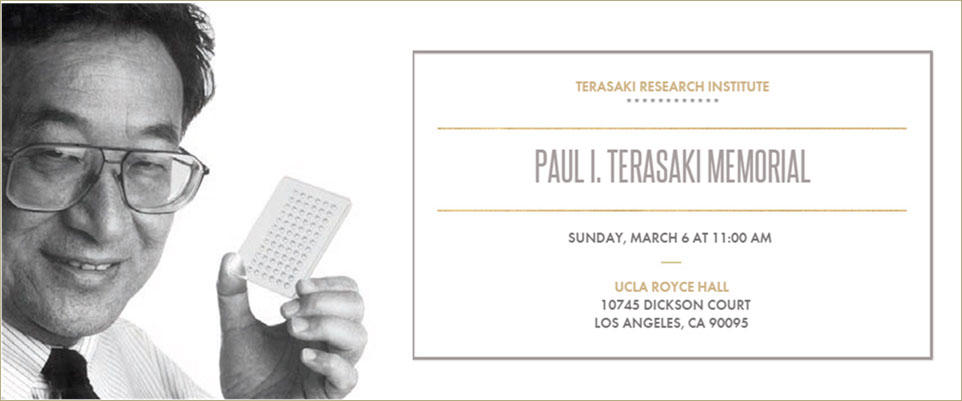
If you are planning to attend please RSVP at https://terasaki.org
Date: Sunday, March 6, 2016 | Time: 11:00 AM
Location: UCLA Royce Hall, 10745 Dickson Ct, Los Angeles, CA 90095
Parking Information will be forwarded upon receipt of RSVP
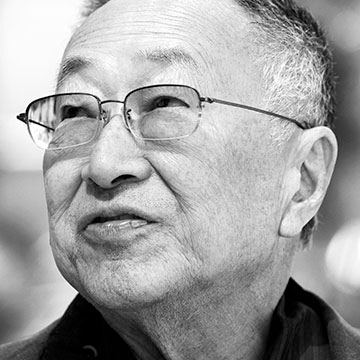 |
We announce with sadness the passing on January 25th, of Dr Paul Terasaki Emeritus Professor Surgery at UCLA, after a long illness. |
The name “Terasaki” is inextricably linked to the development of the field of organ transplantation from its inception to the present day. Paul Terasaki lived most of his long life in Los Angeles, including a period in a US Japanese internment camps during his high school years during World War II. He developed the micro cytotoxicity assay that improved our understanding of anti-HLA antibodies and the molecular basis of rejection. His assays were used in HLA laboratories around the globe for allocating organs, preventing hyper-acute rejection and fostering a unique international collaboration in our understanding of the HLA system. Much of what we take for granted today in clinical transplantation was the result of his pioneering work. After completing a doctorate in Zoology he undertook post-doctoral research studies with Sir Peter Medawar in London. Much of his professional life was at UCLA where he became Emeritus Professor Surgery. His energy and innovative thinking was universally recognized and remained with him despite advancing age and illness. He founded the UCLA HLA Laboratory and the UCLA Kidney Transplant Registry. He founded One Lambda, an Immunodiagnostics company, he was the founder of the Terasaki Foundation, and was the recipient of the prestigious UCLA Medal. He served with distinction as president of the Transplantation Society from 1982 to 1984. On behalf of the Transplantation Society I would like to offer the Terasaki family our sincere condolences and to assure them that he will be remembered with fondness, deep gratitude, and respect as one of the giants of the field of organ transplantation.
Philip J. O’Connell
President (2014-2016)
Other articles about Paul Terasaki
Tributes: Links of Interest:NEW TRANSPLANT CENTERS JOIN THE ISN-TTS SISTER TRANSPLANT CENTER PROGRAM
TTS is pleased to announce the latest list of transplant centers that have been accepted into the ISN-TTS Sister Transplant Center Program. These centers will take part in this program in 2016 following a call for applications in September 2015.
The ISN-TTS Sister Transplant Center Program is a joint partnership set up between TTS and The International Society of Nephrology (ISN) (https://www.tts.org/affiliations/initiatives/isn-tts-sister-transplant-center-program) to create new kidney transplant centers and develop existing kidney transplant programs in emerging countries.
The selected centers that will work together next year are:
- Jawaharhal Nehru Institute of Medical Sciences, India and University Hospitals Coventry & Warwickshire NHS Trust, UK
- Institute of Medicine, Nepal and Monash Medical Centre, Australia
- Kidney Transplant Unit at Southern Philippines Medical Center and University of Barcelona
- Al Najah University Hospital, Palestine and Royal Liverpool University Hospital, UK
- Fundacion Valle del Lili, Colombia and Boston Children's Hospital, USA
This initiative encourages transplant centers to work together to increase opportunities for kidney transplant patients in developing countries. An experienced transplant center in the developed world lends its support to an emerging transplant center to facilitate vital multidisciplinary training and encourage both centers to exchange their knowledge and expertise. The results are beneficial to both sides. Supporting centers get involved in global health, spread ethical and competent transplantation to regions of the world with limited or no current access to transplantation. Emerging centers connect with a multidisciplinary team of international experts in transplantation from a world-leading center.
Click here to learn moreContact
Address
The Transplantation Society
International Headquarters
740 Notre-Dame Ouest
Suite 1245
Montréal, QC, H3C 3X6
Canada
Используйте Вавада казино для игры с бонусом — активируйте промокод и начните выигрывать уже сегодня!

